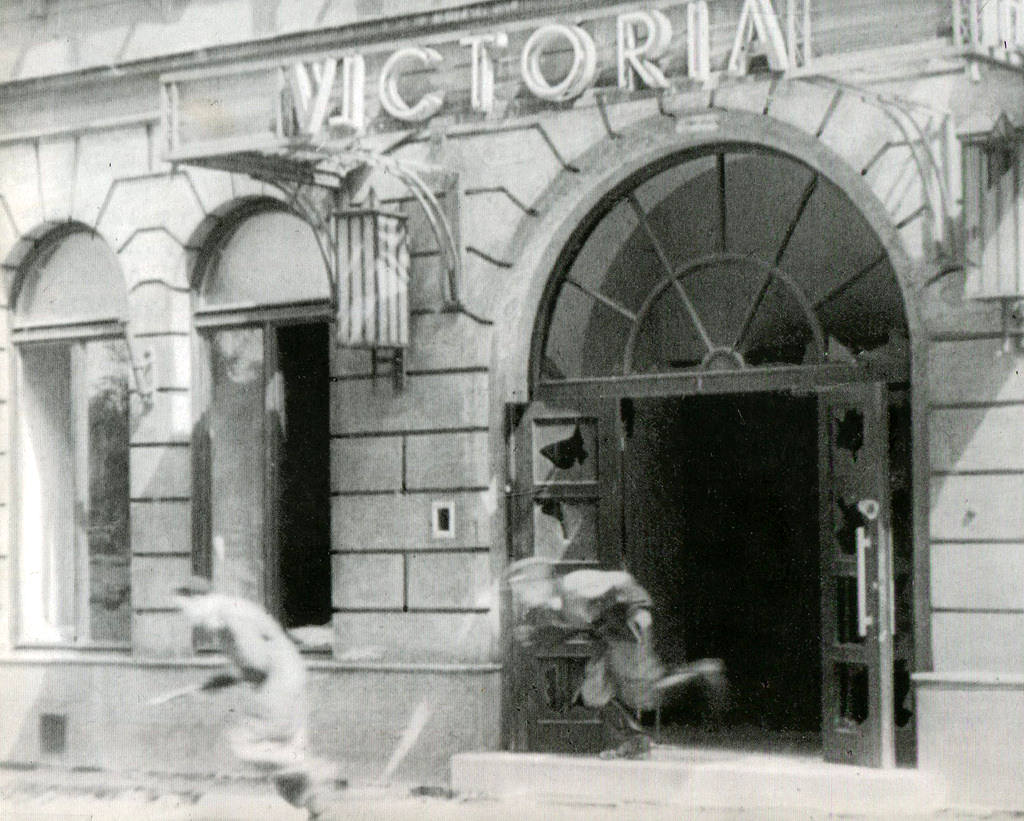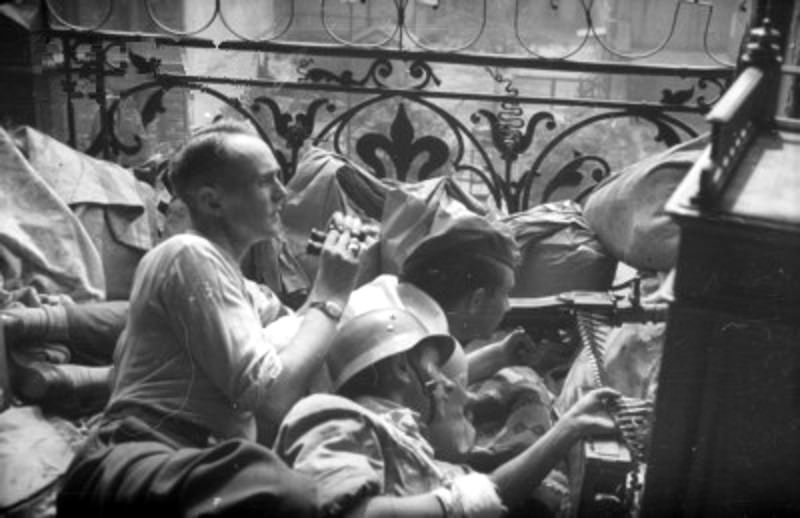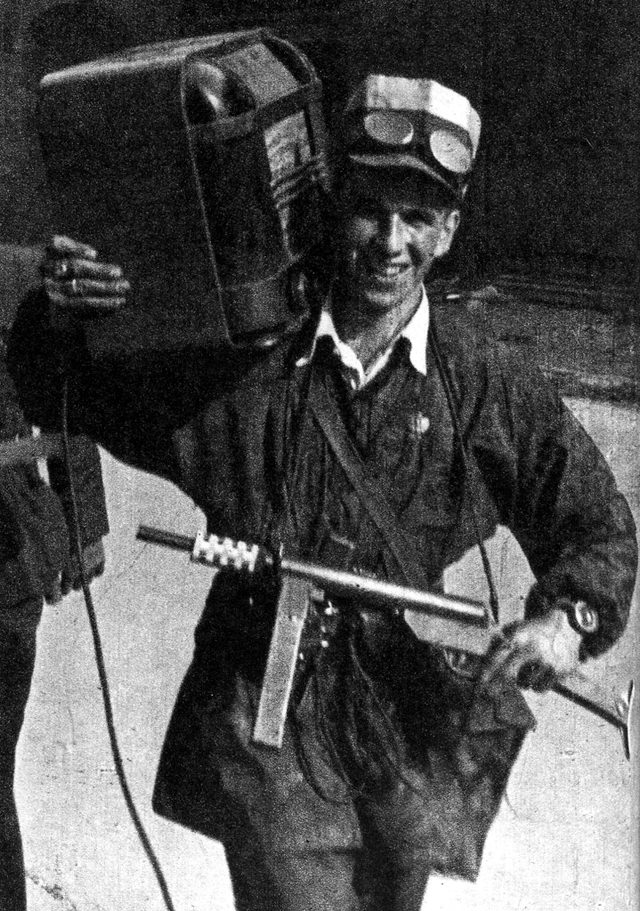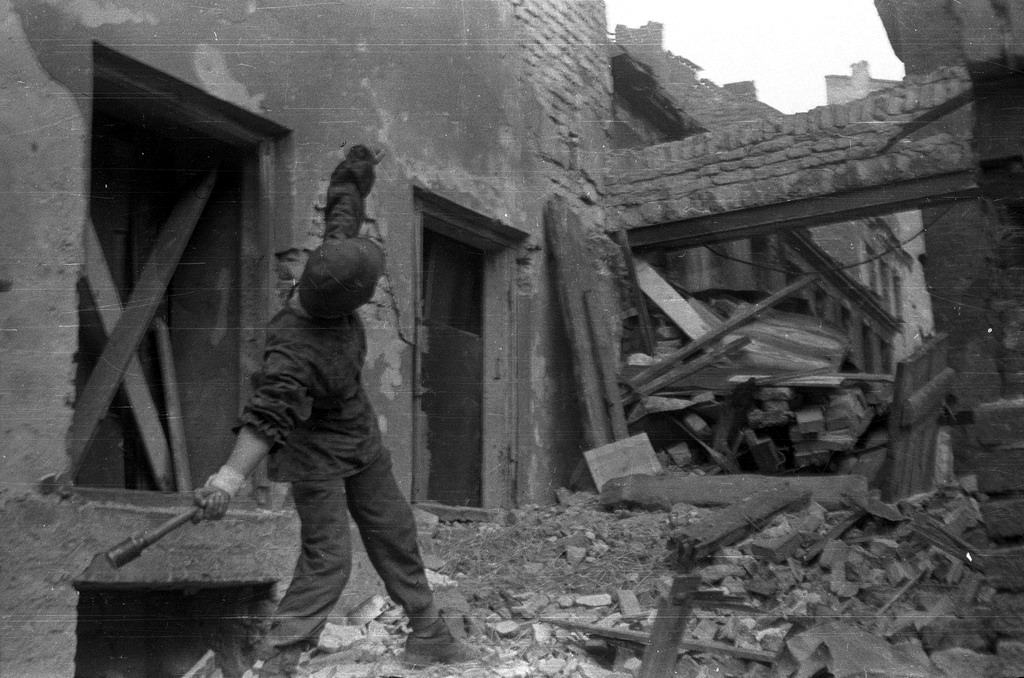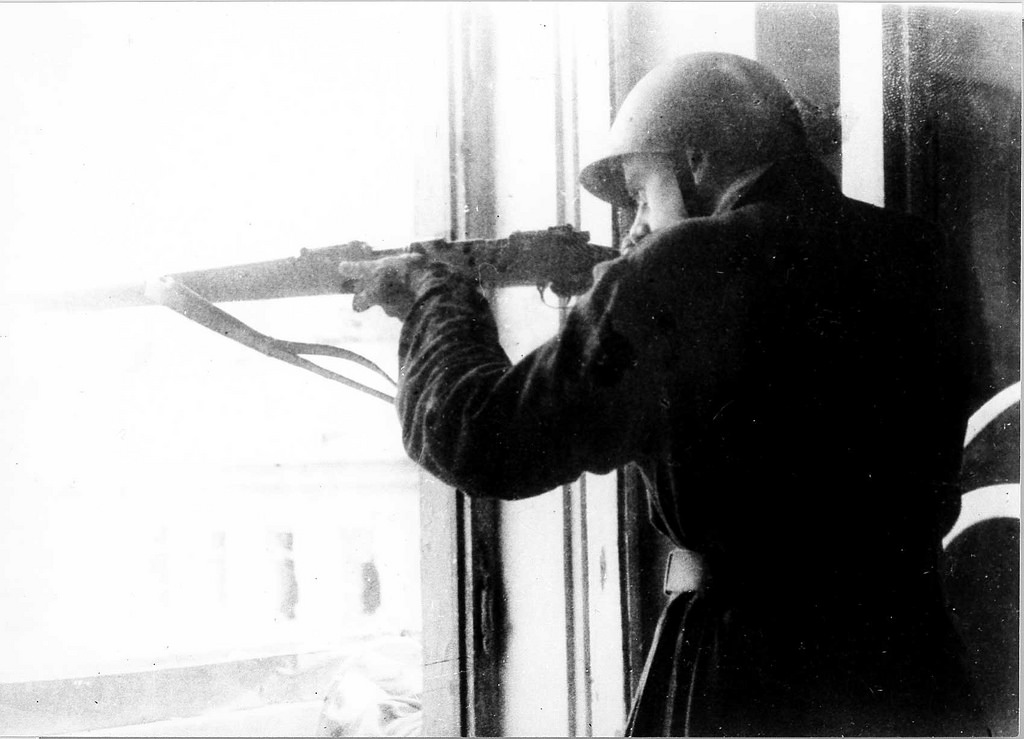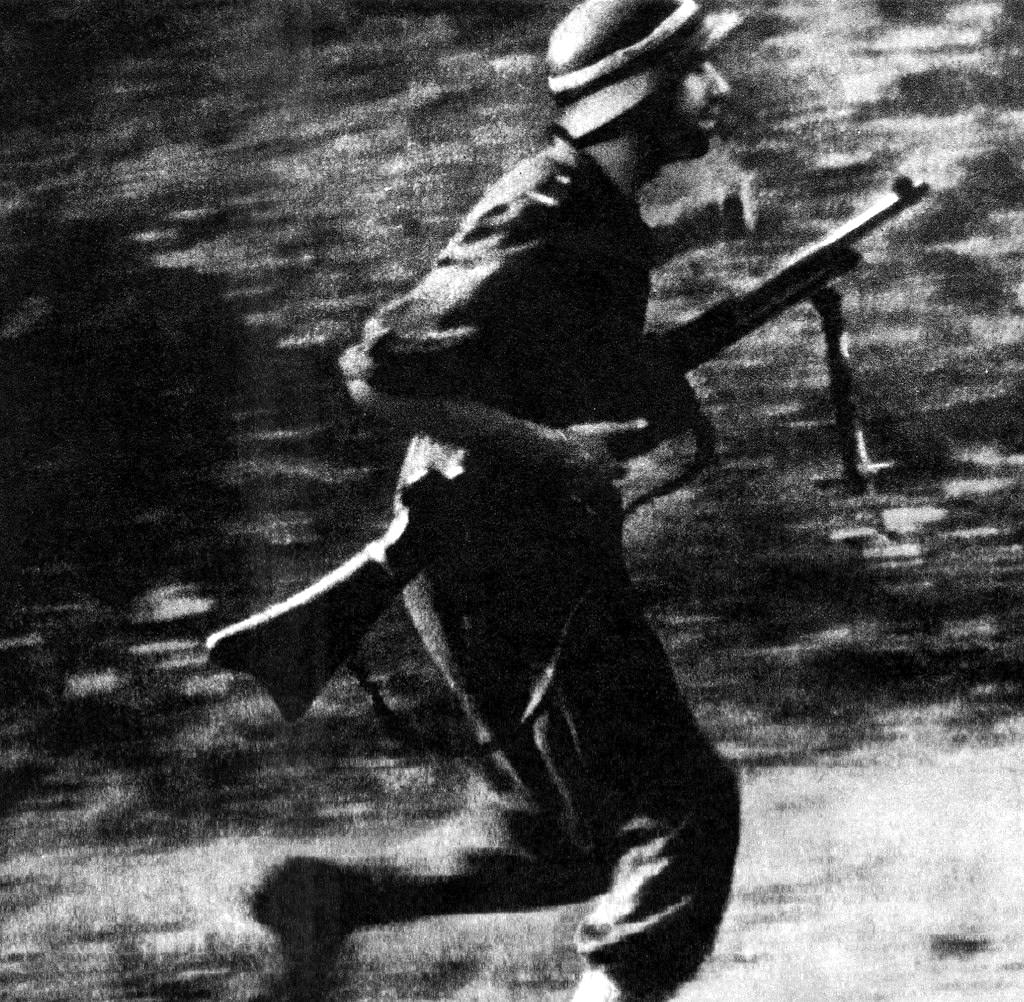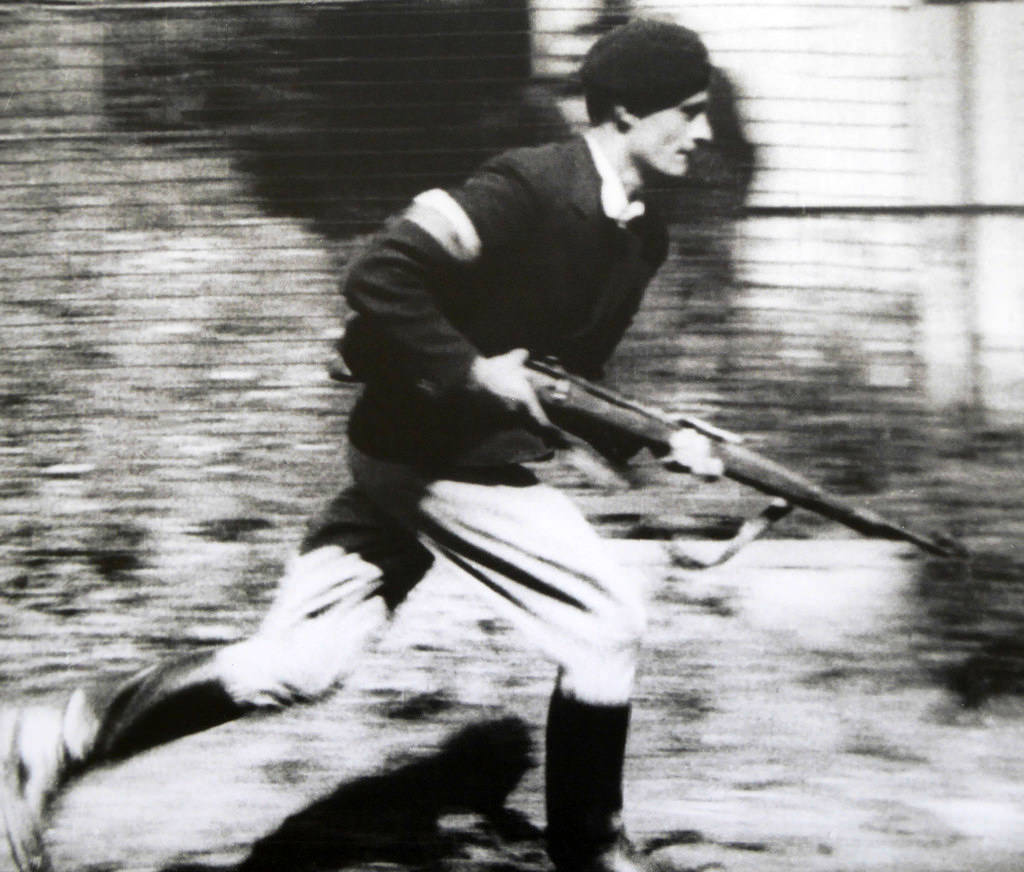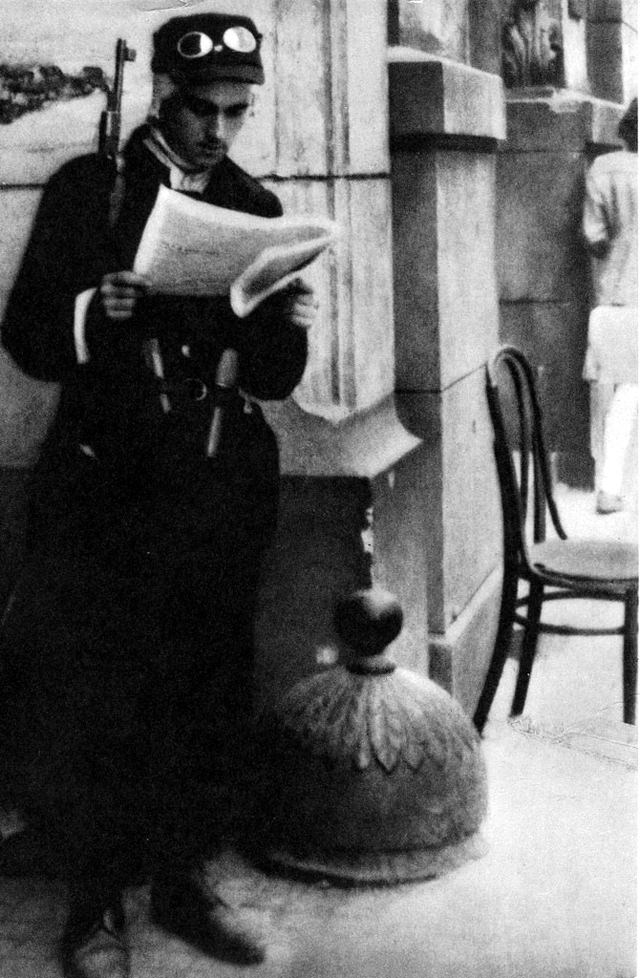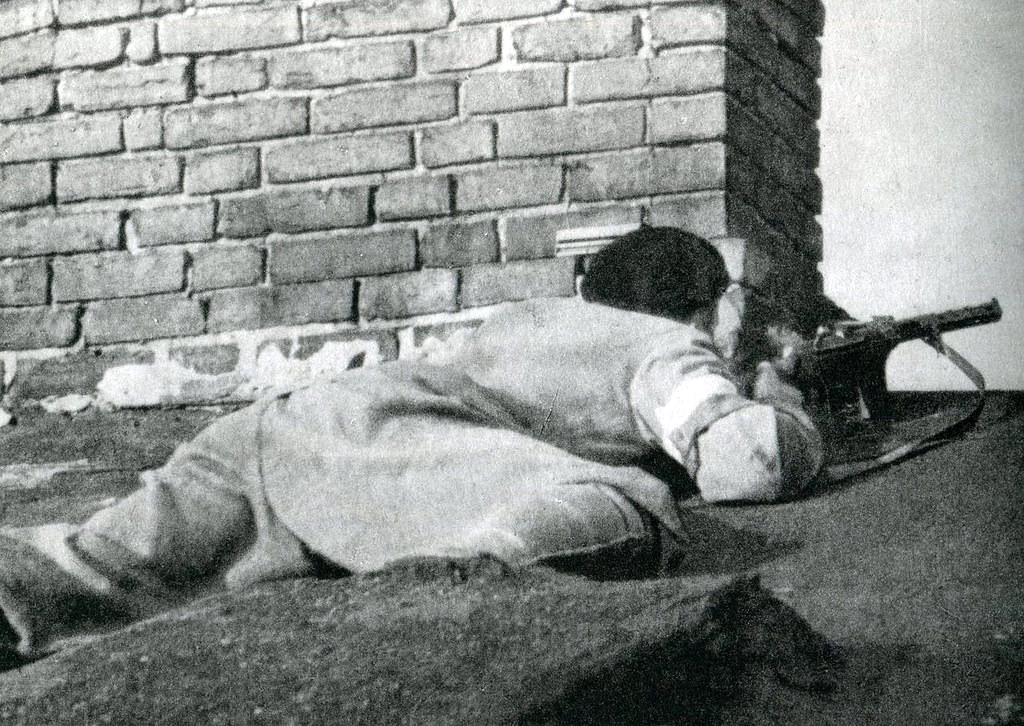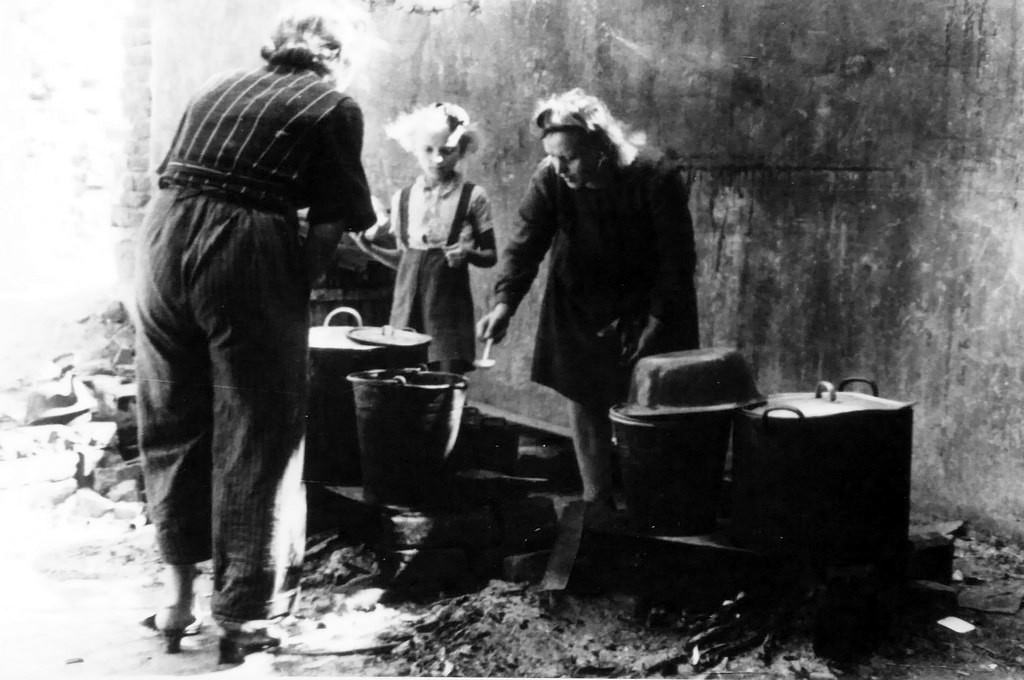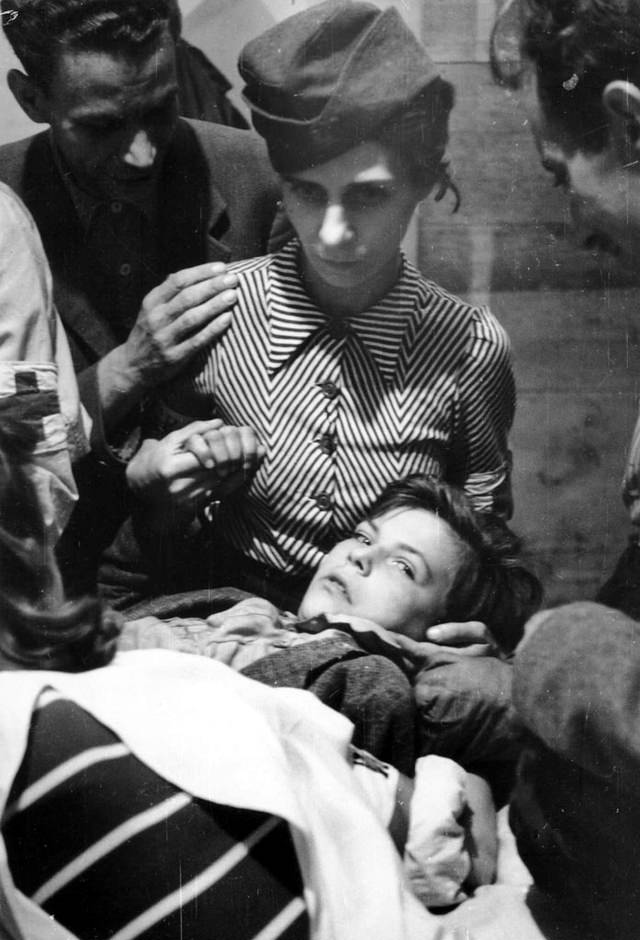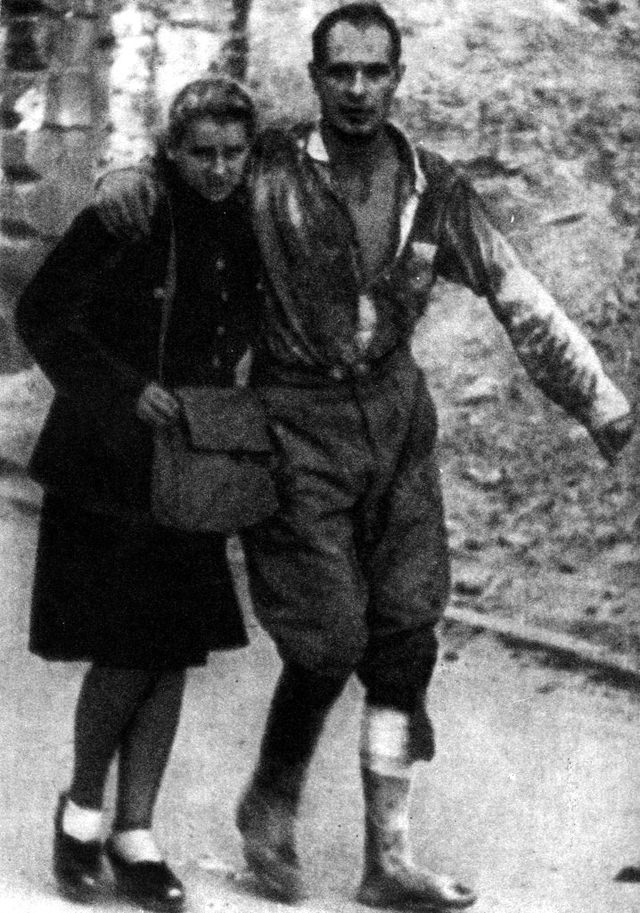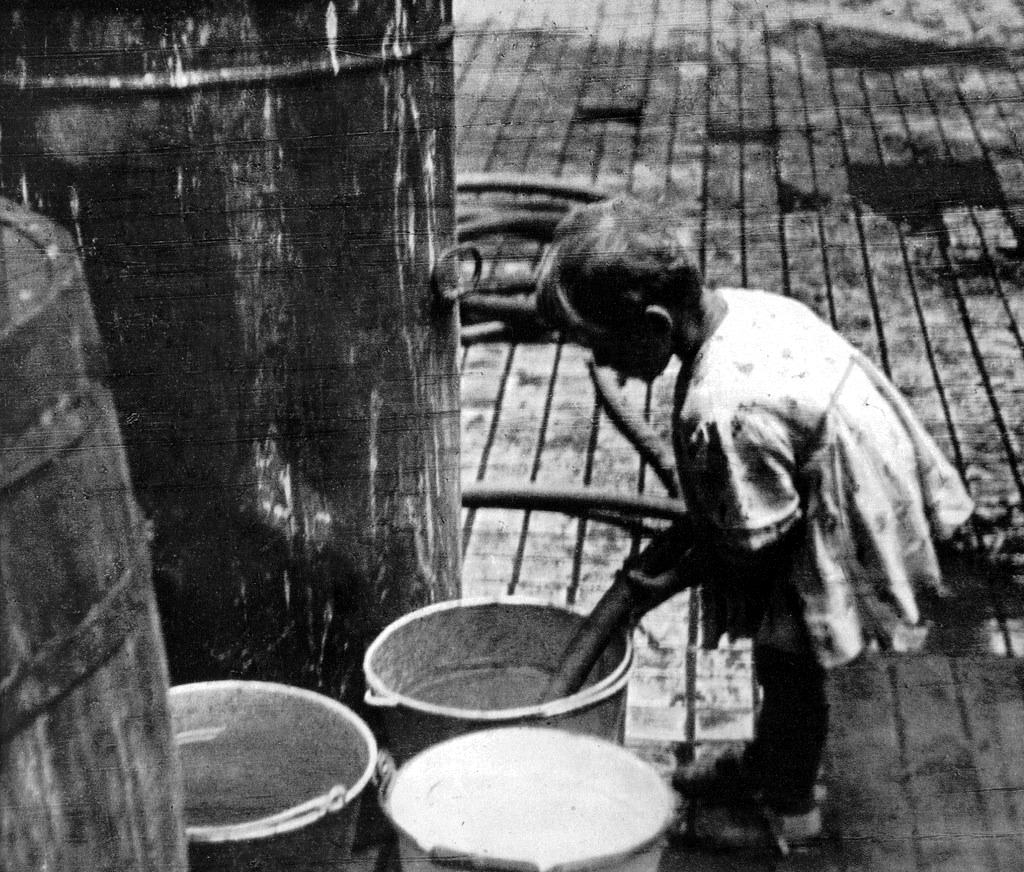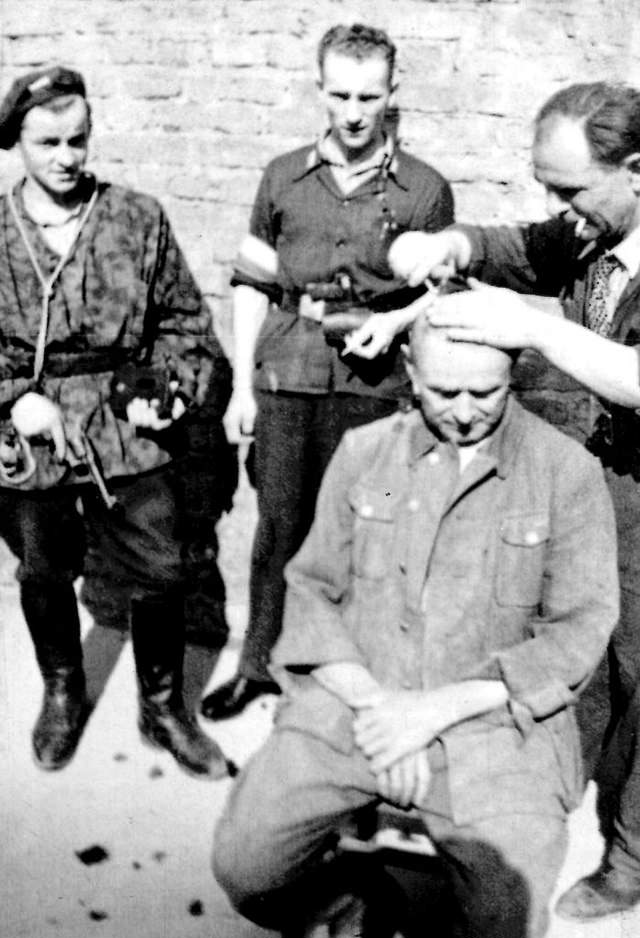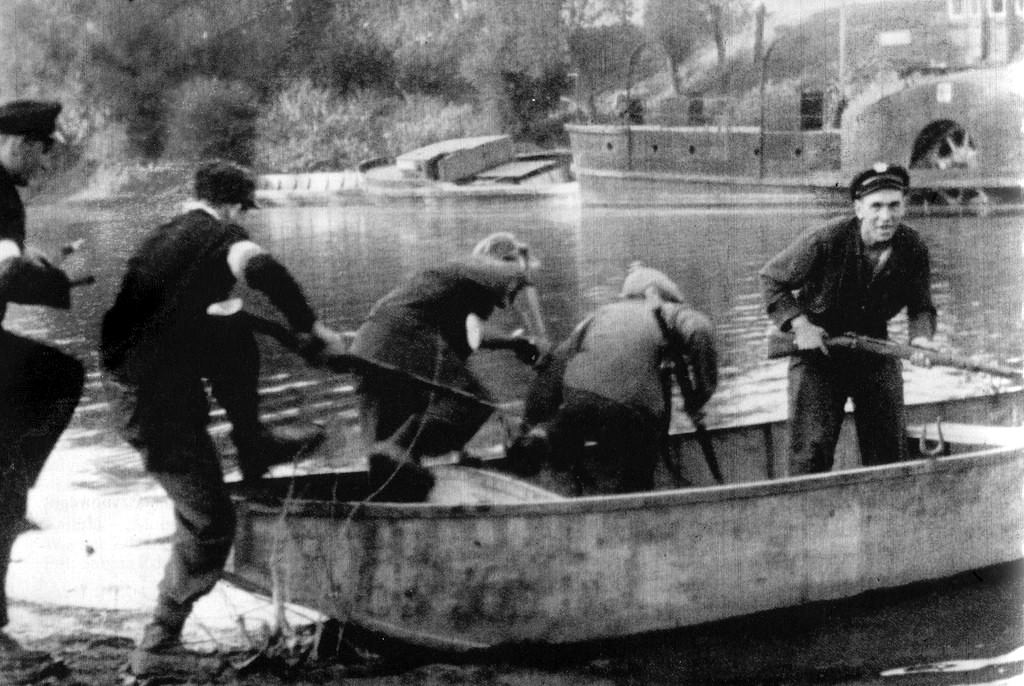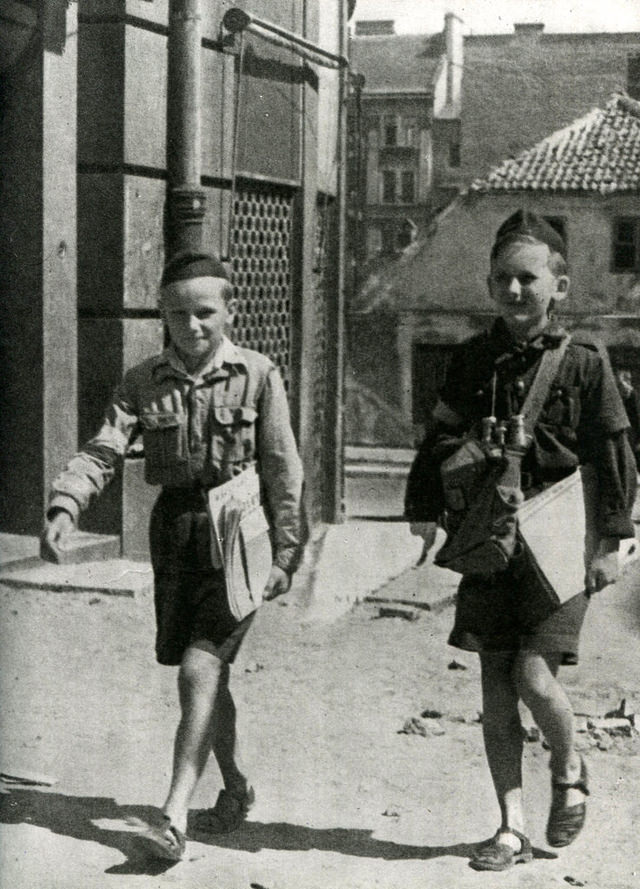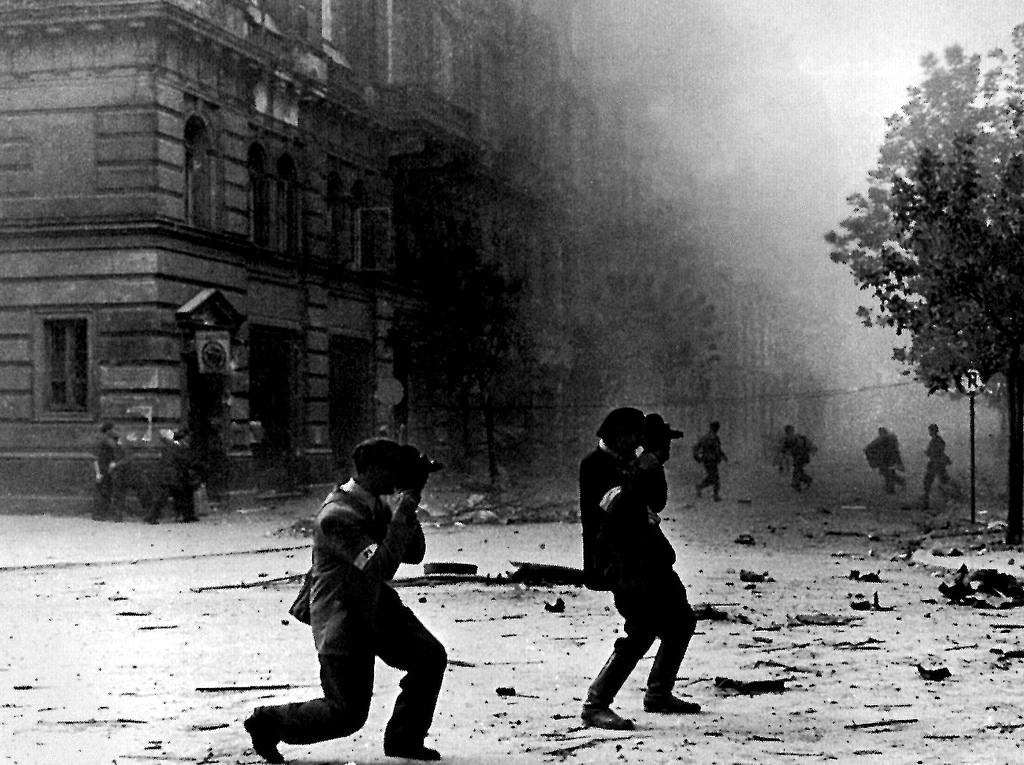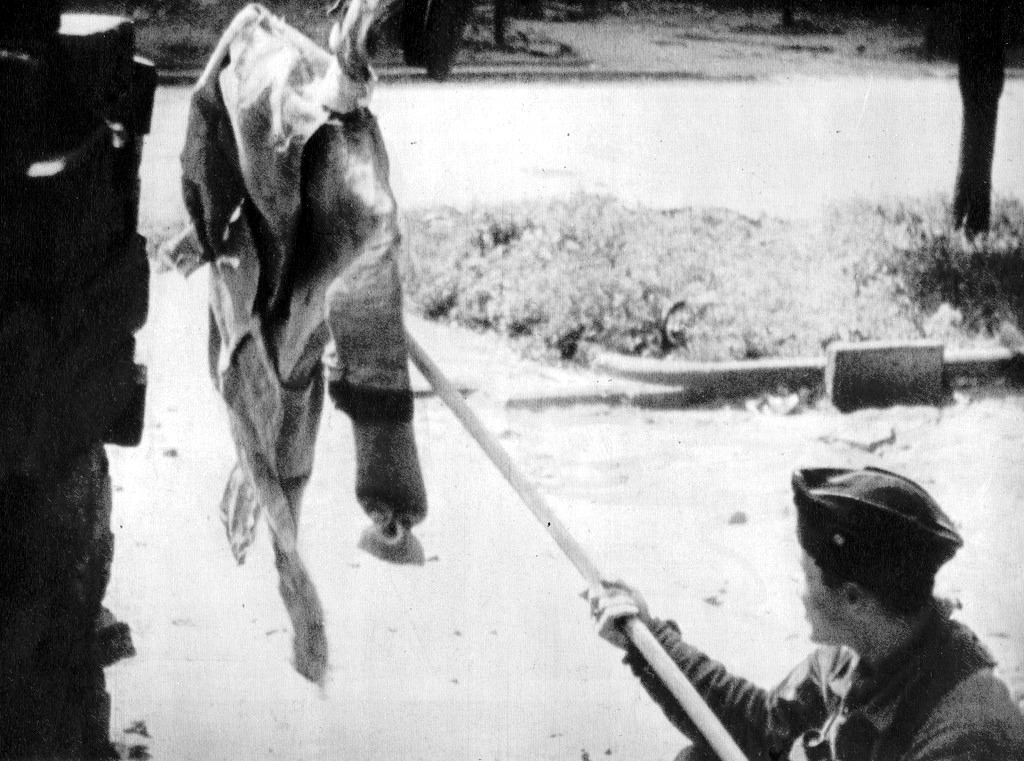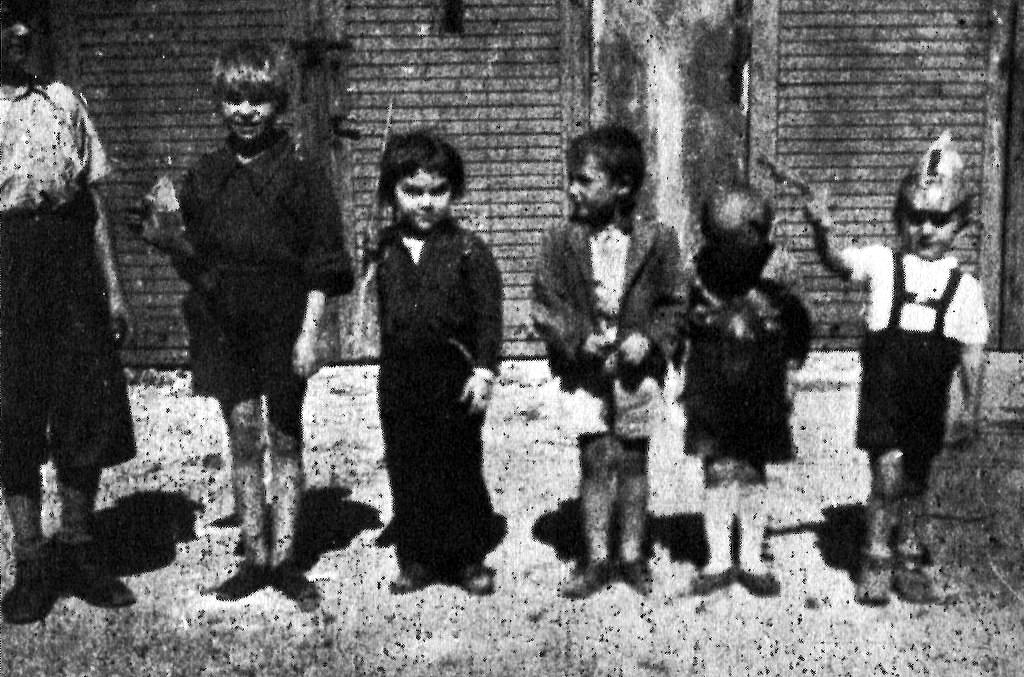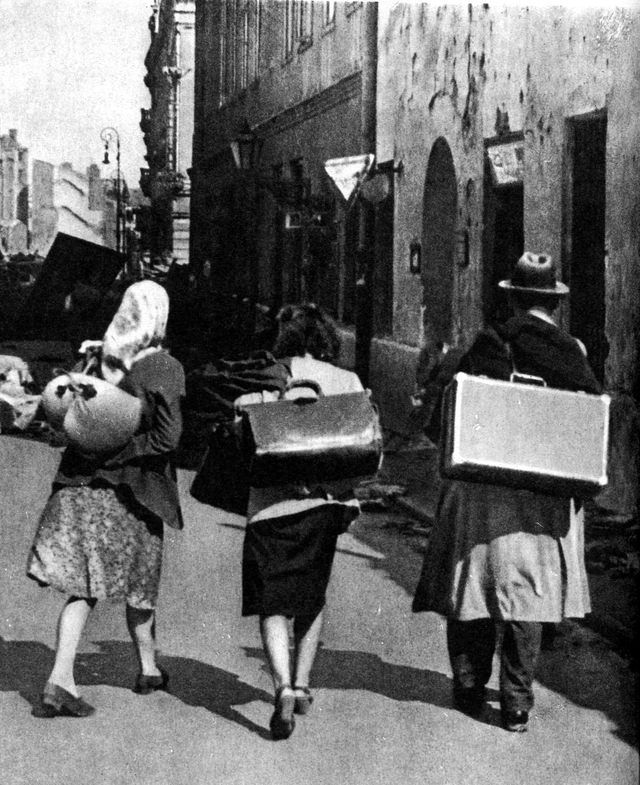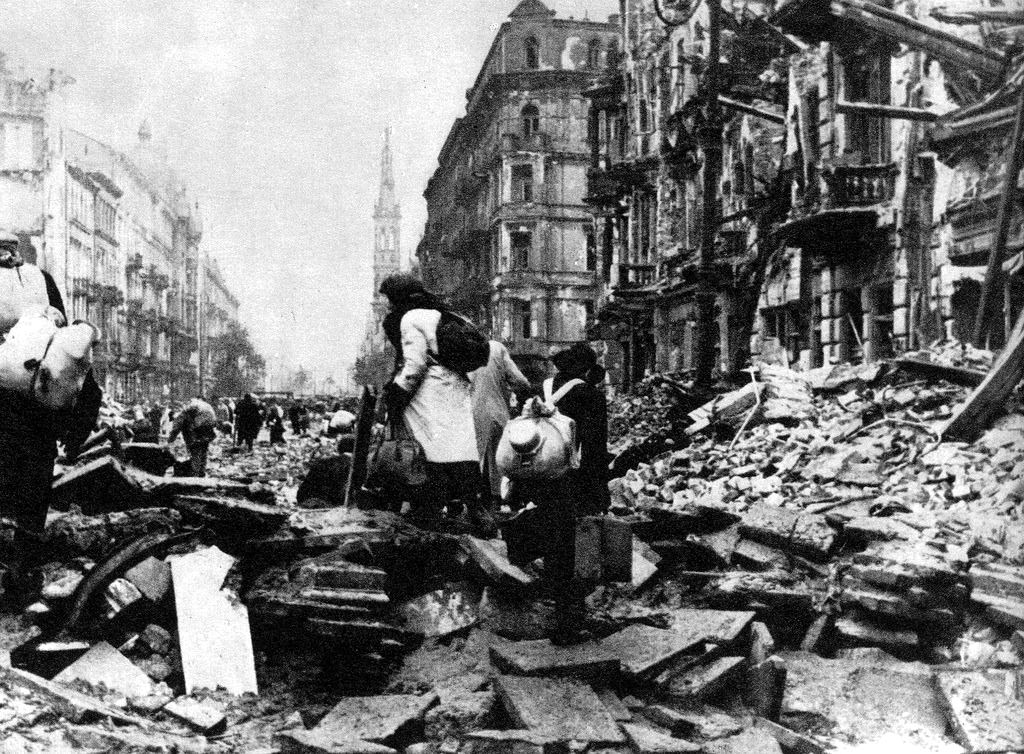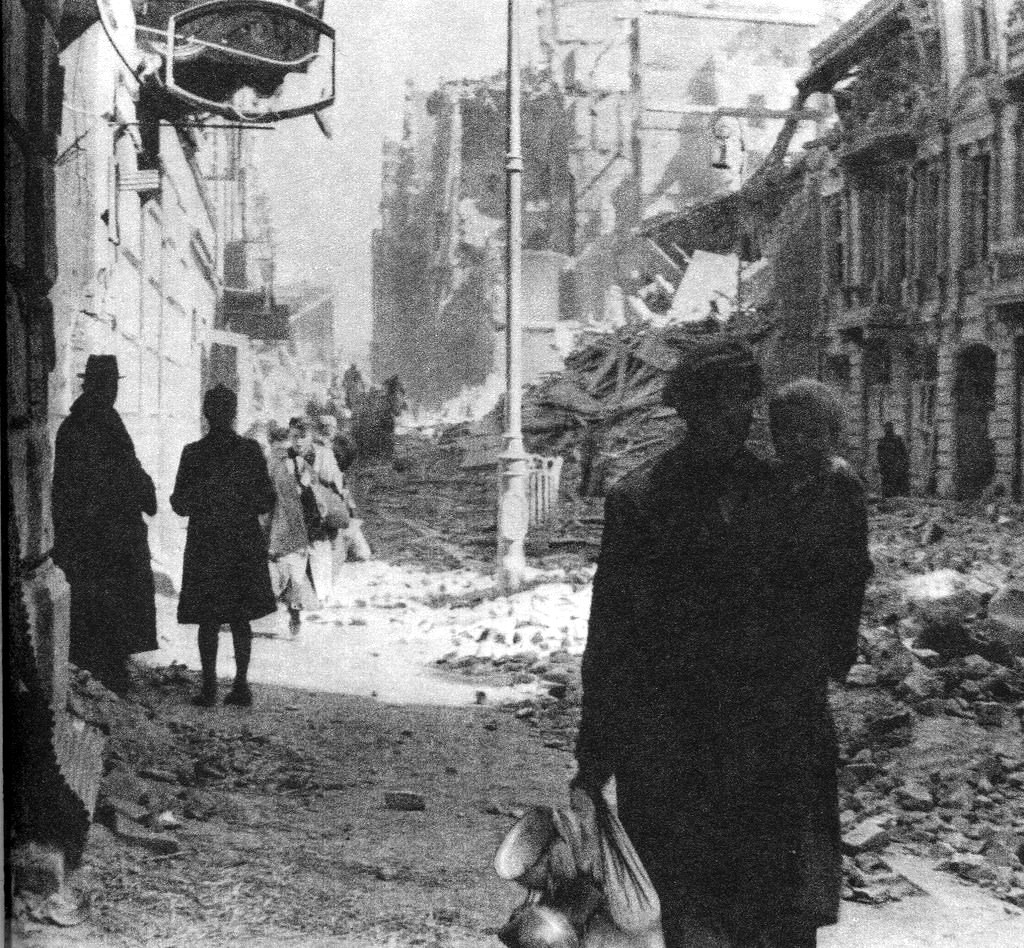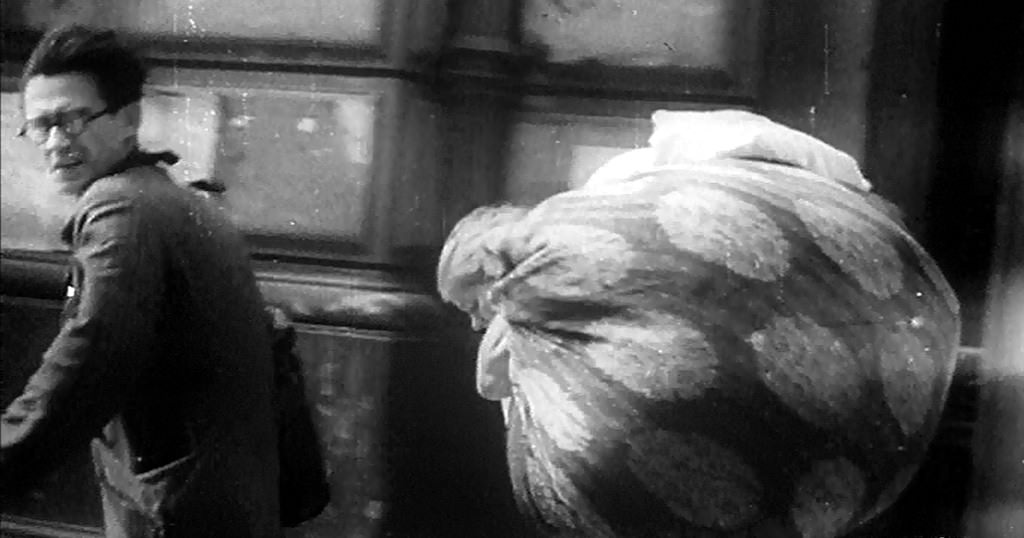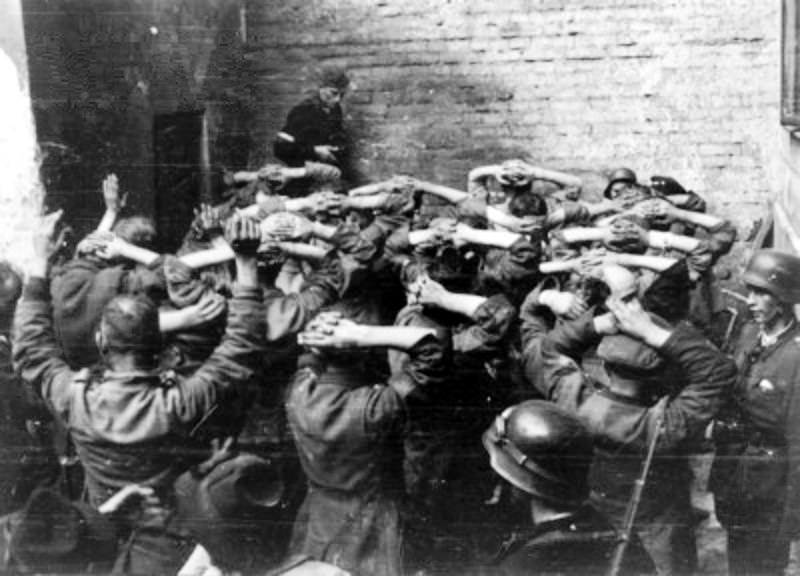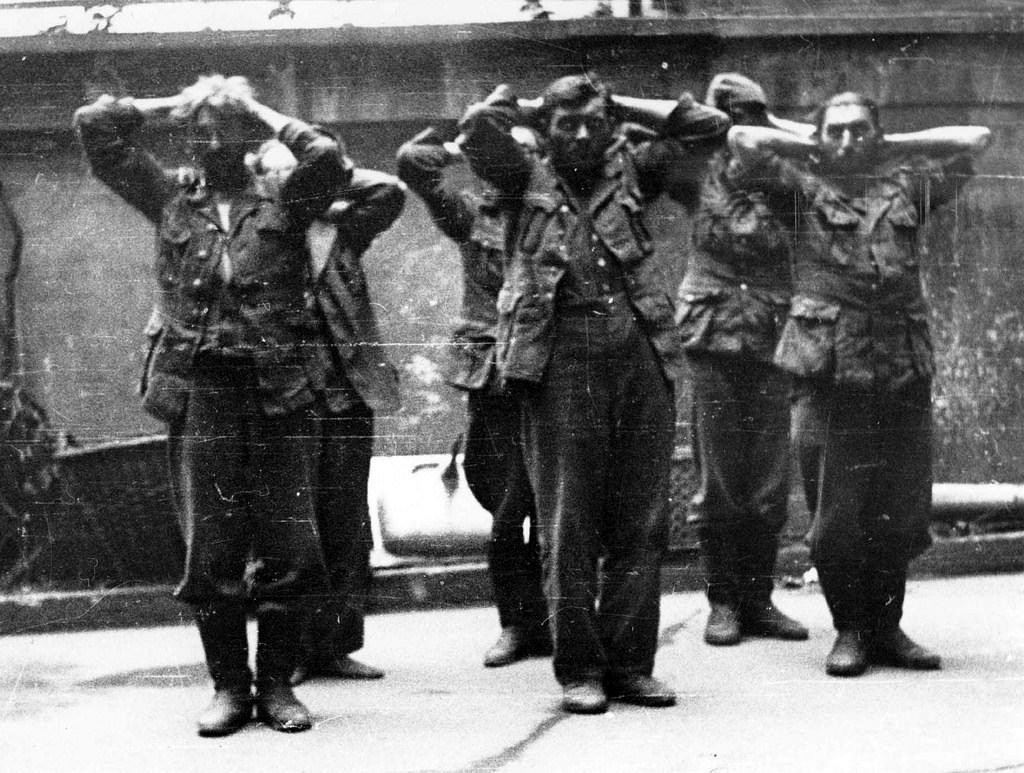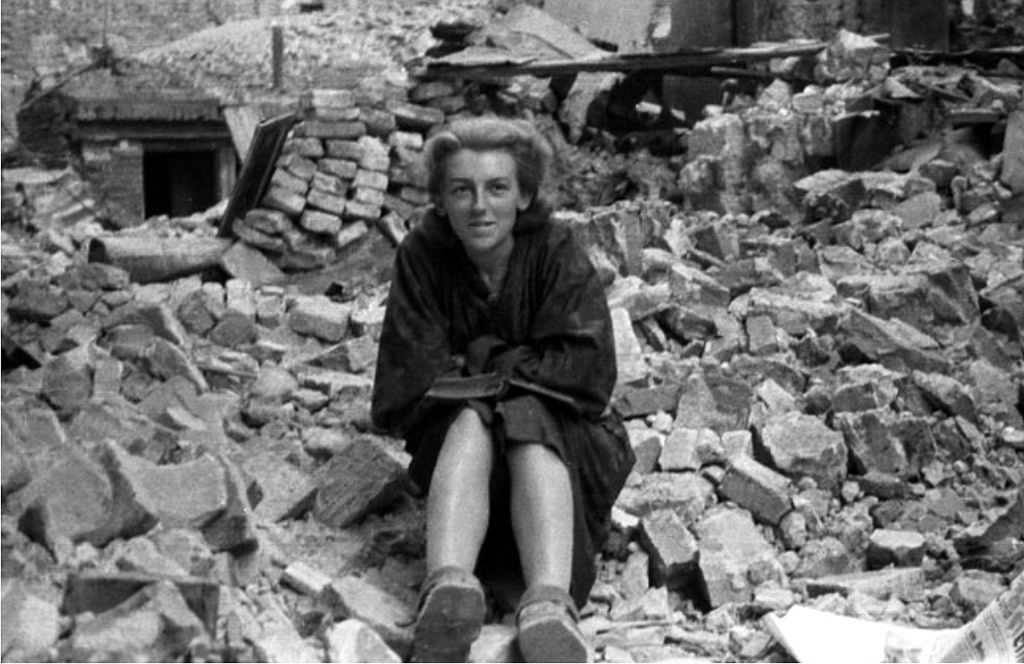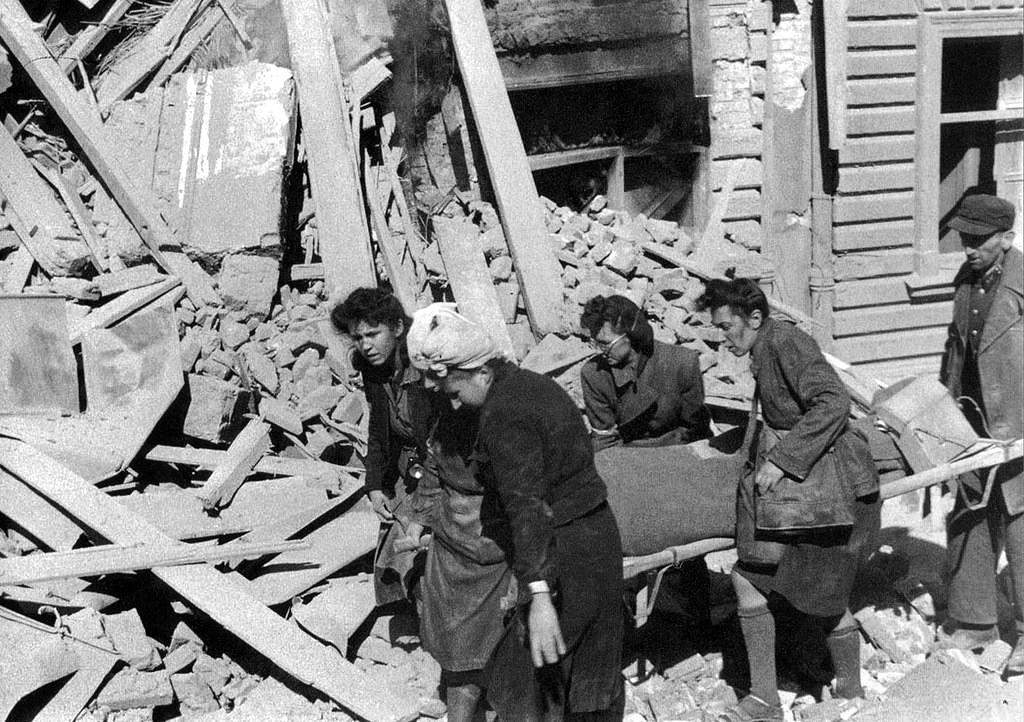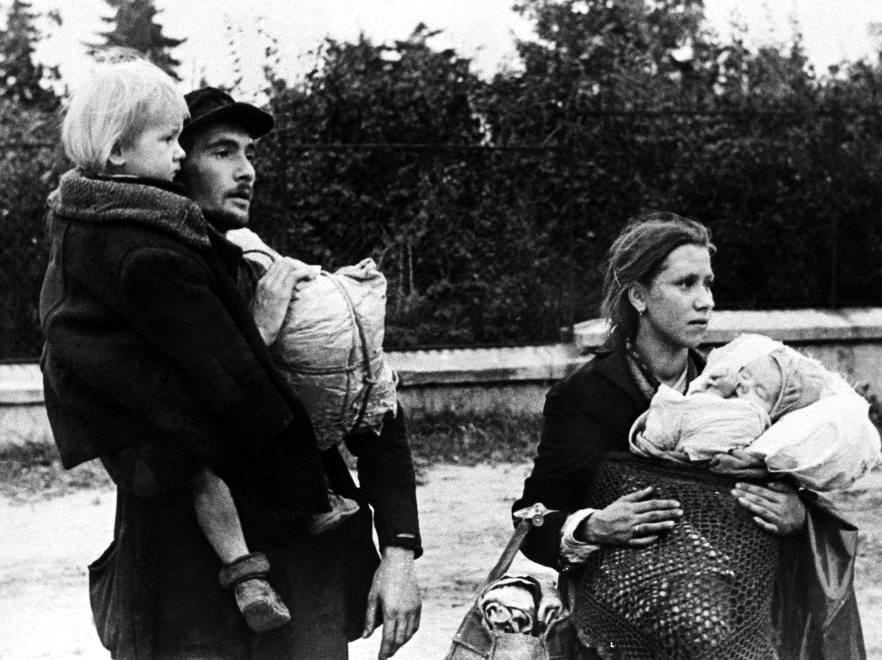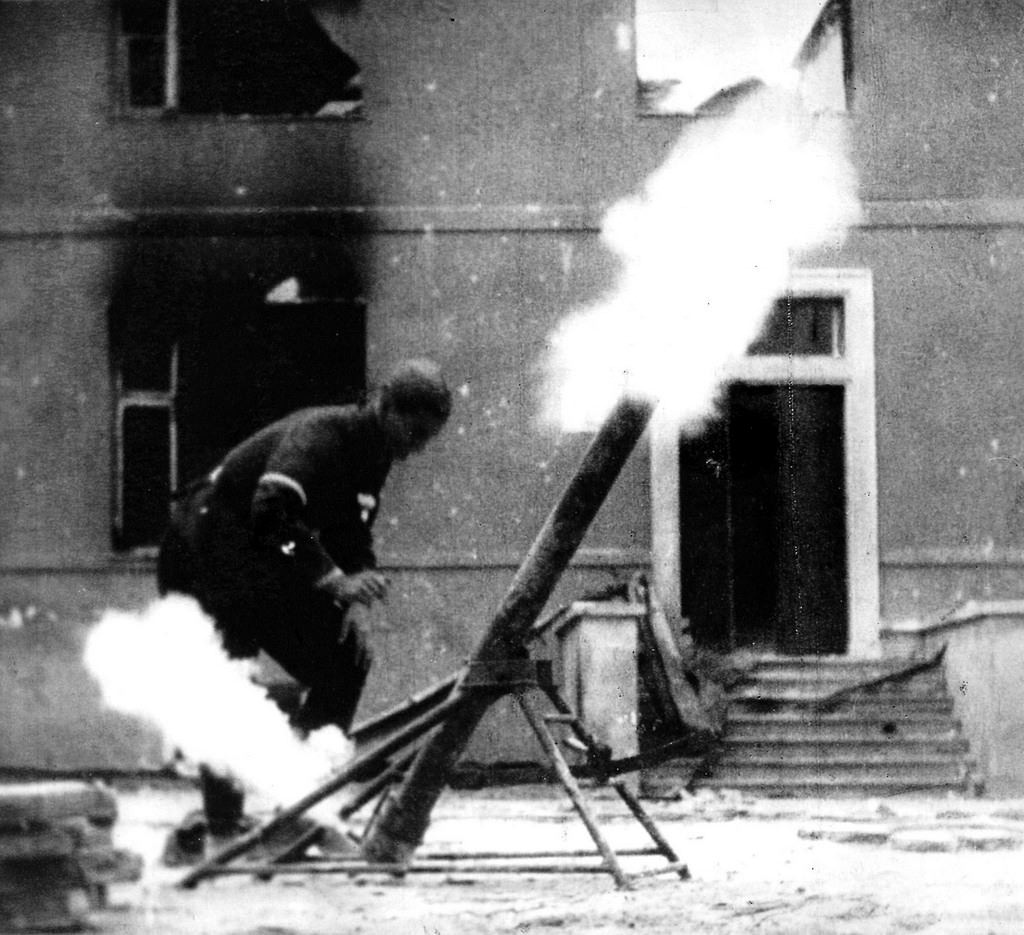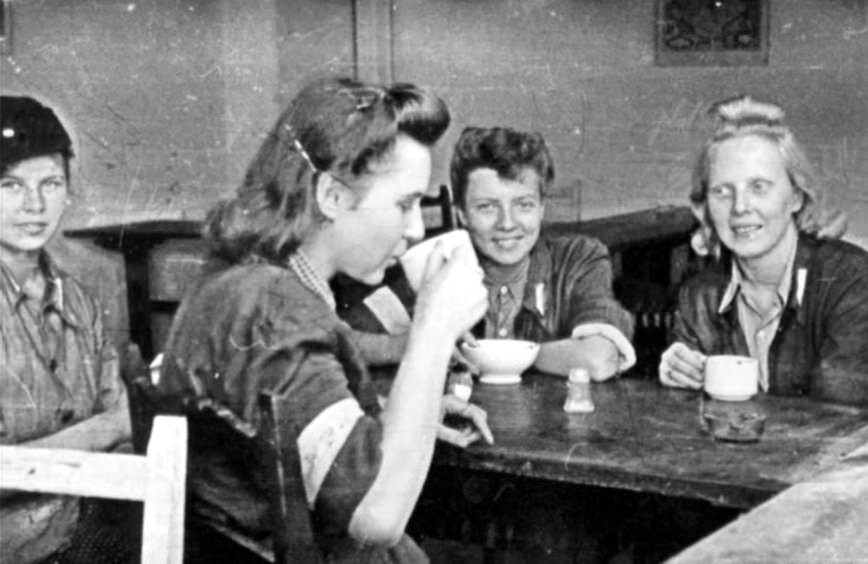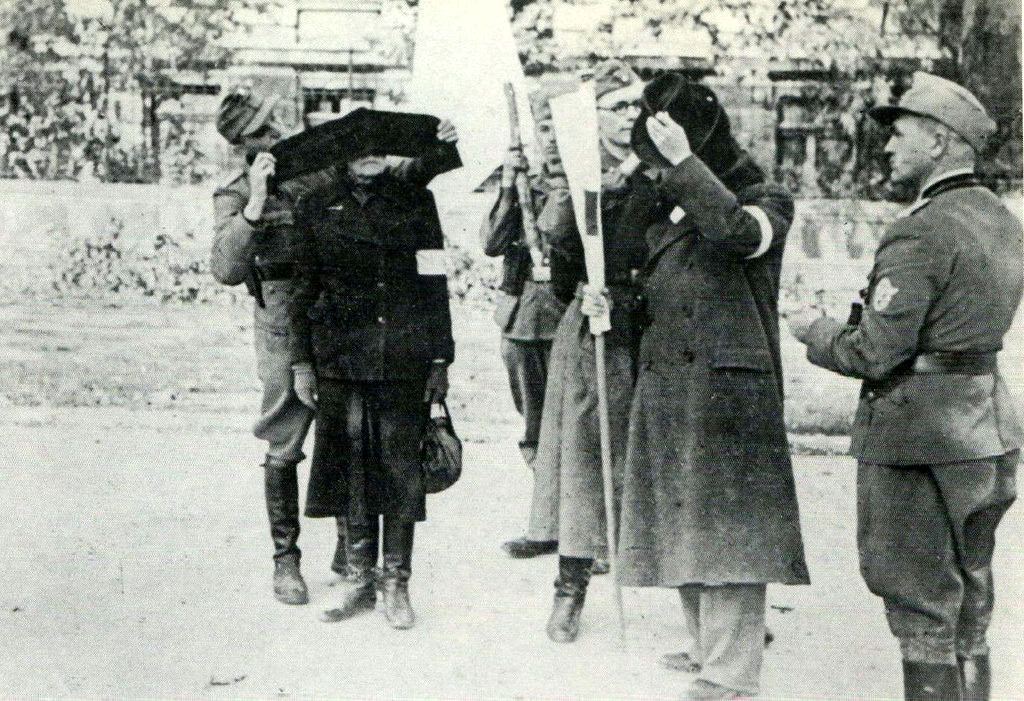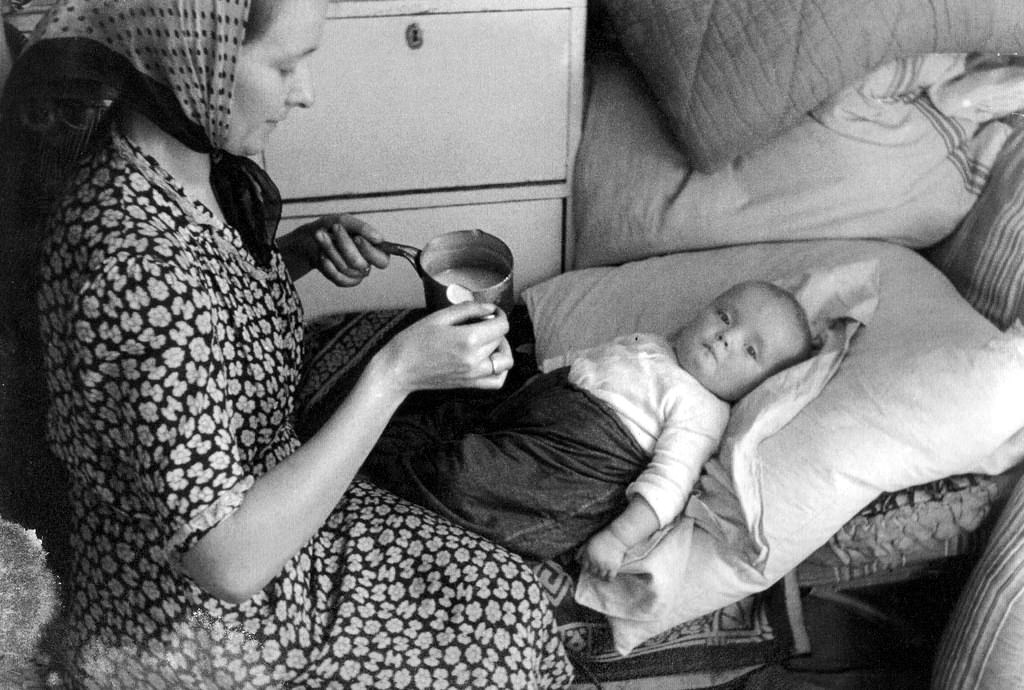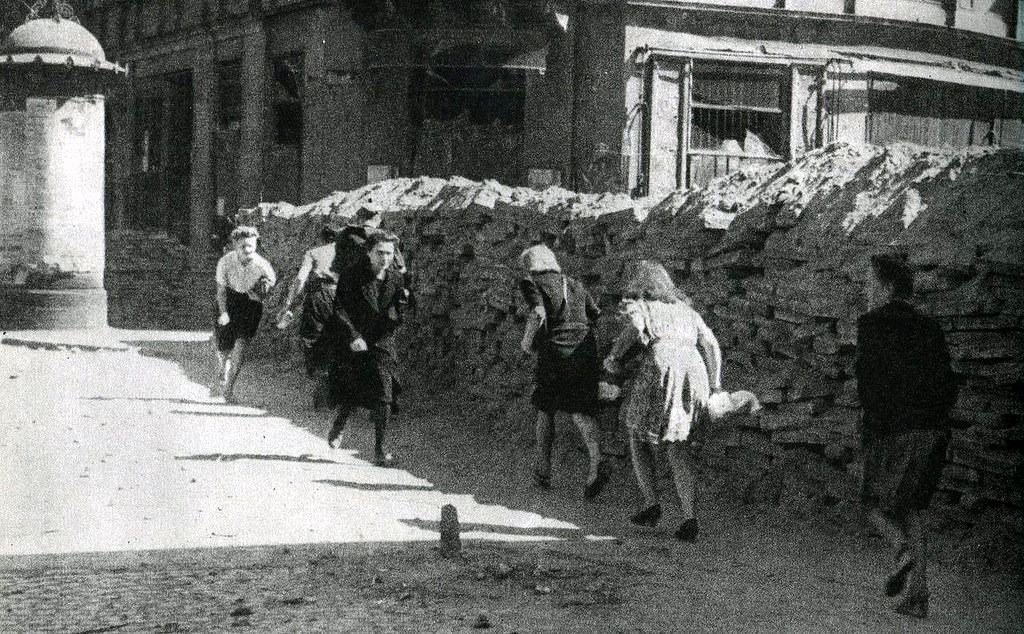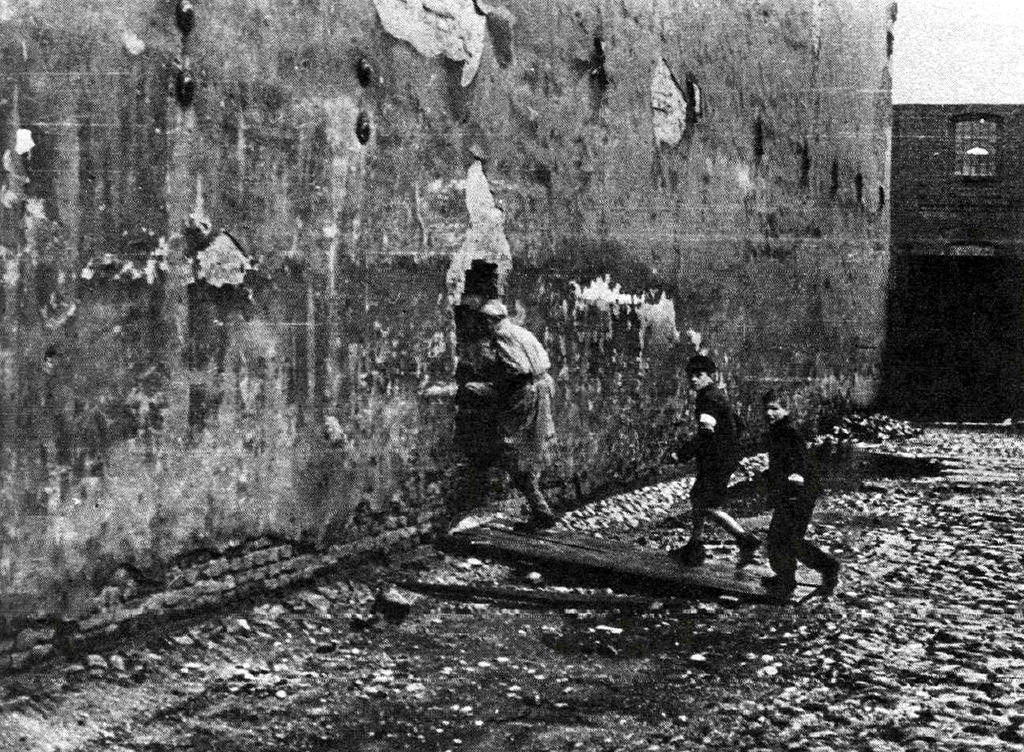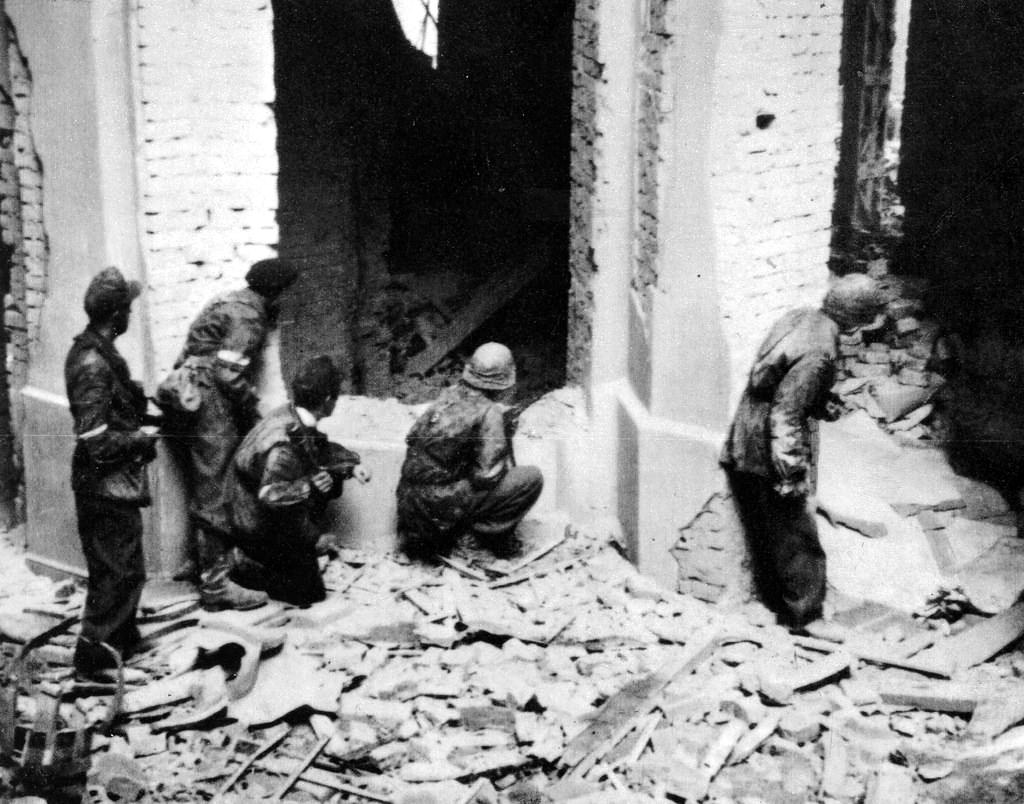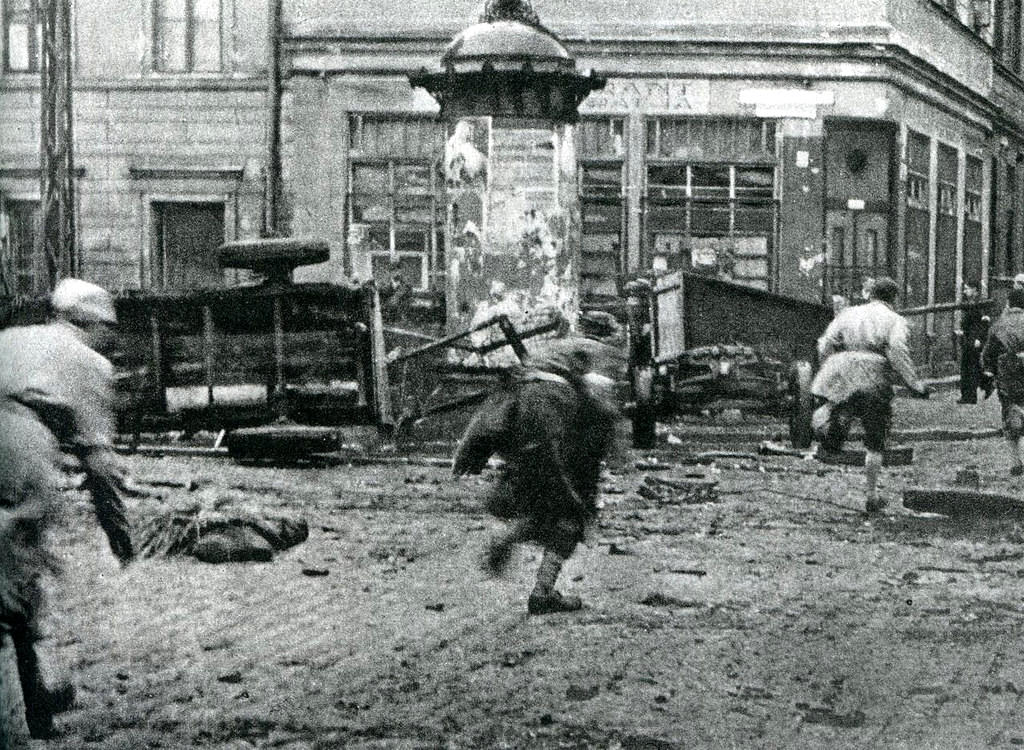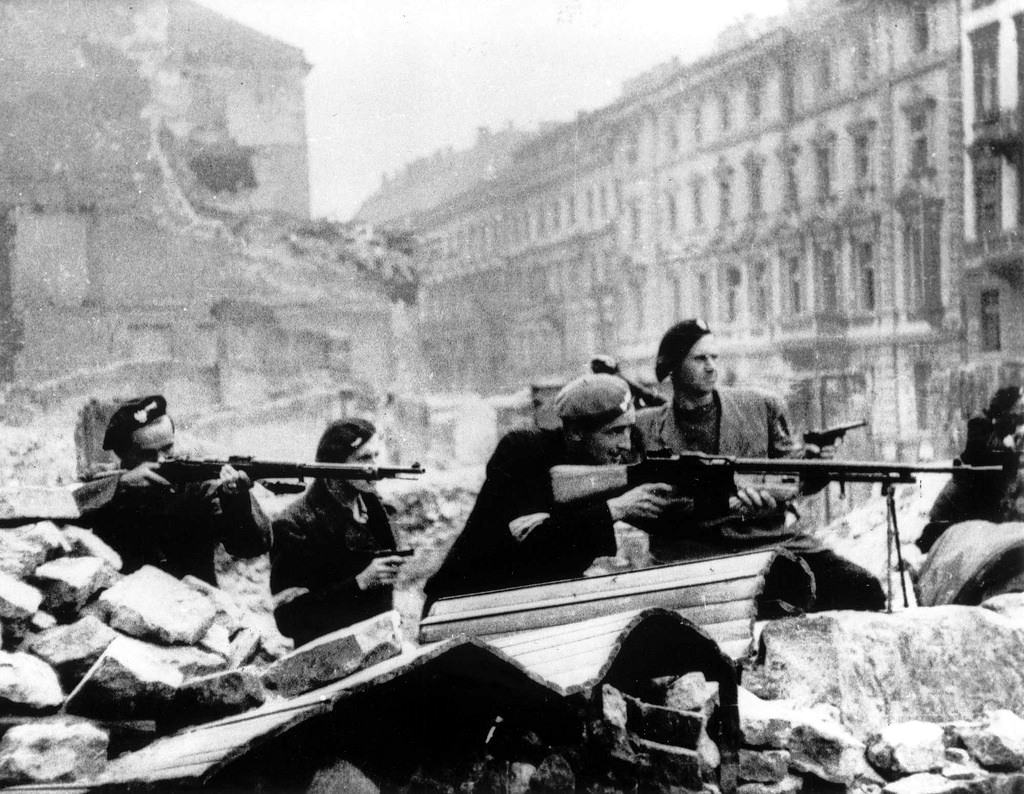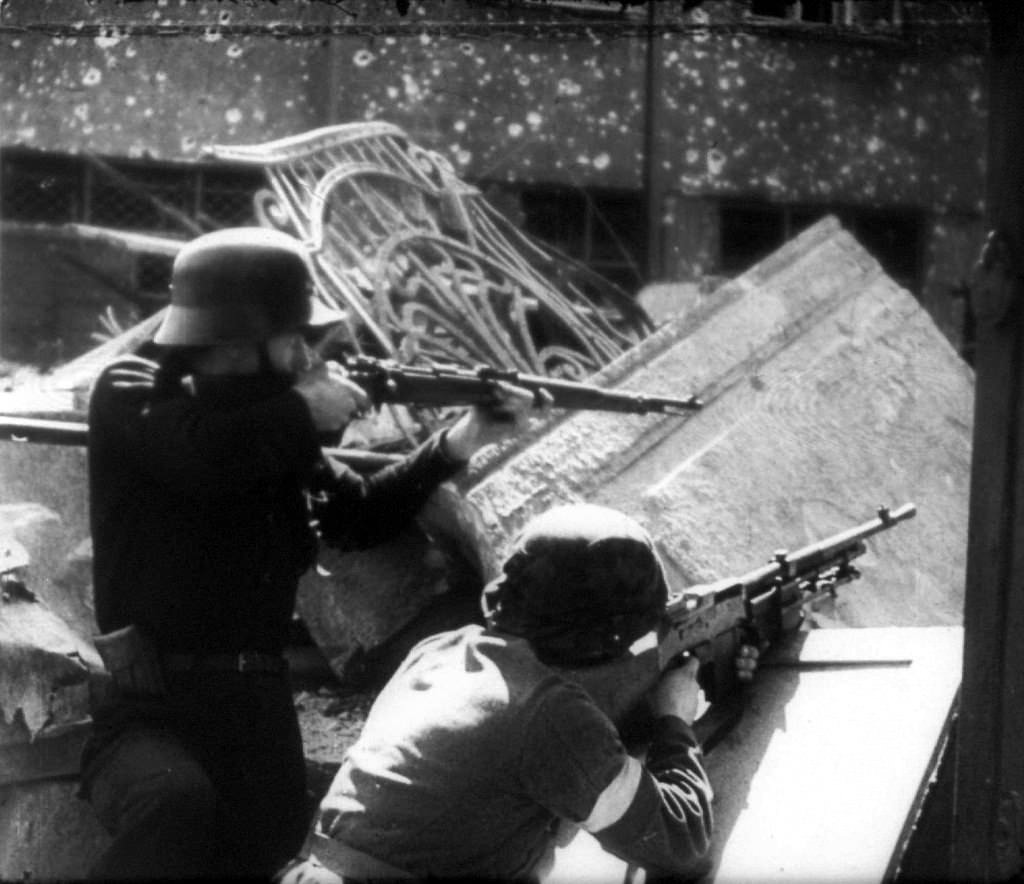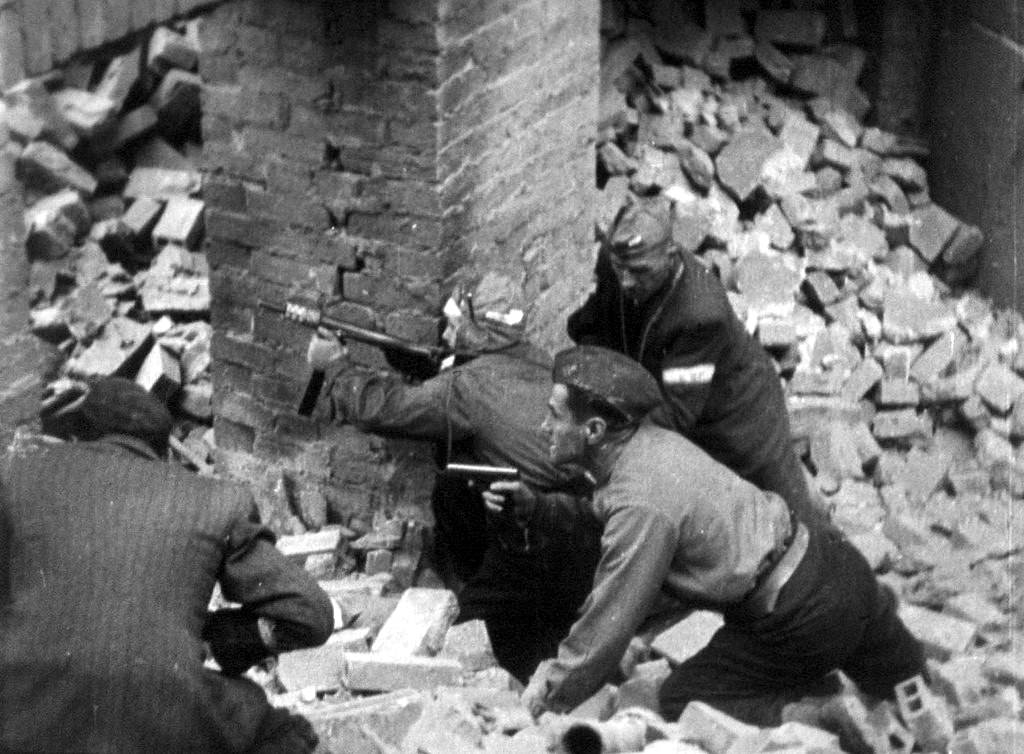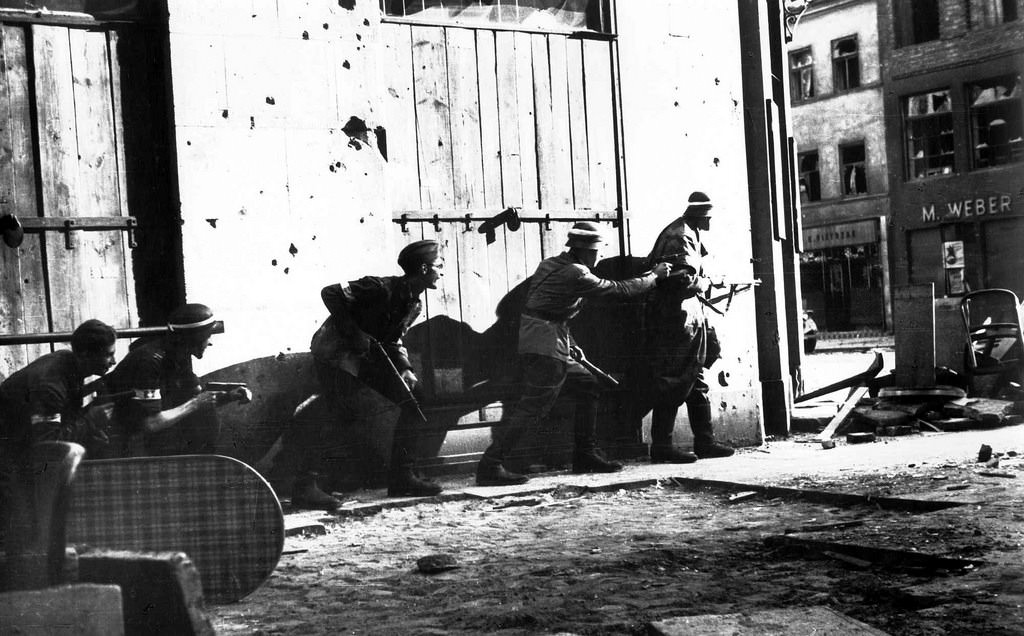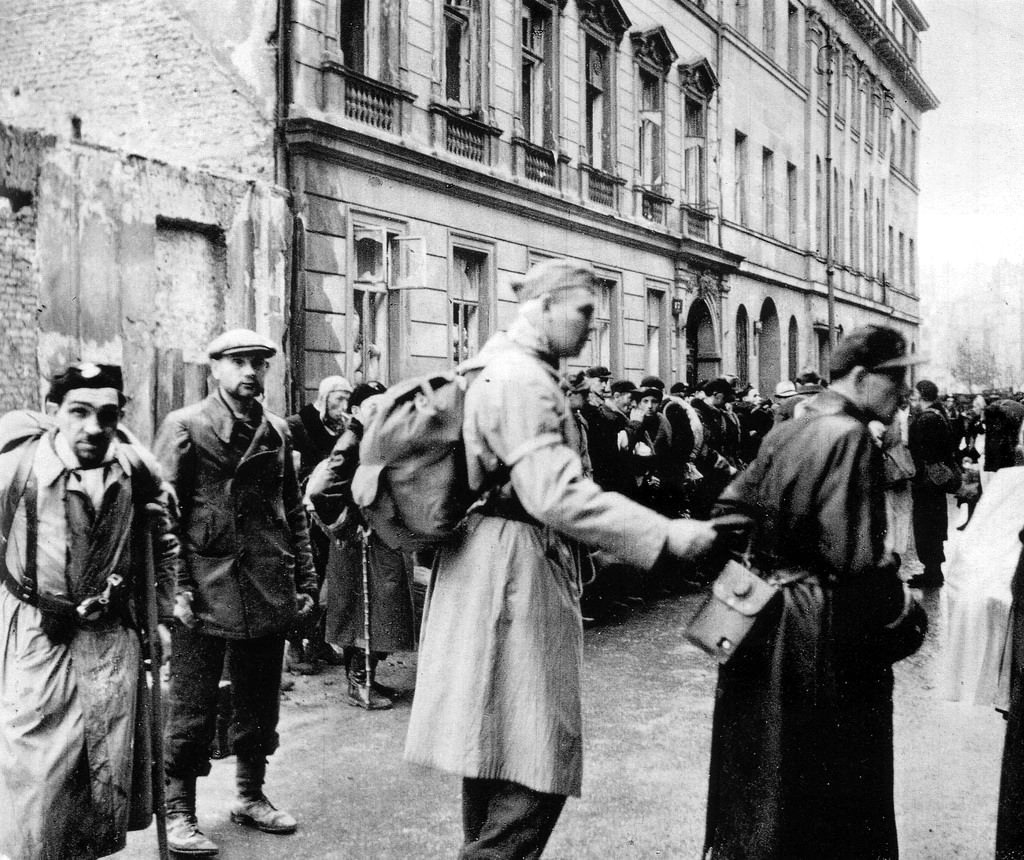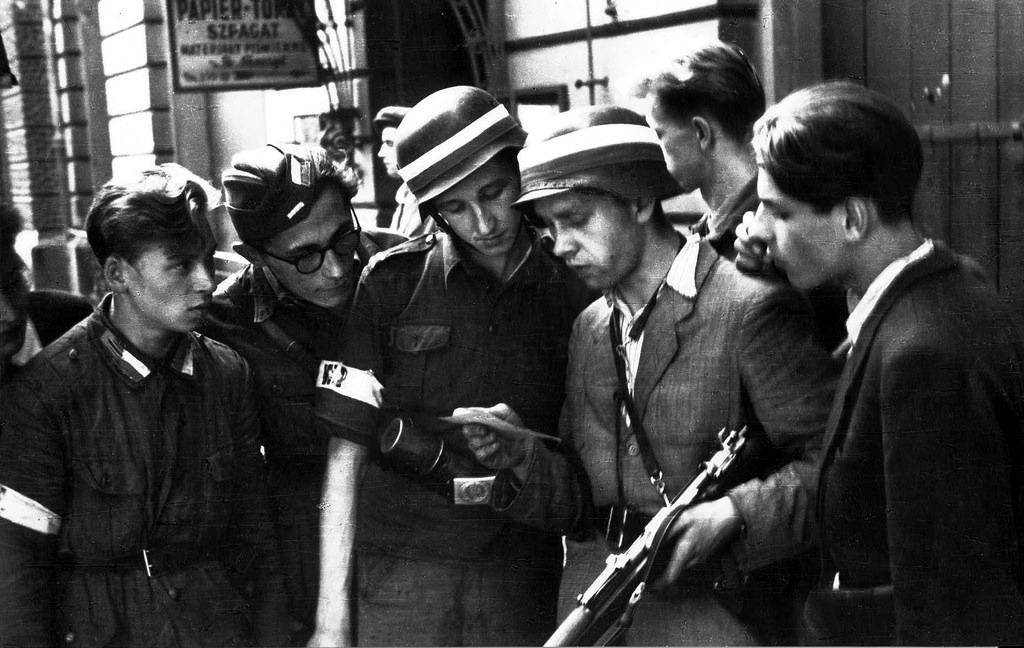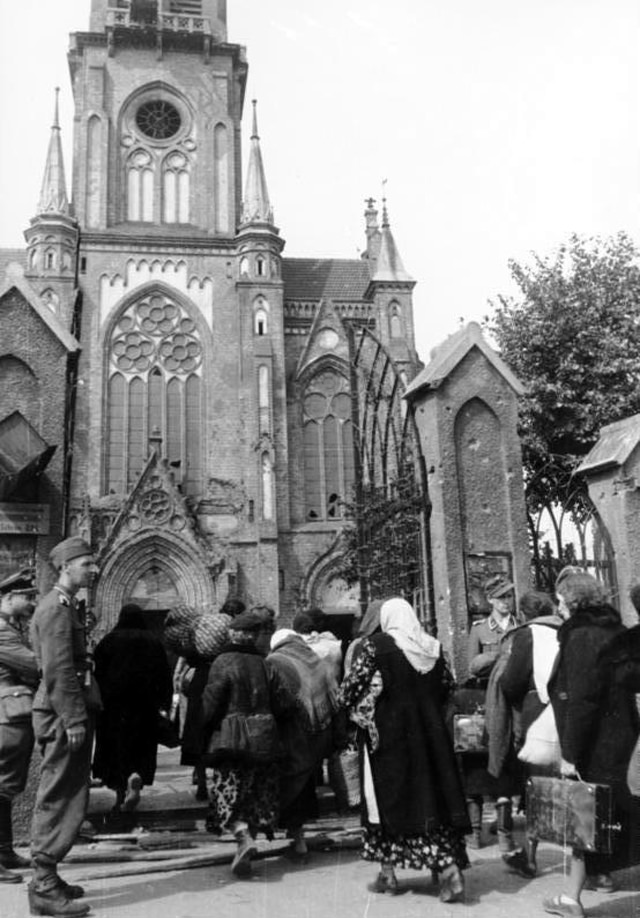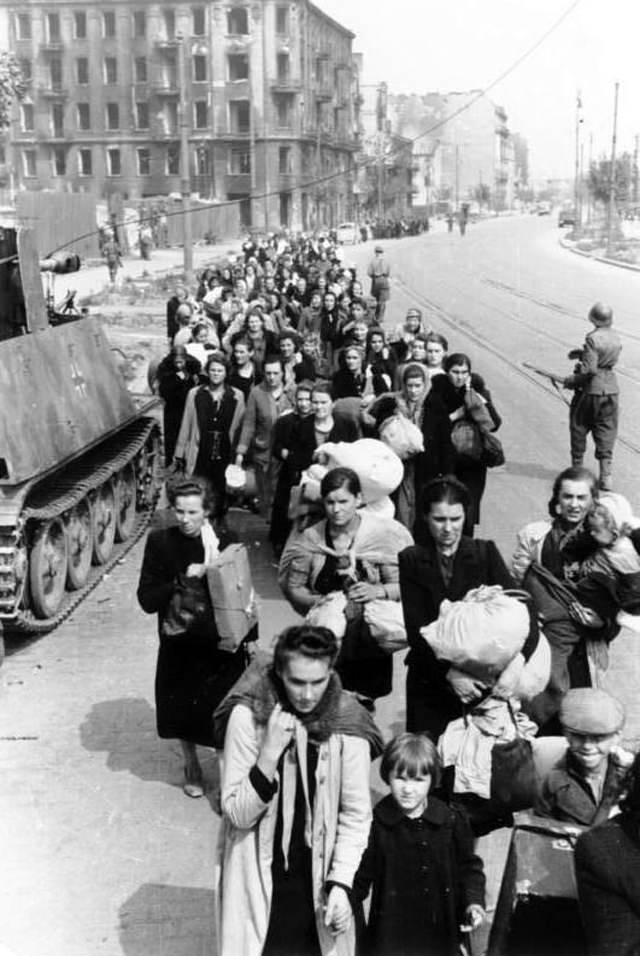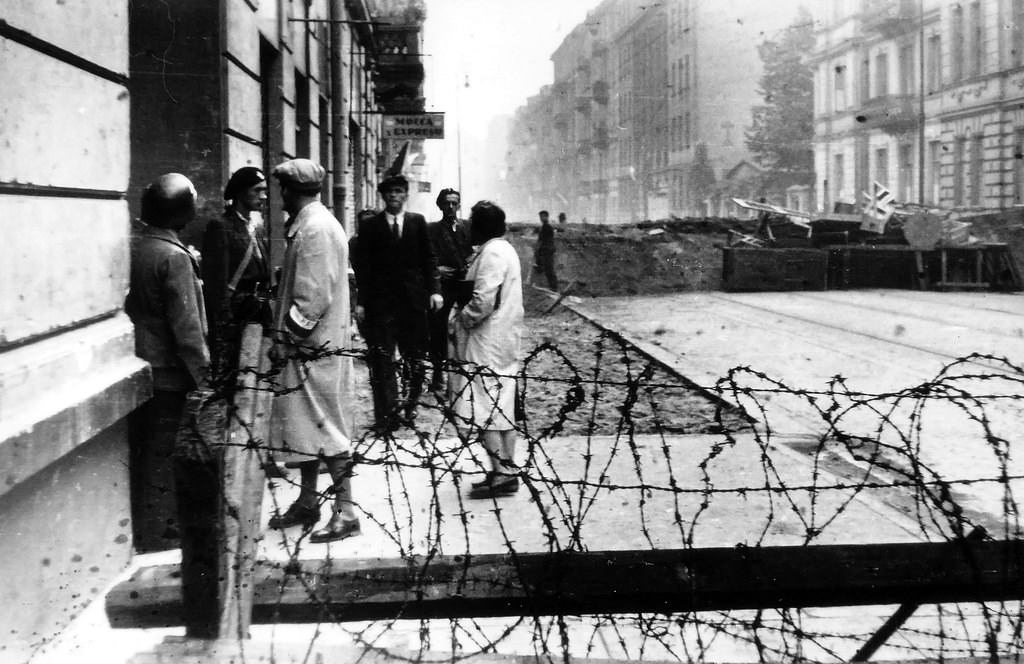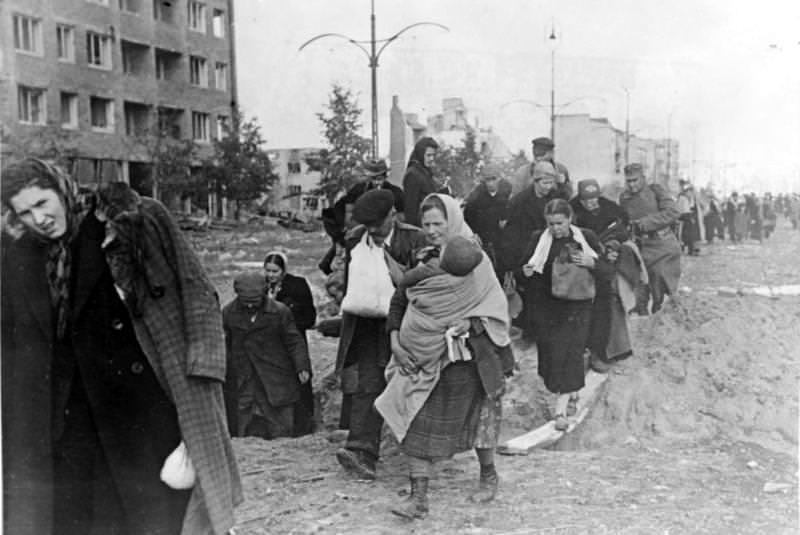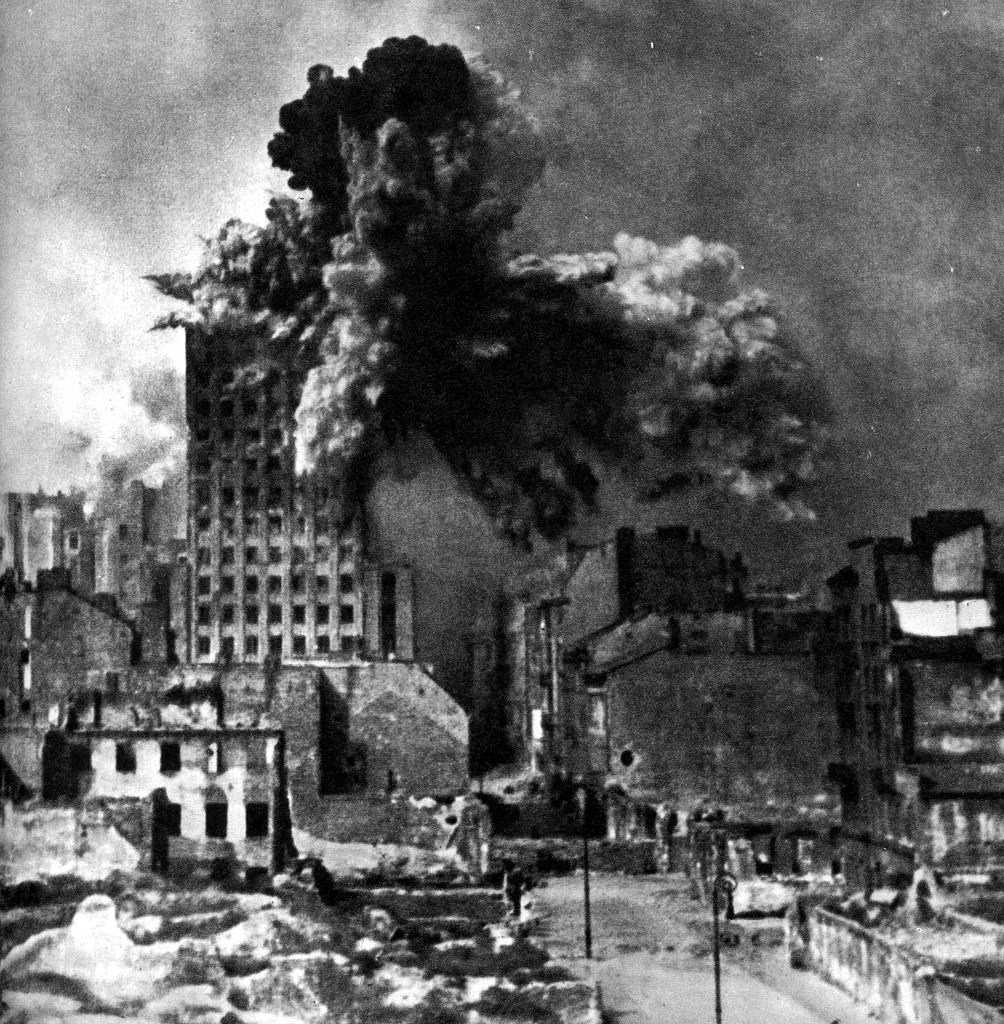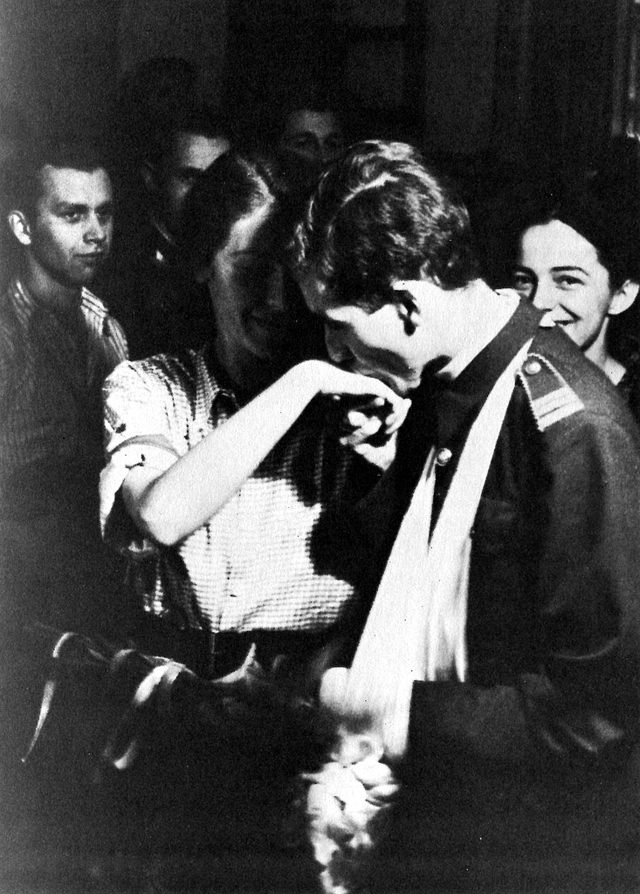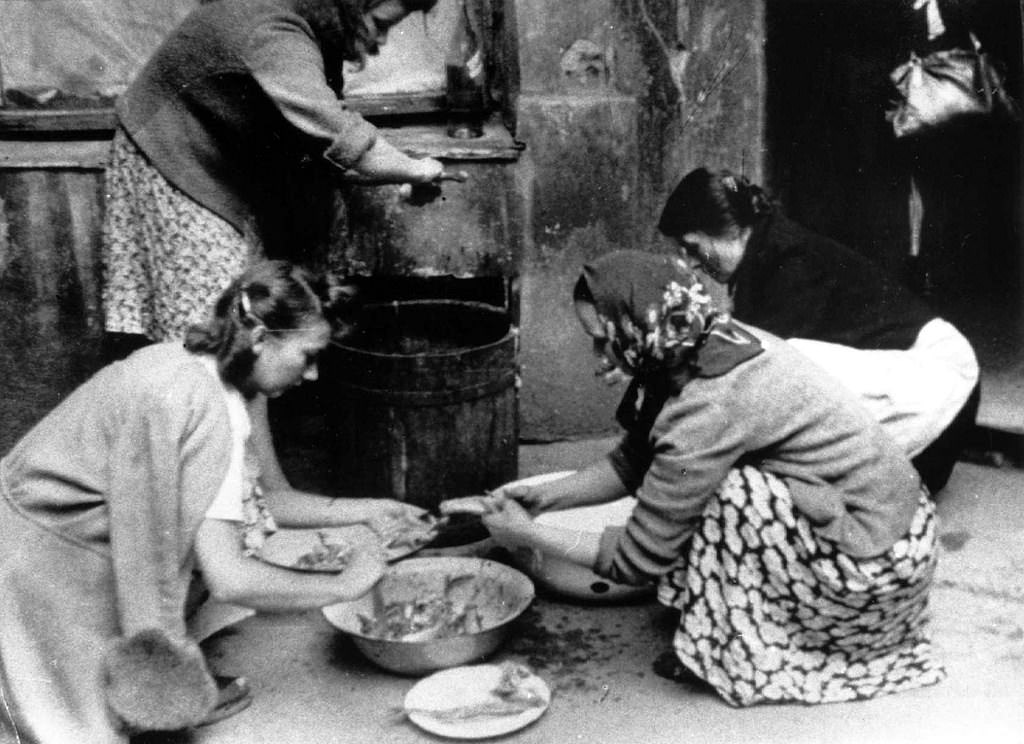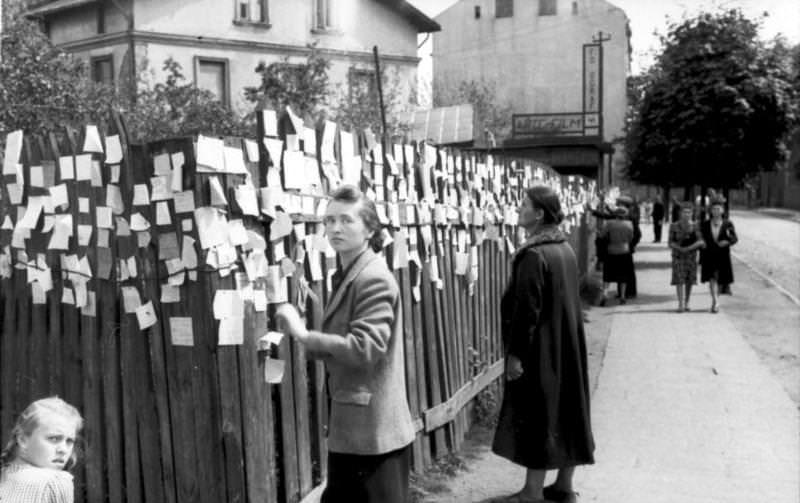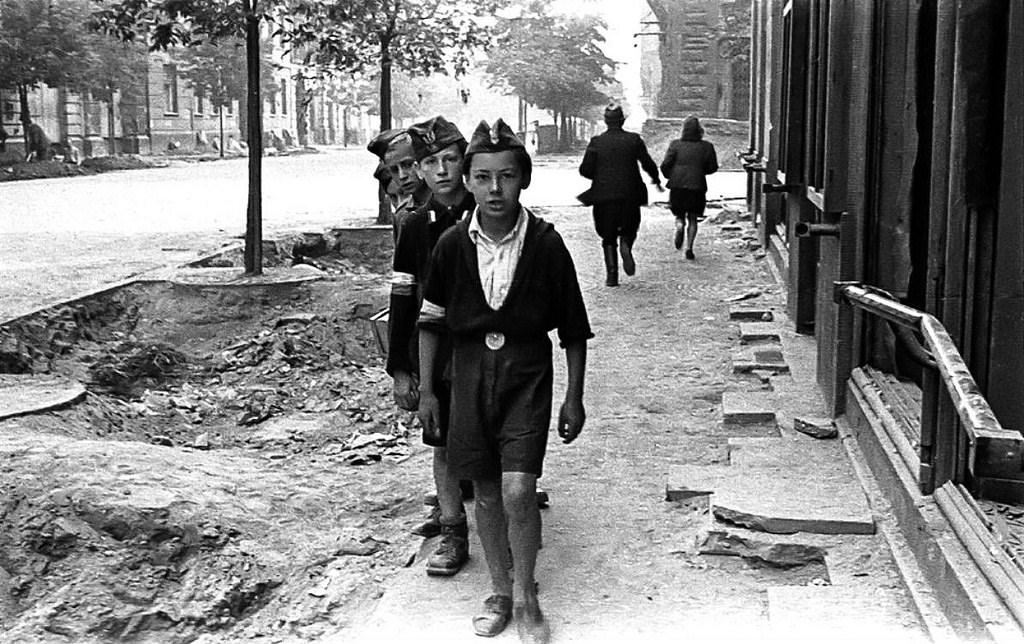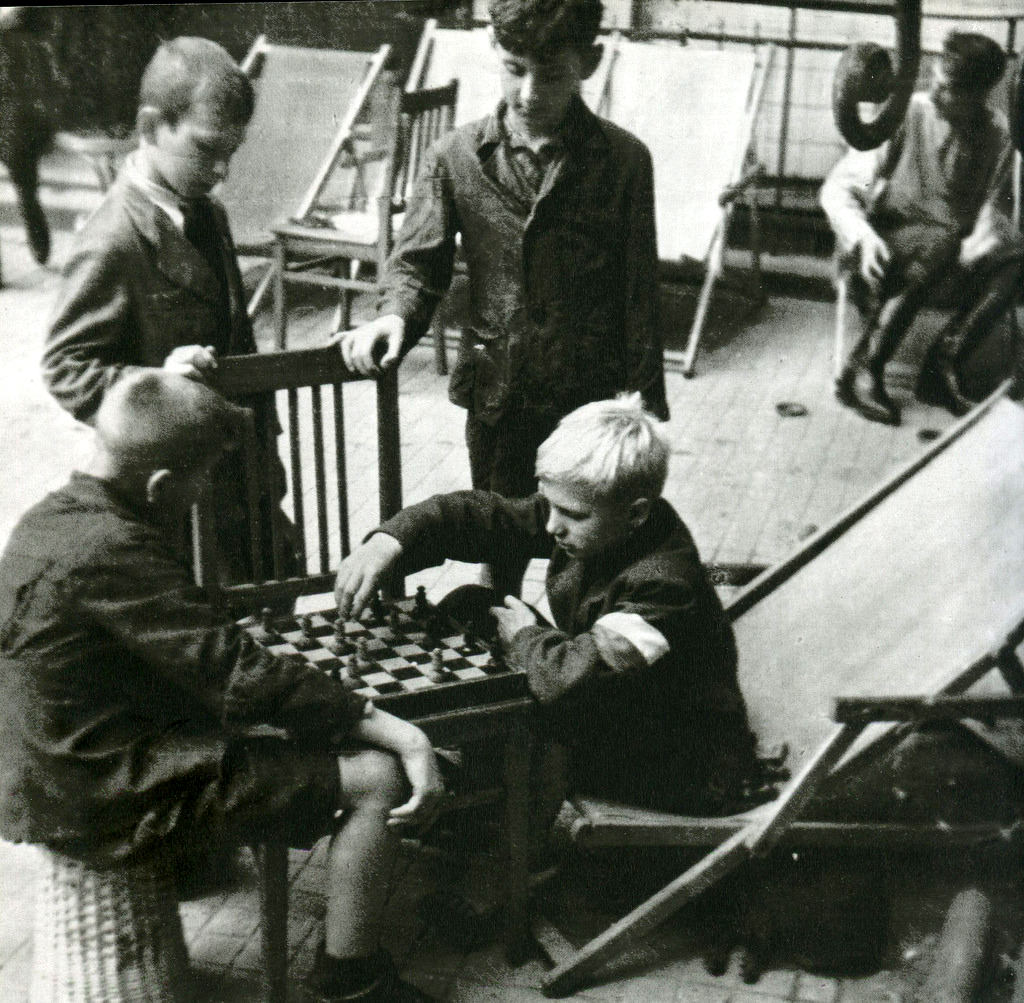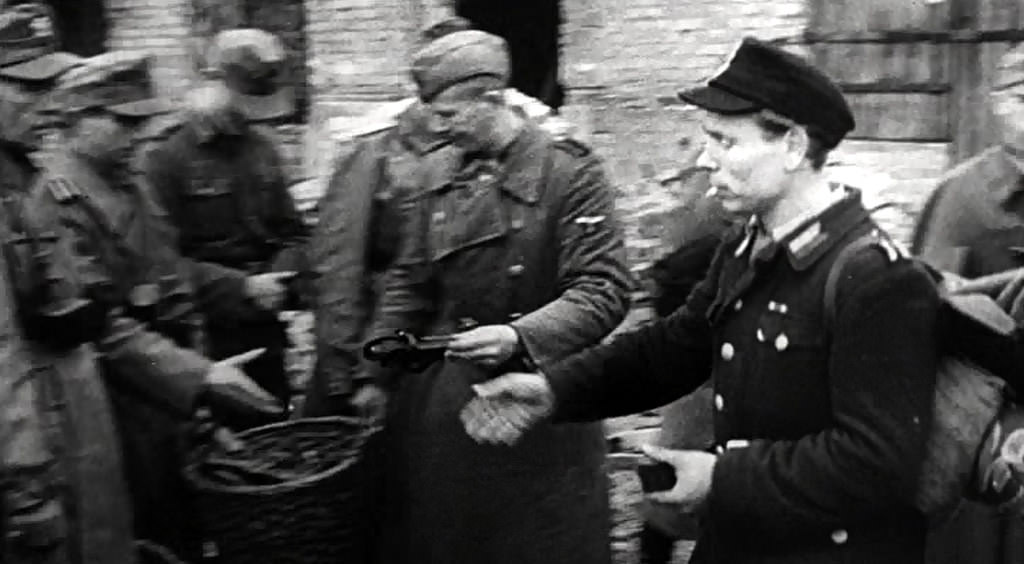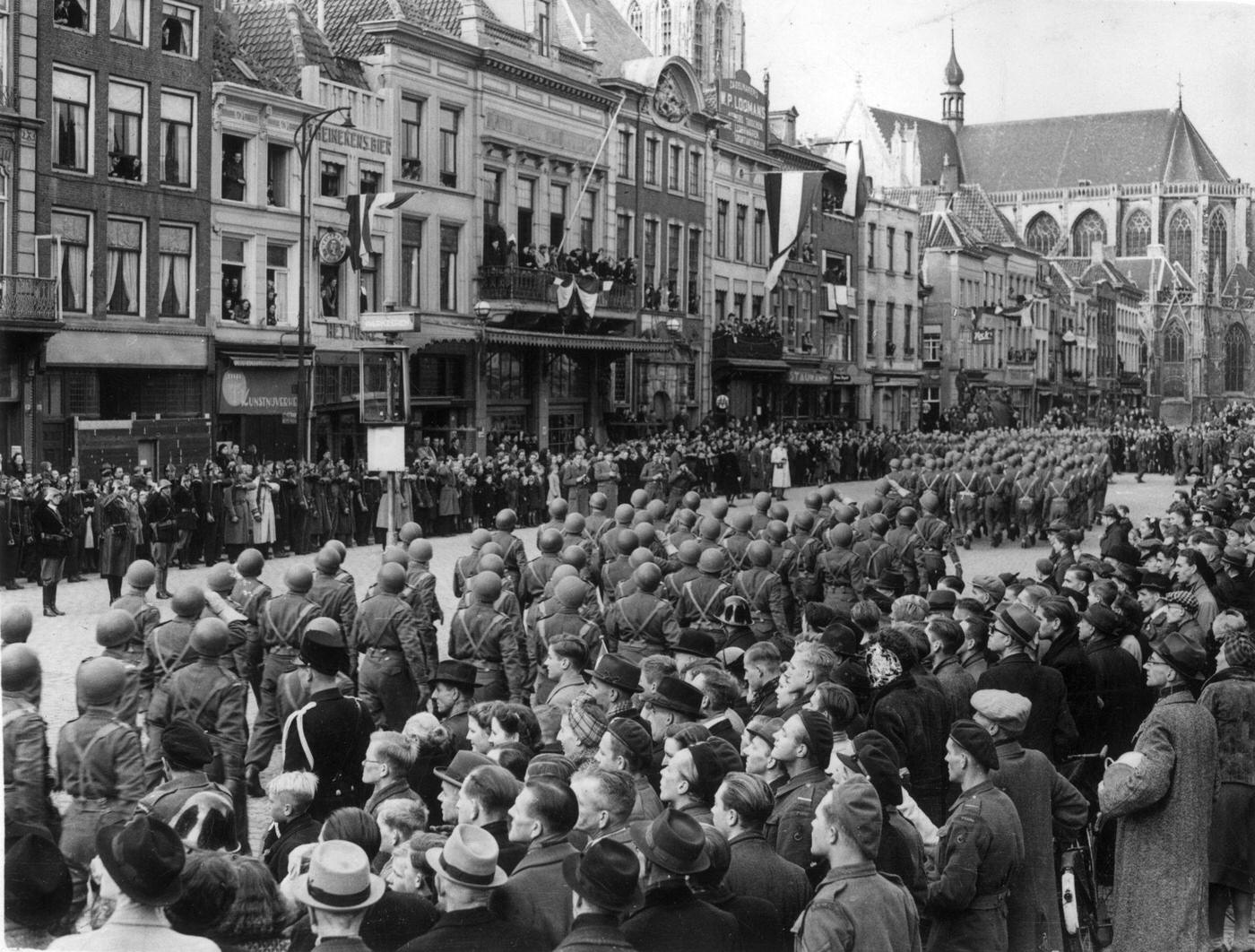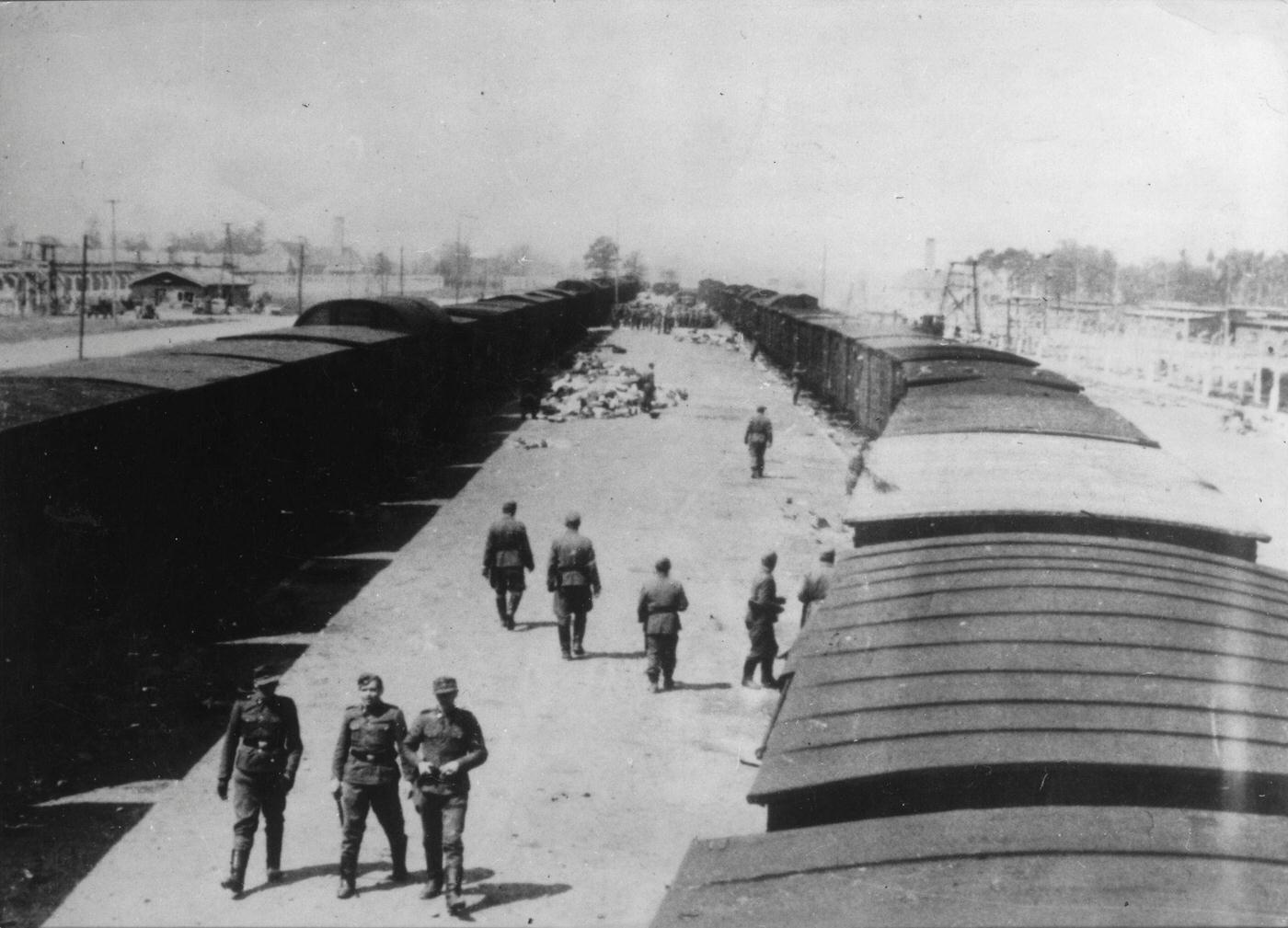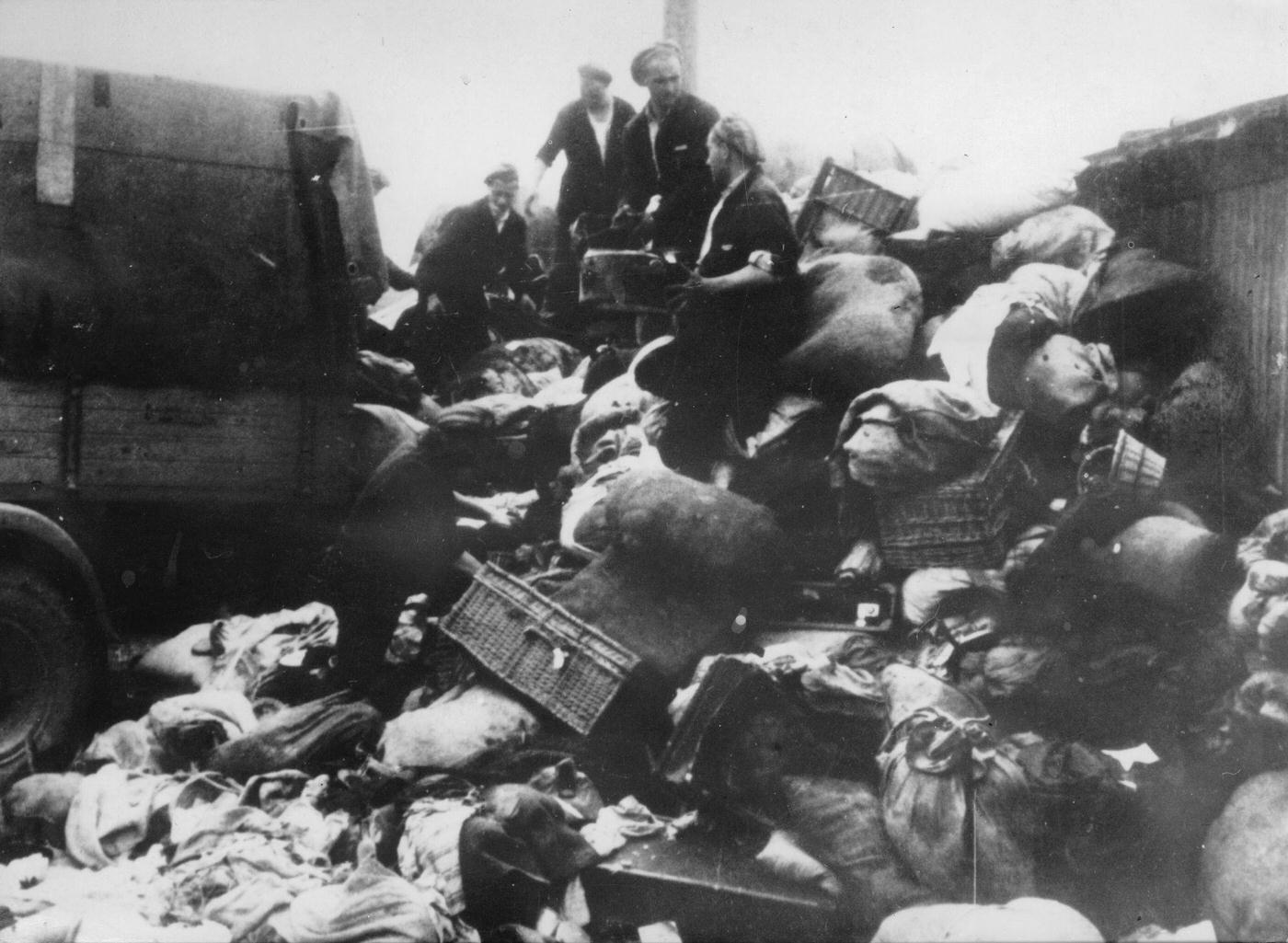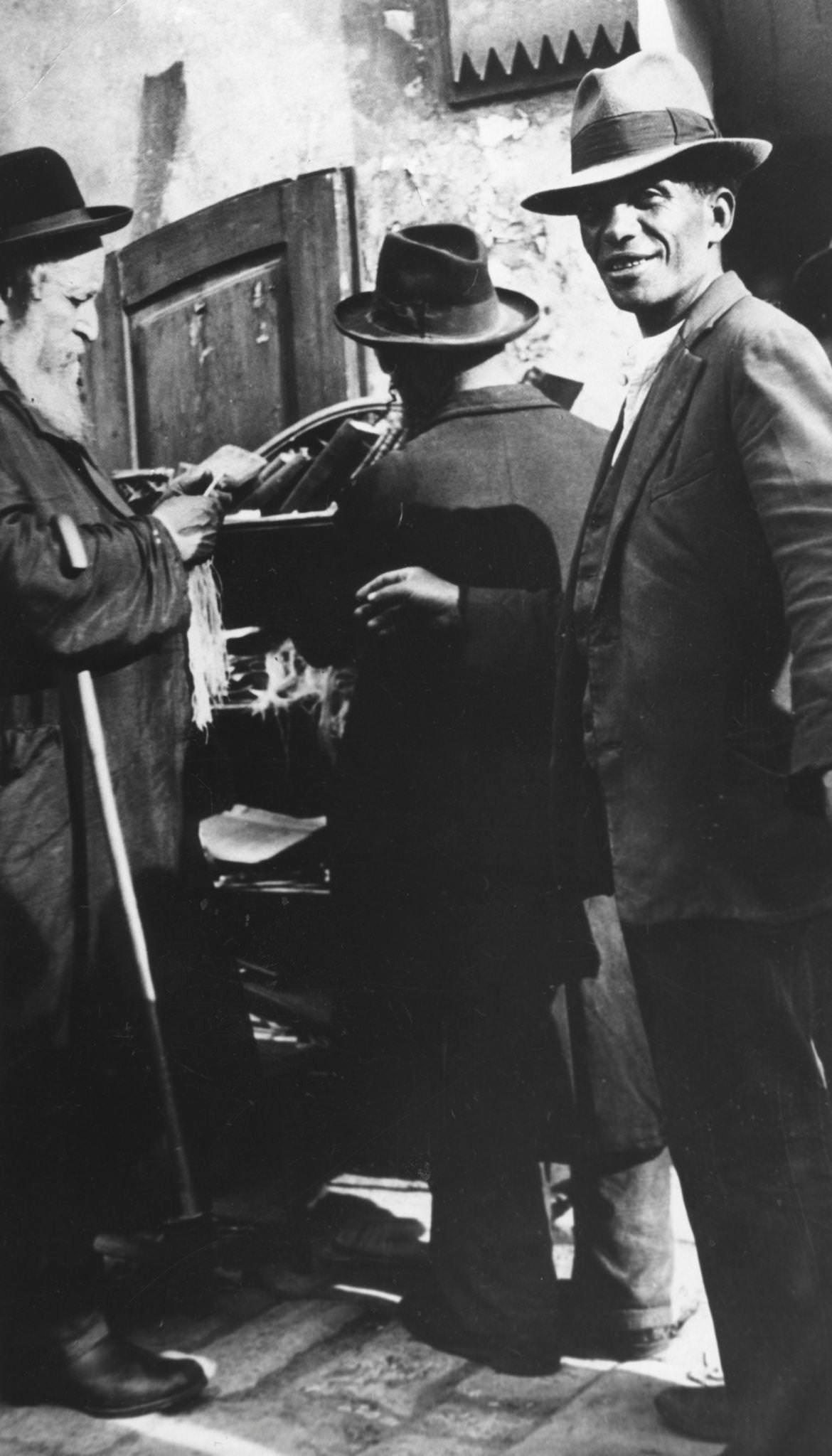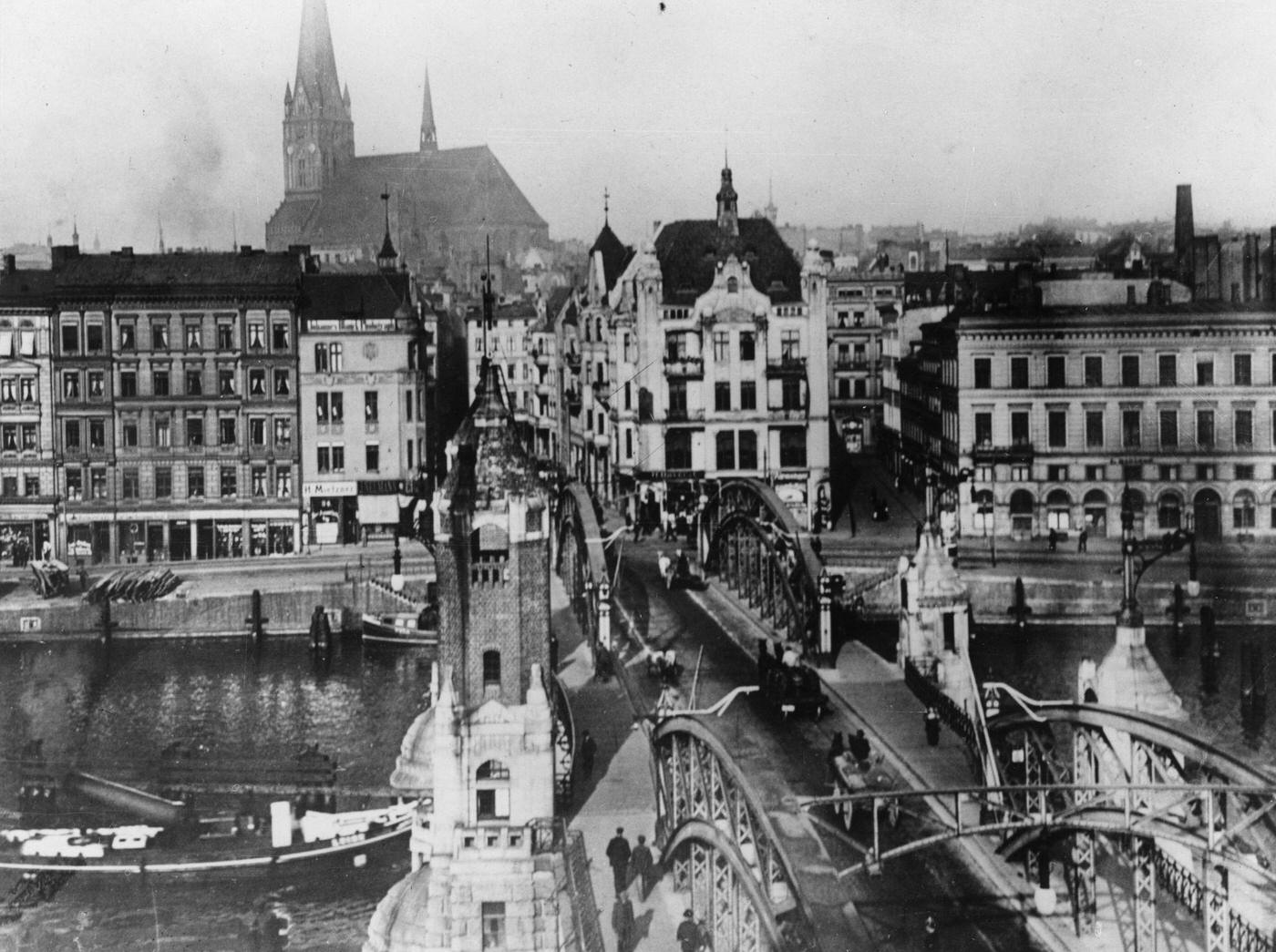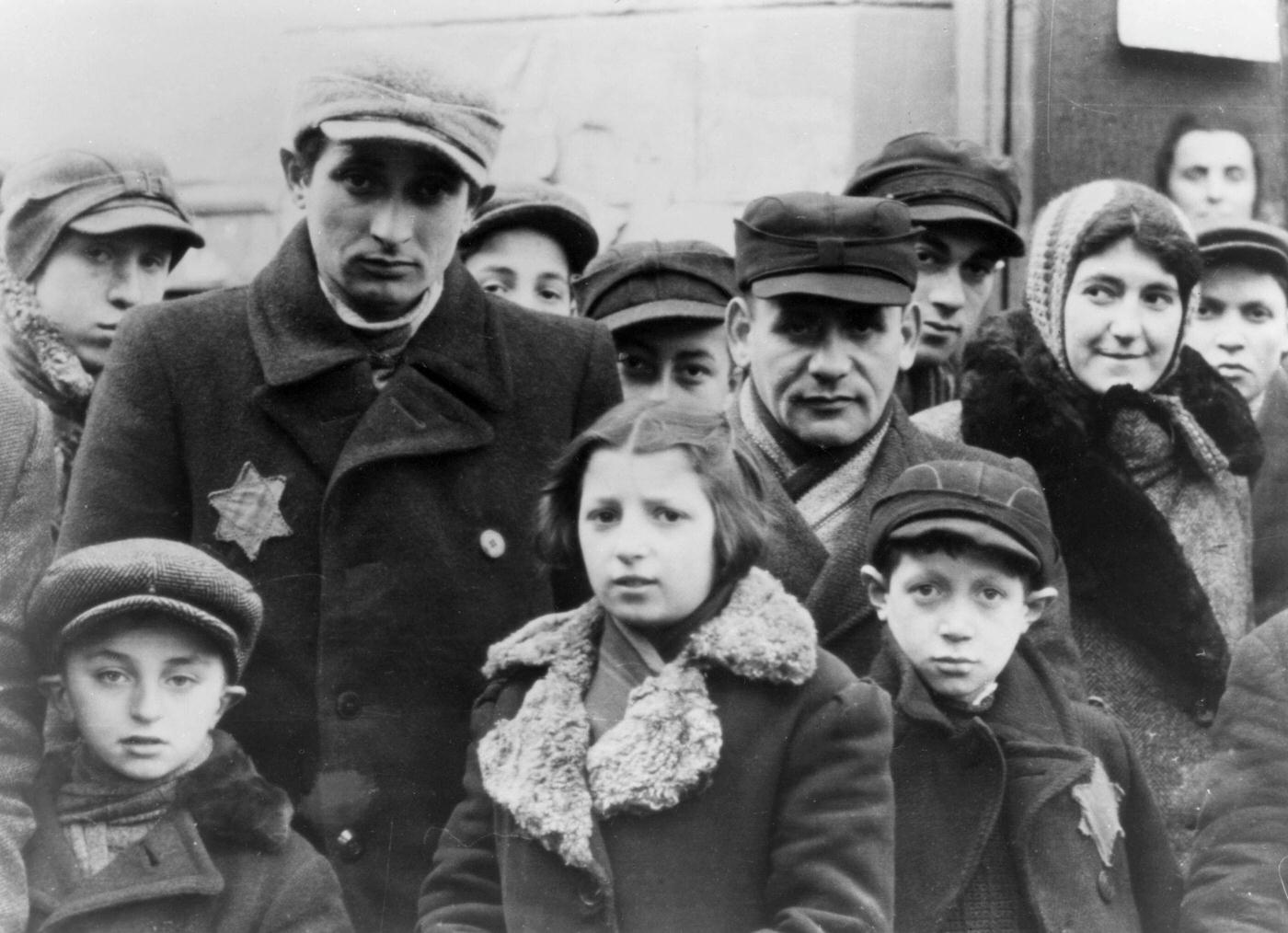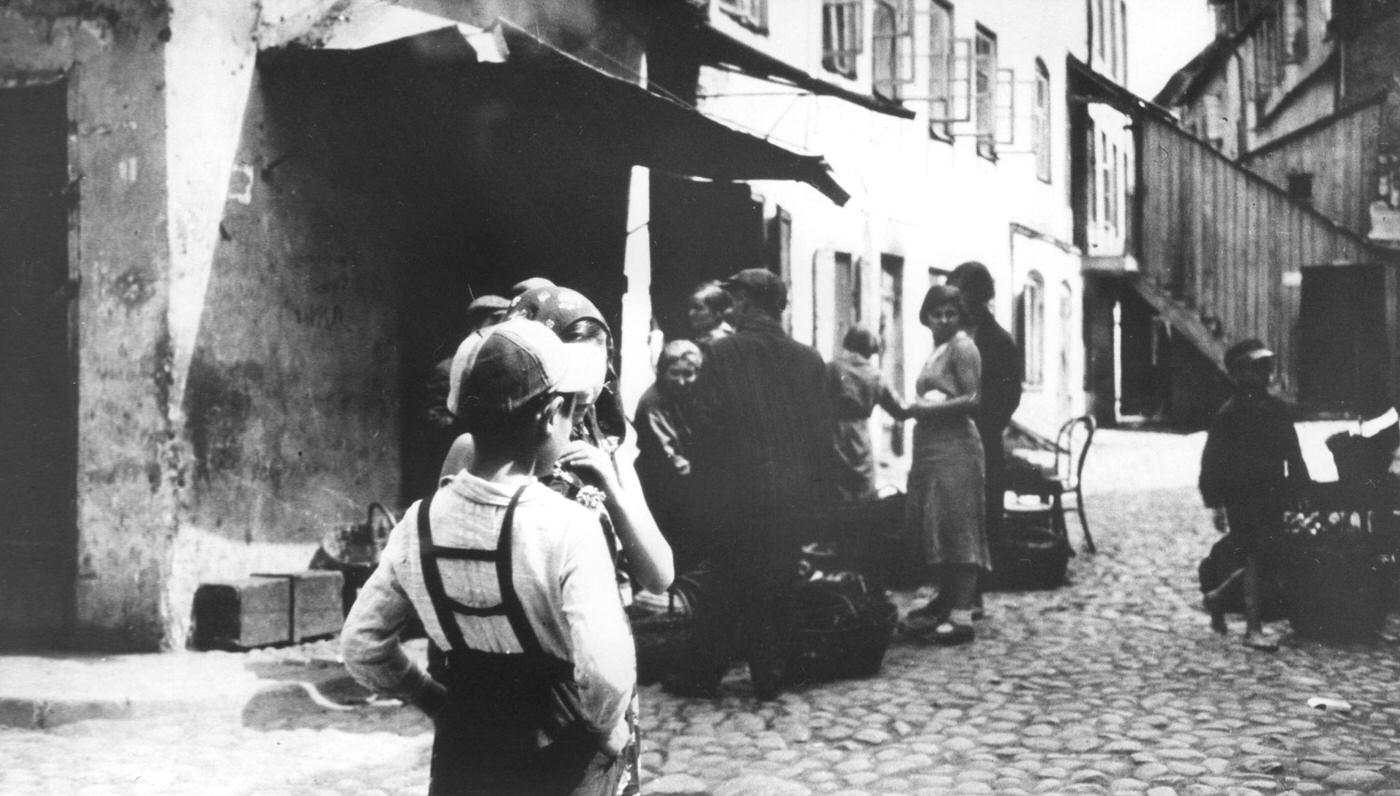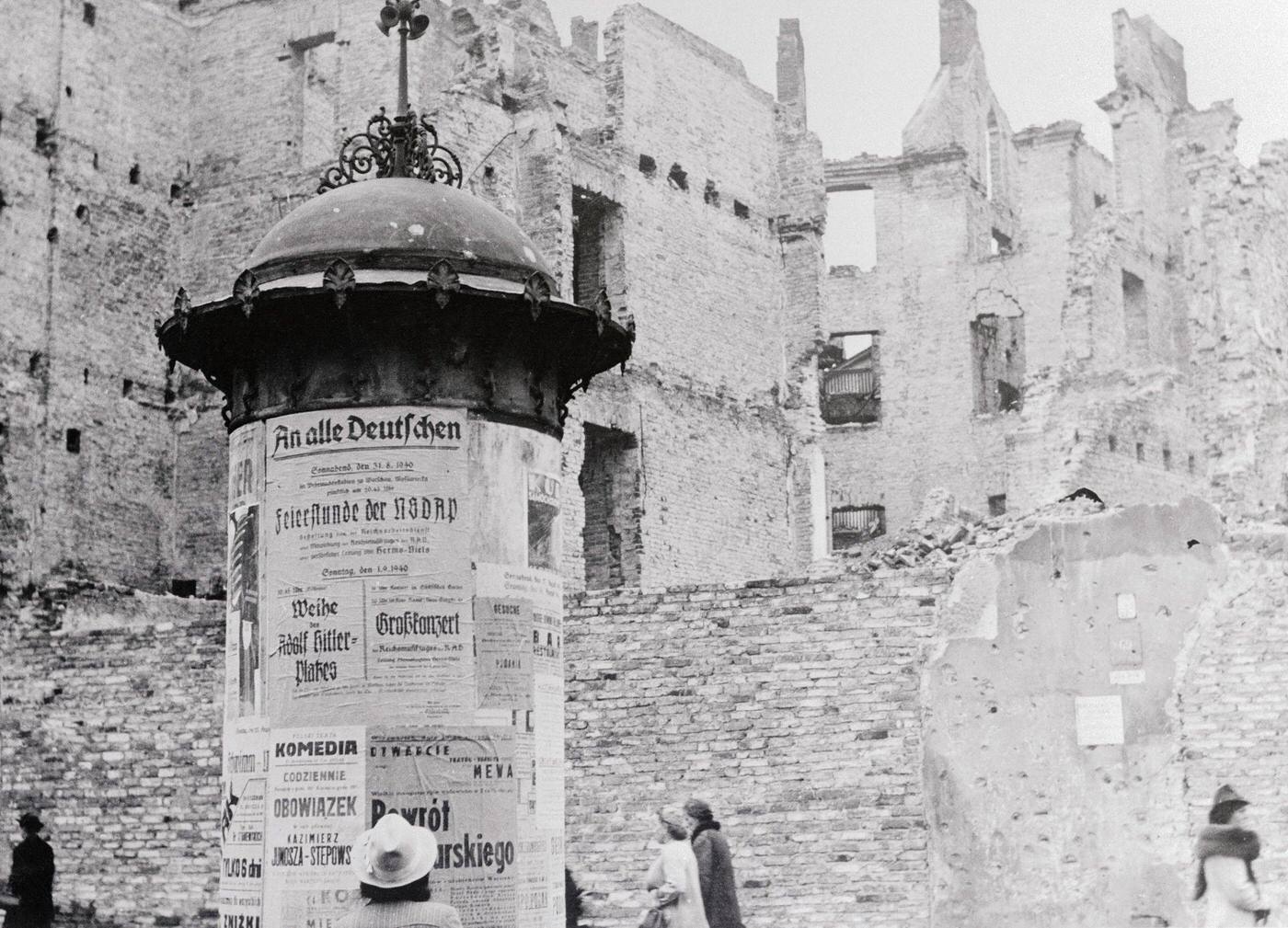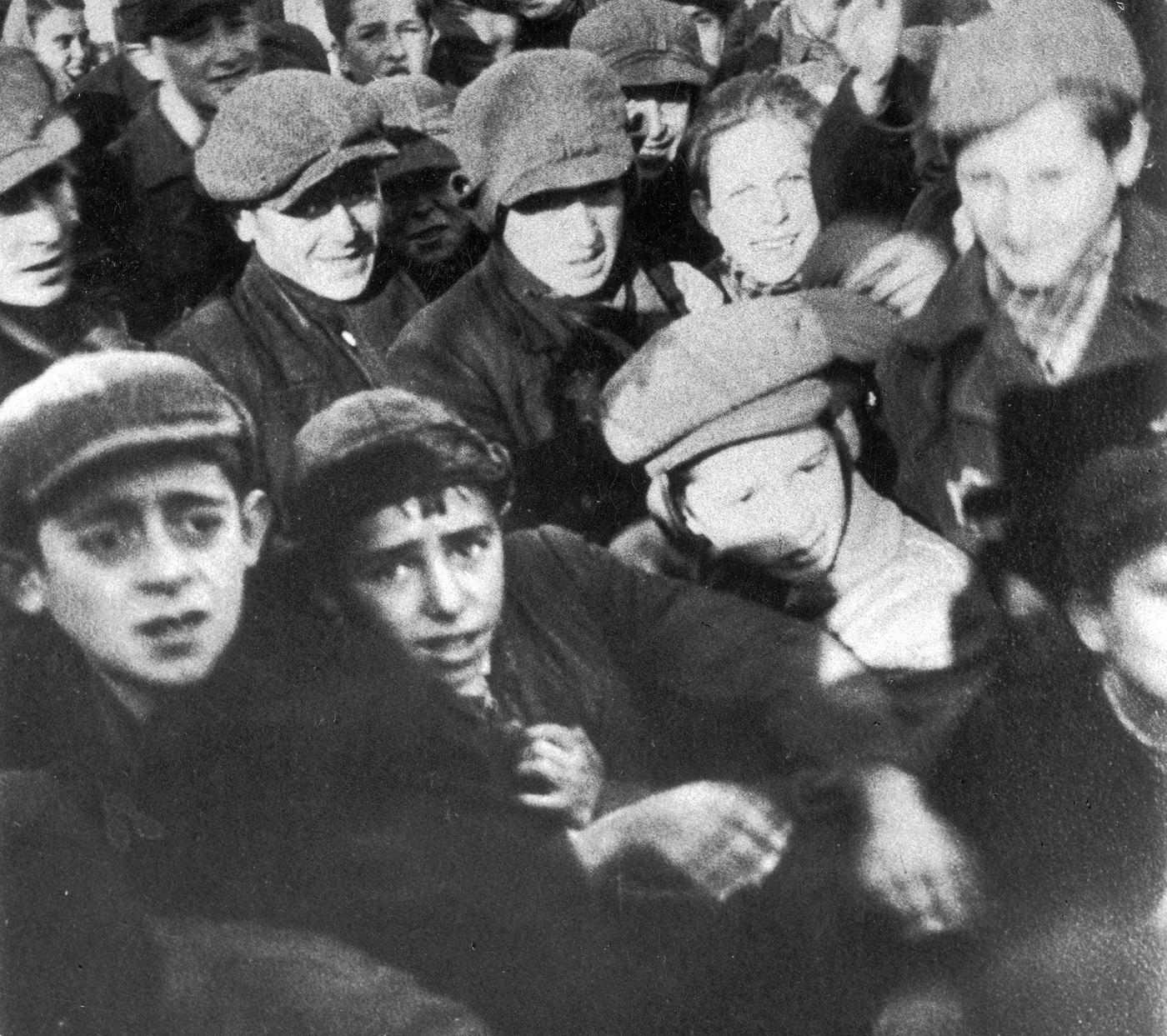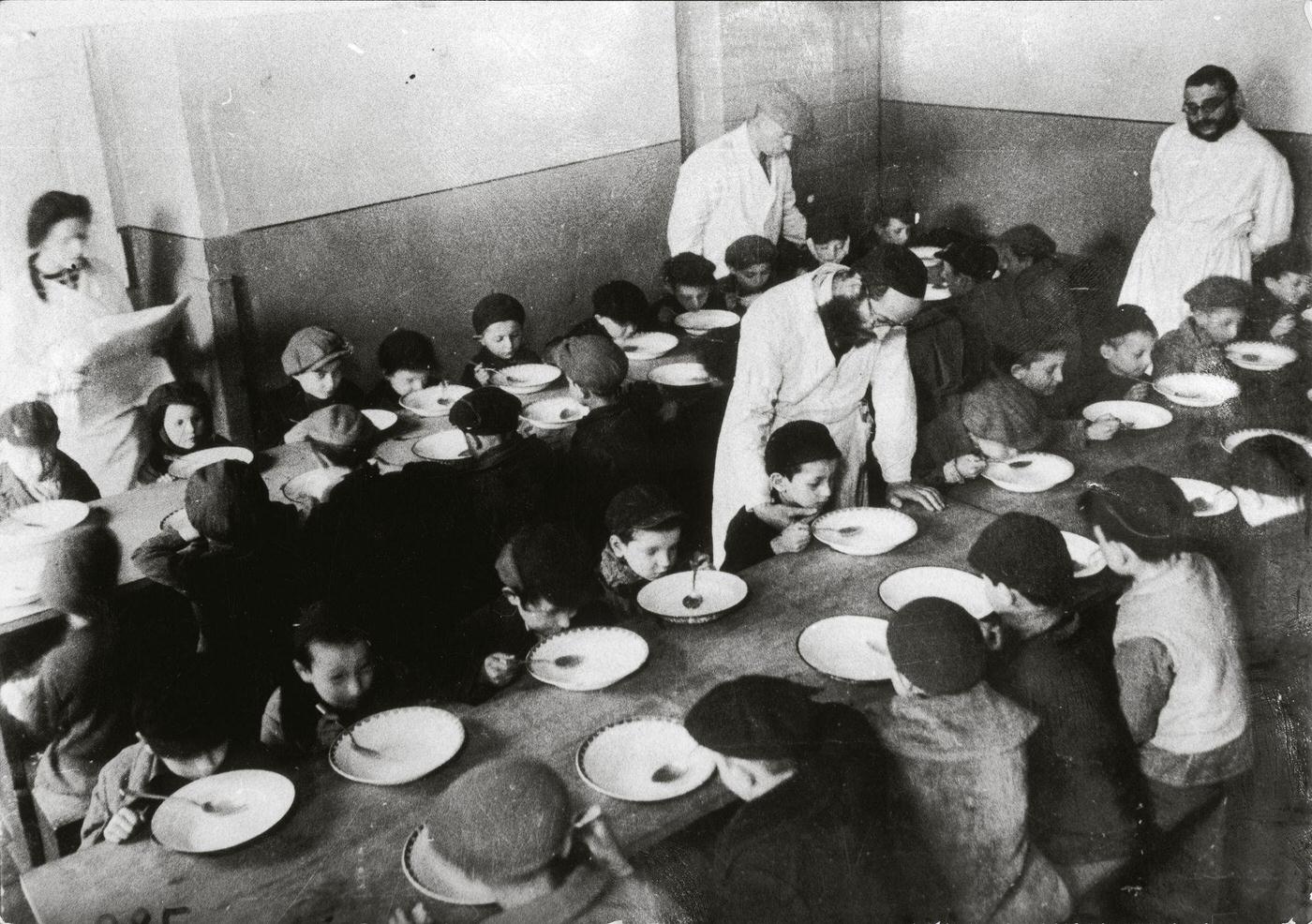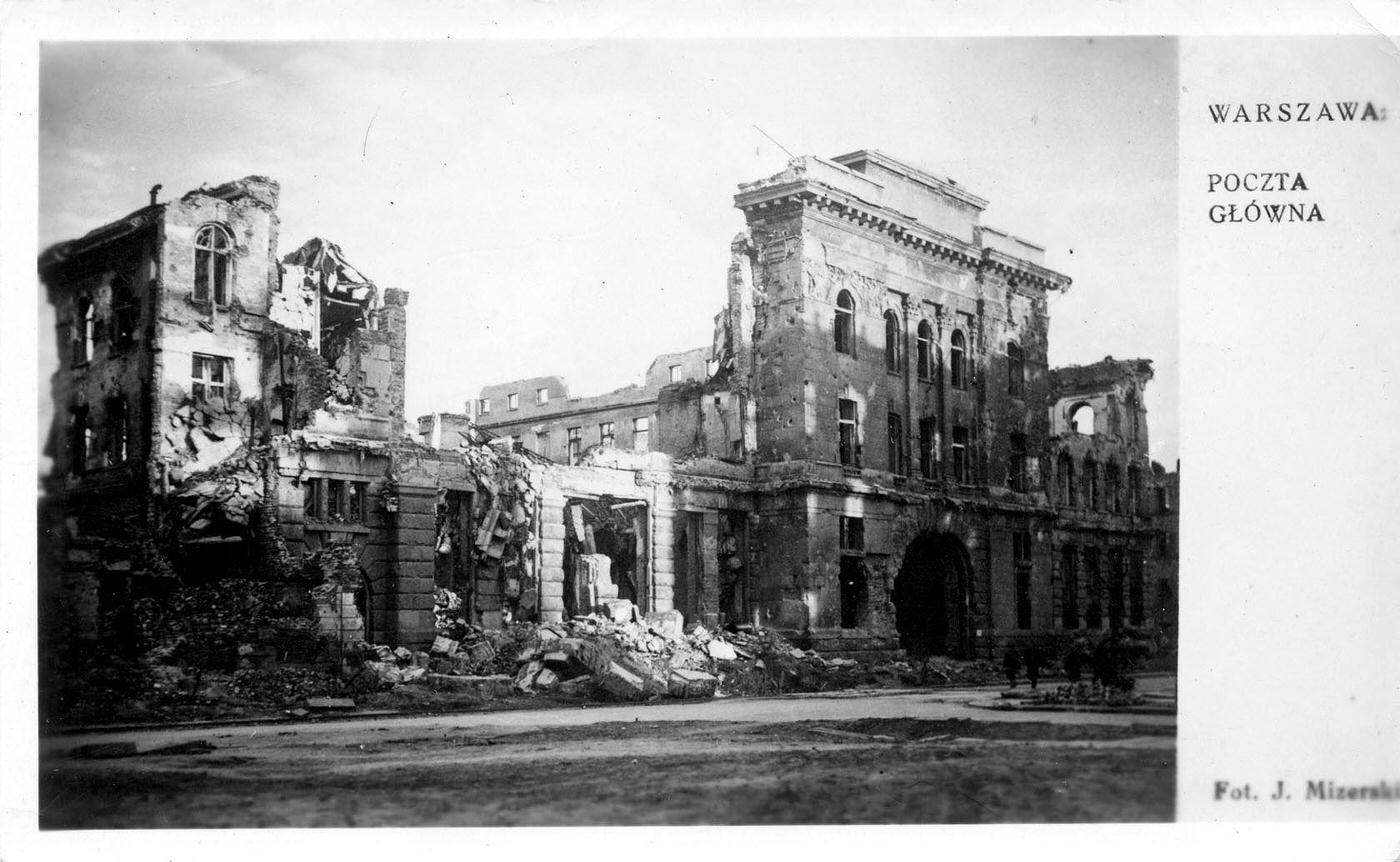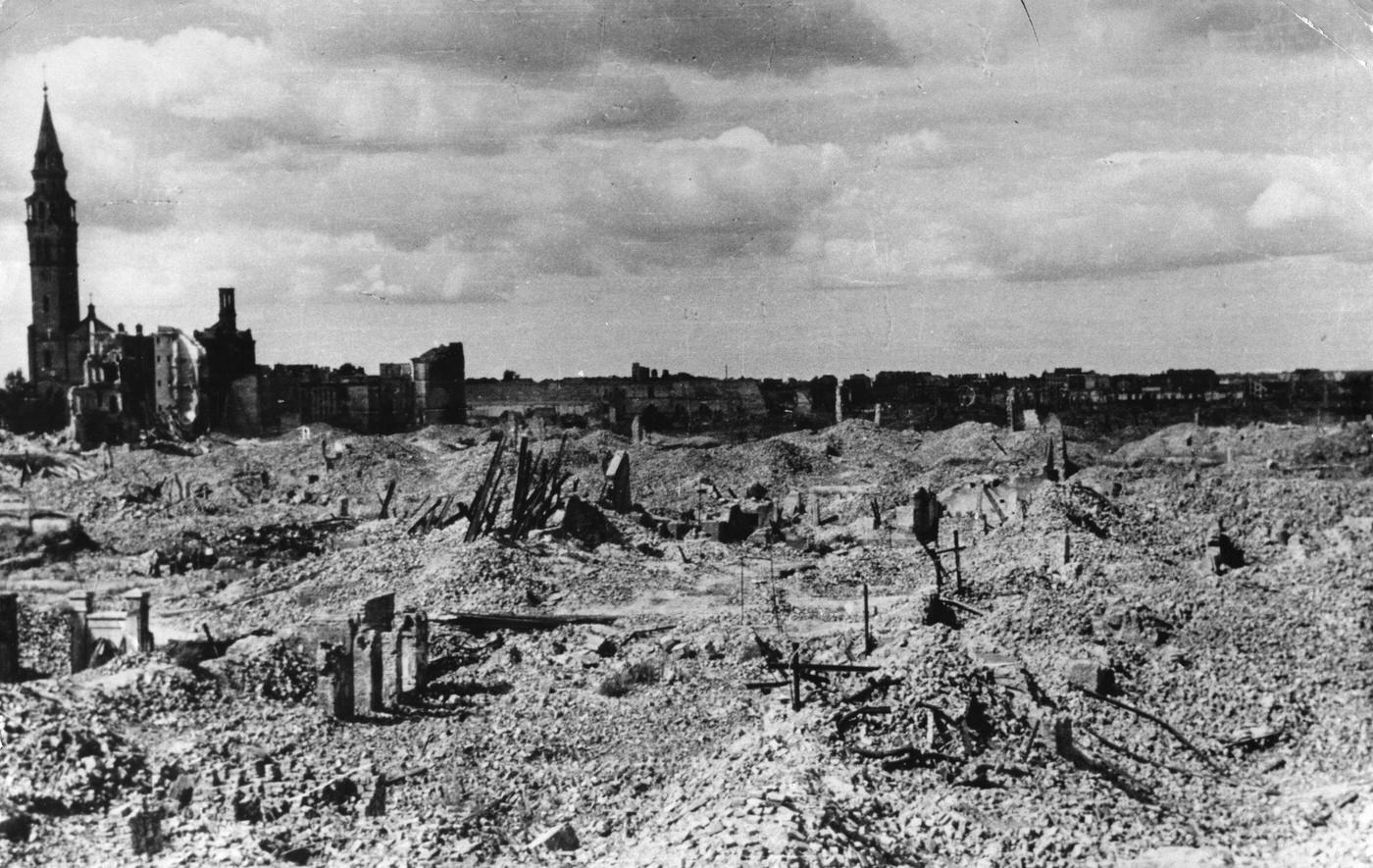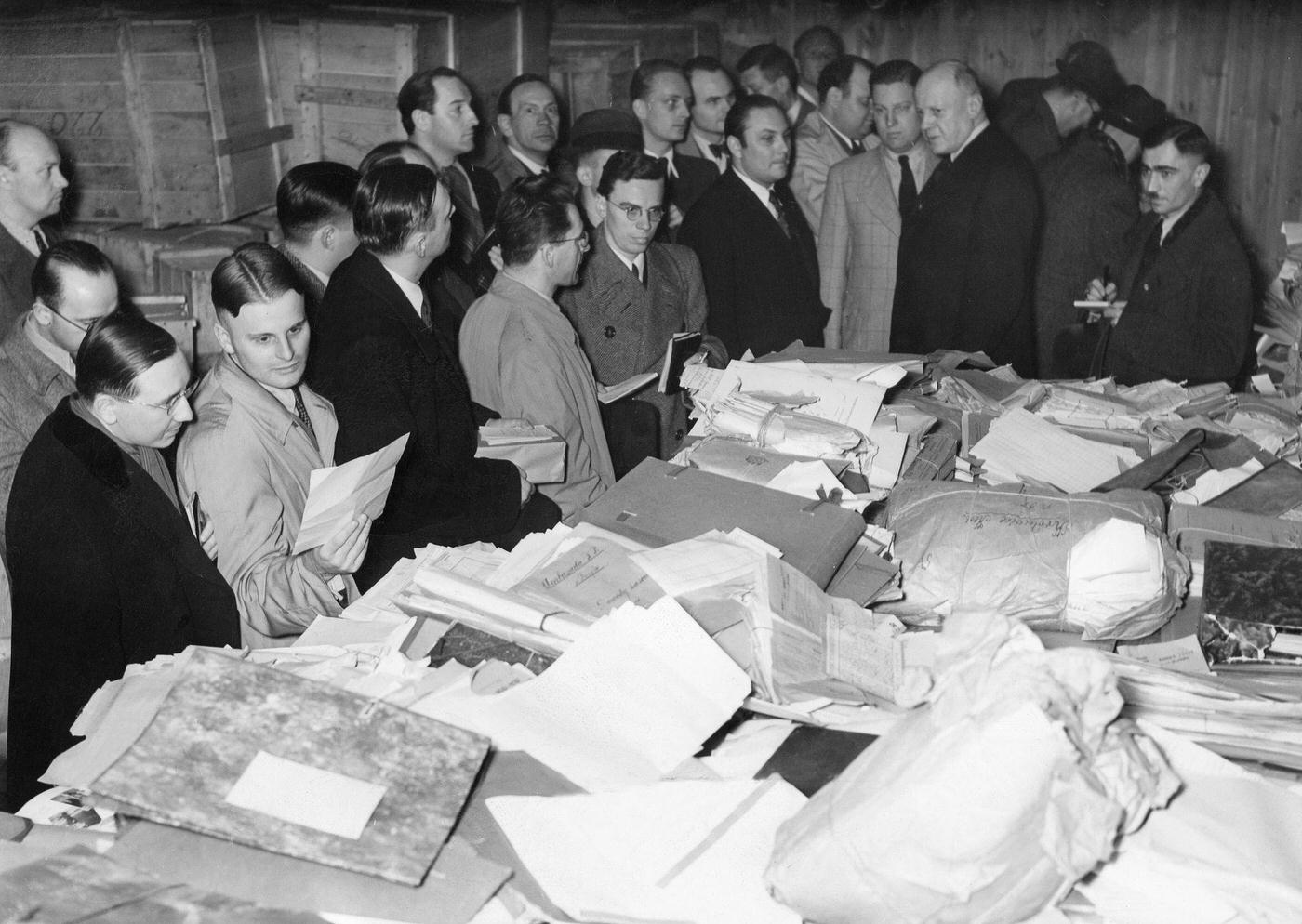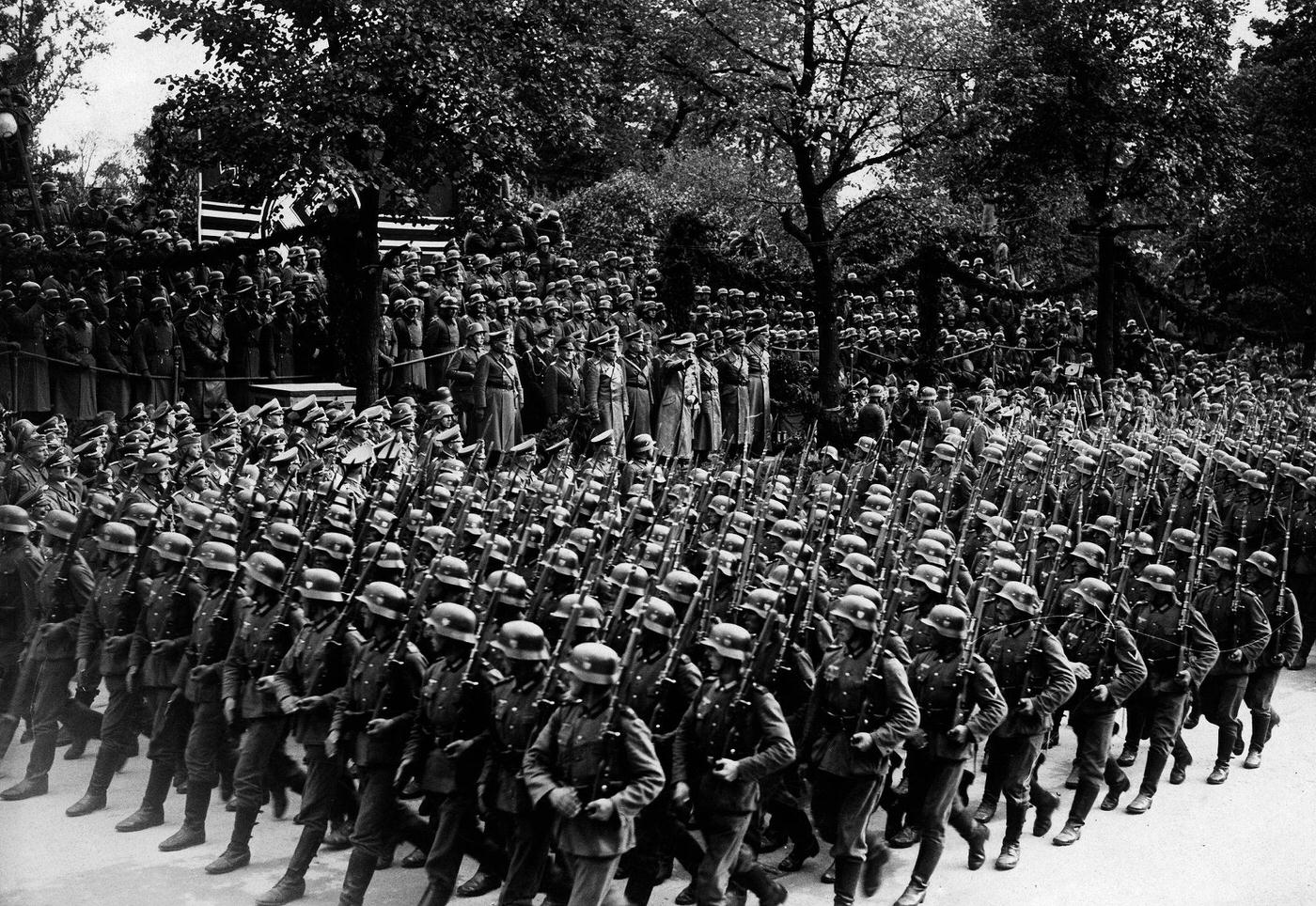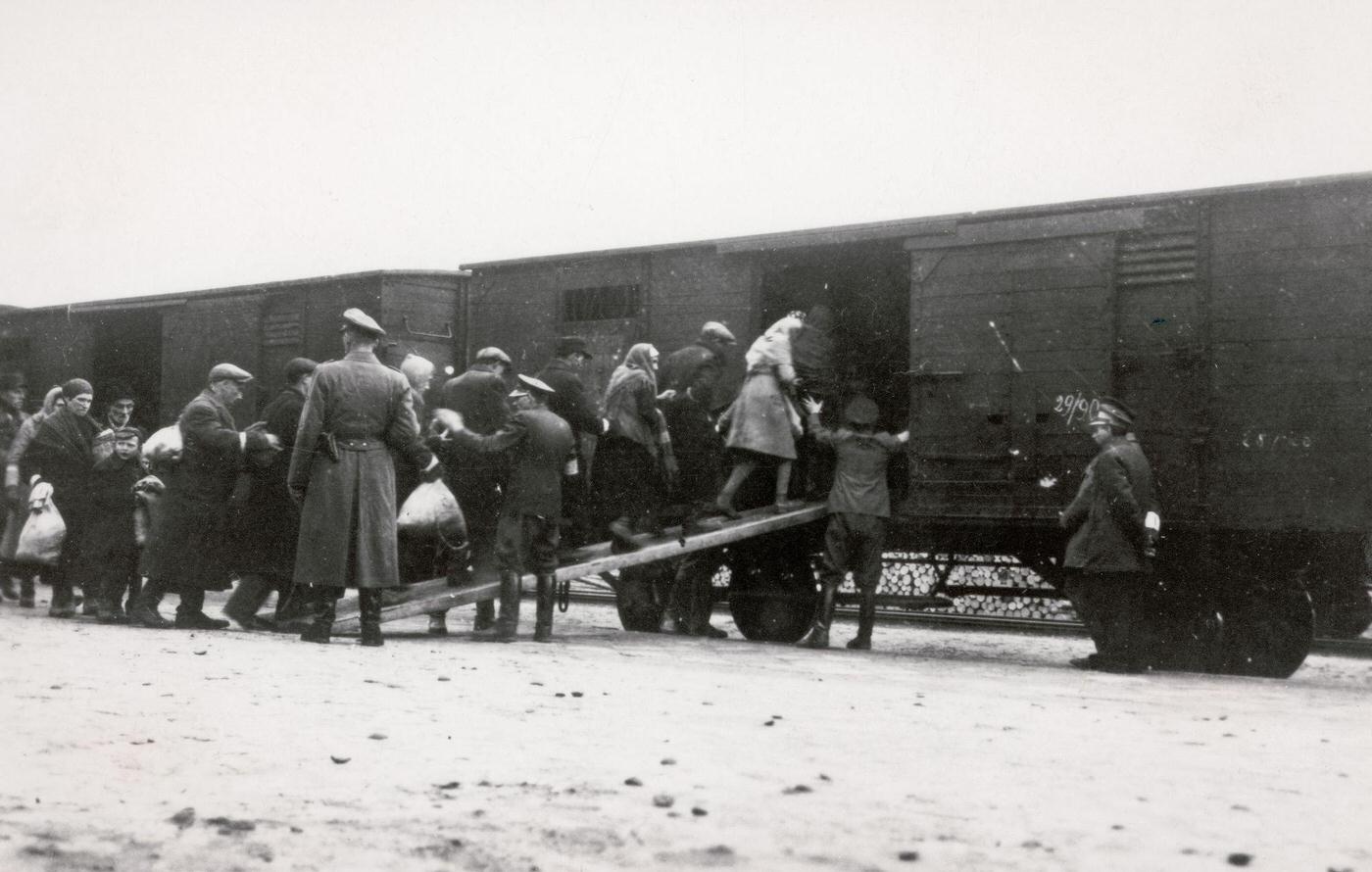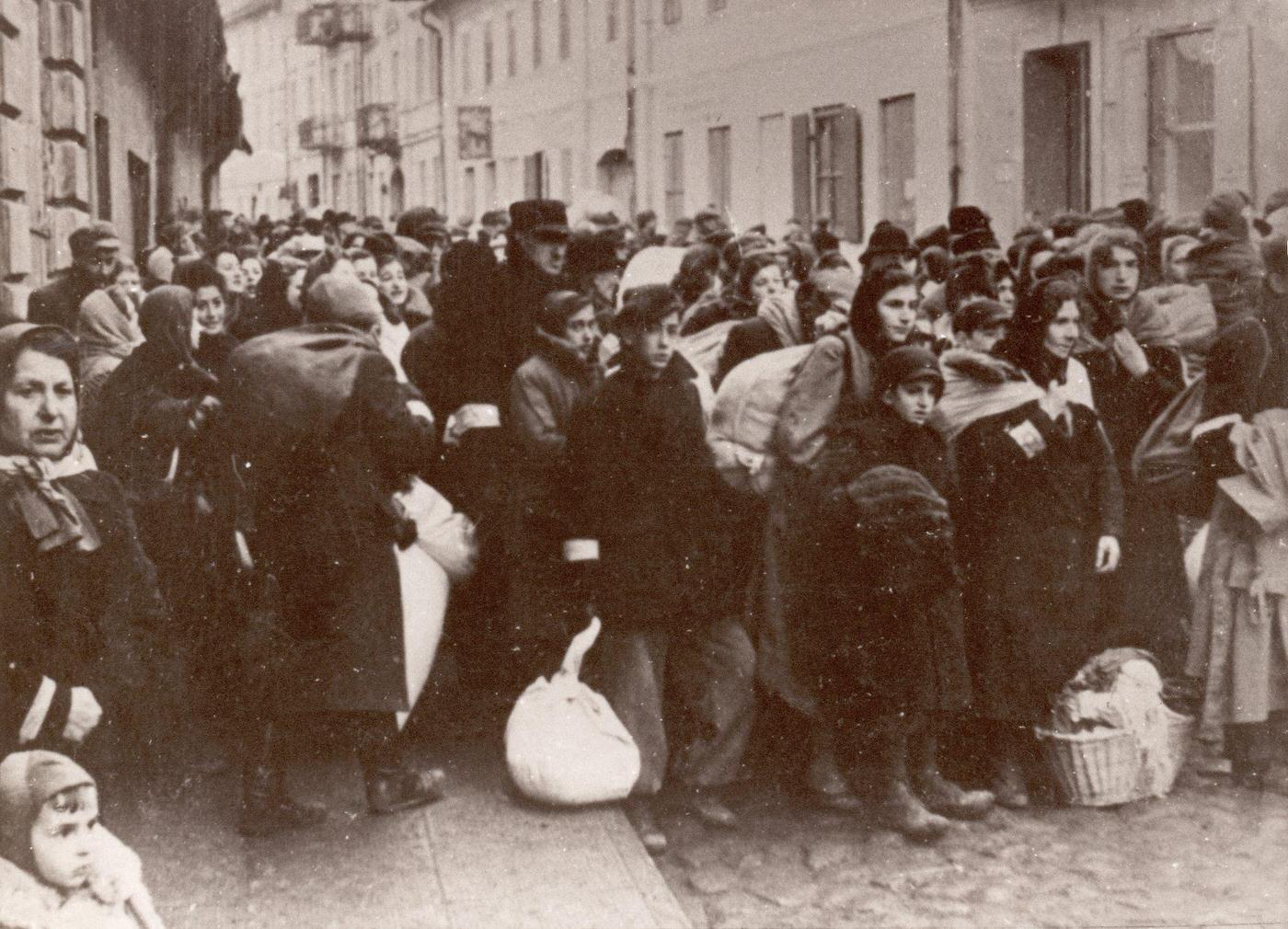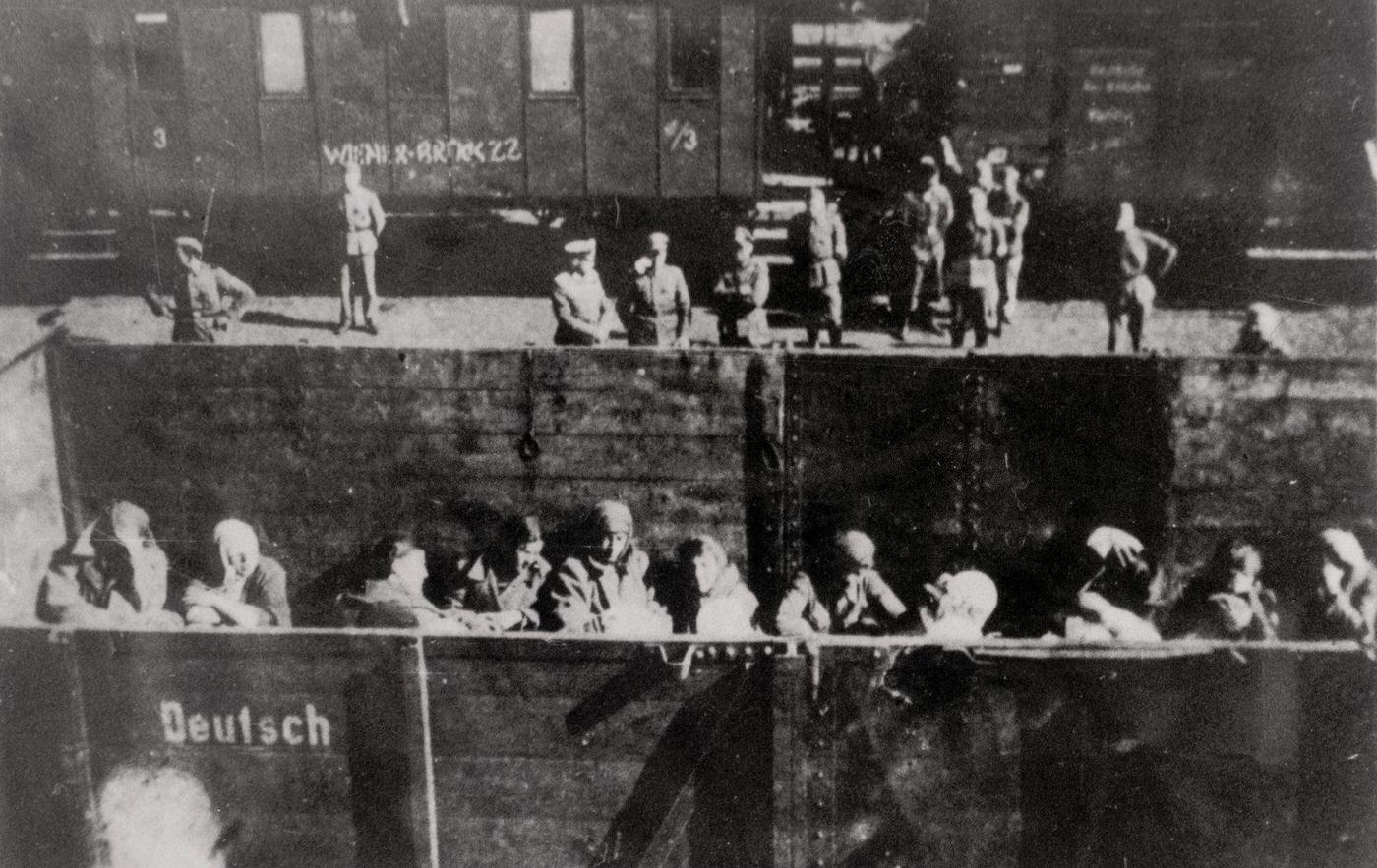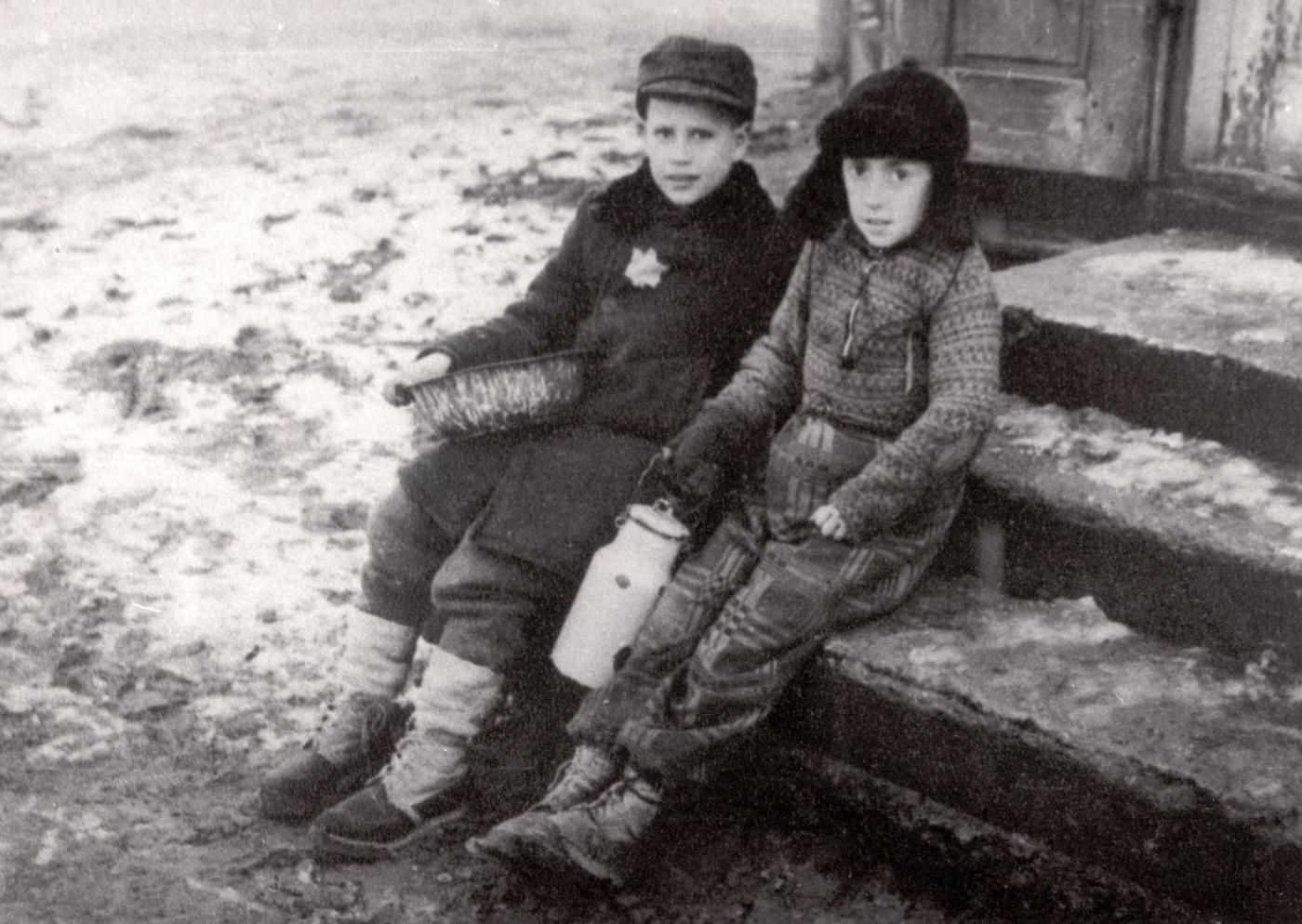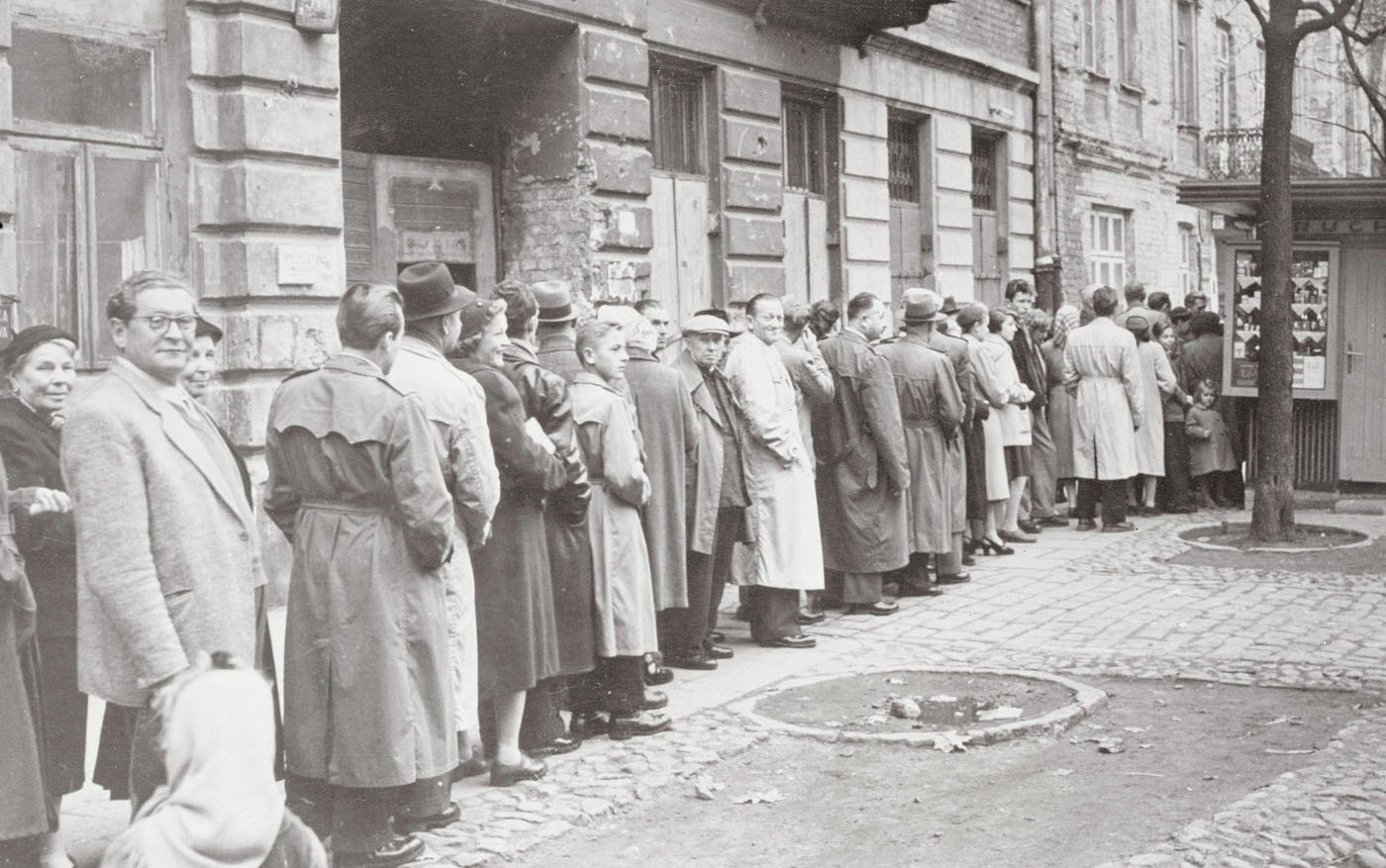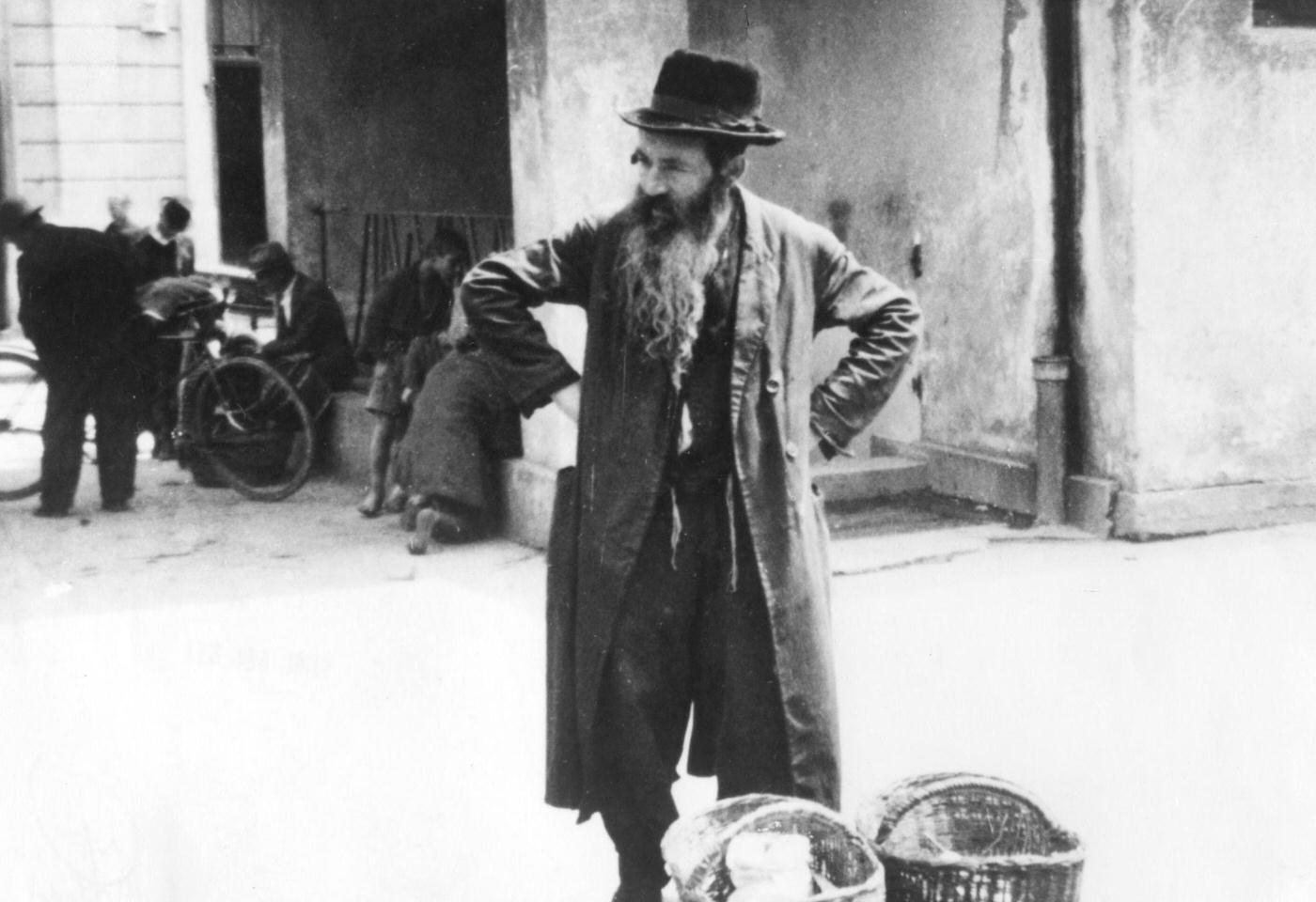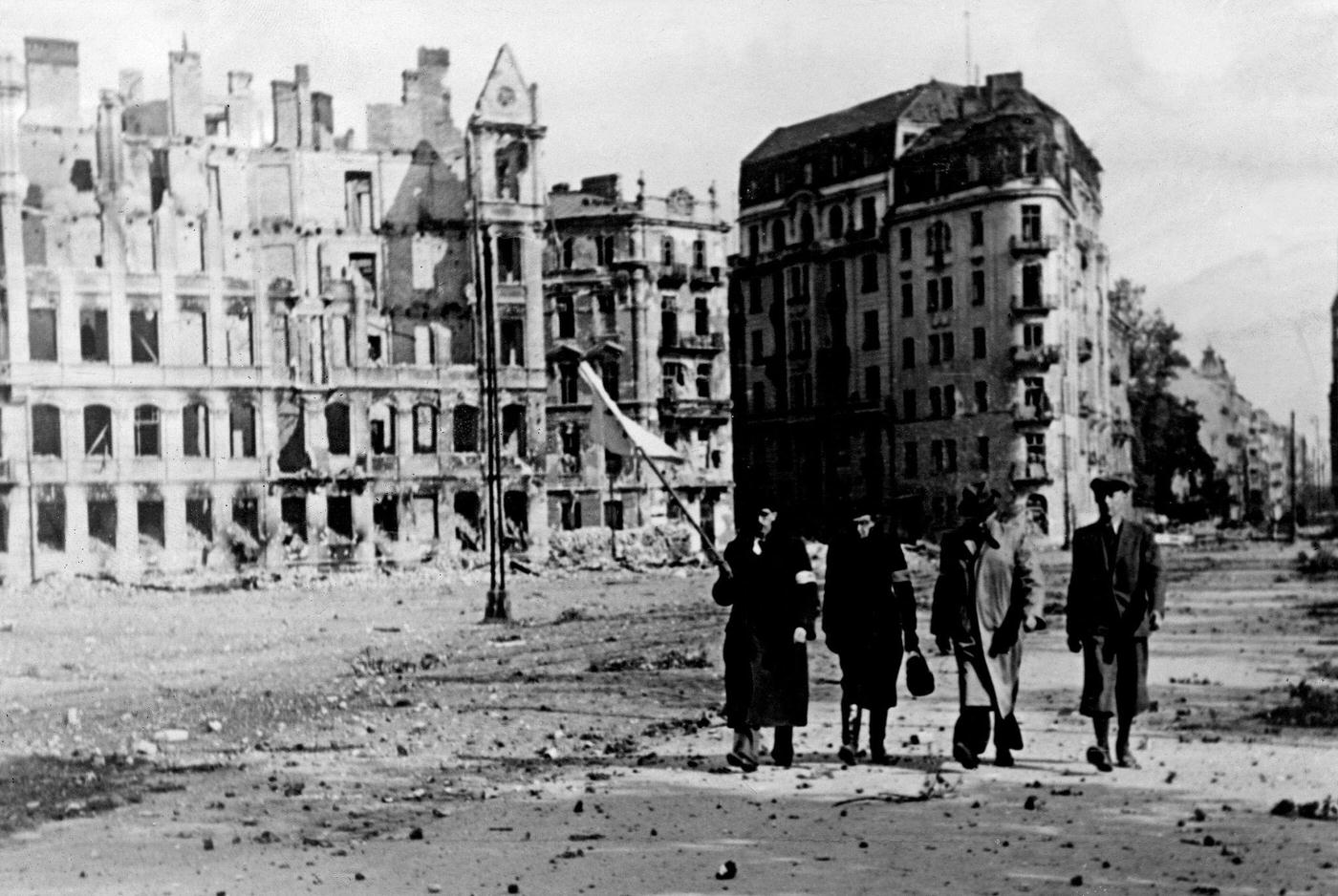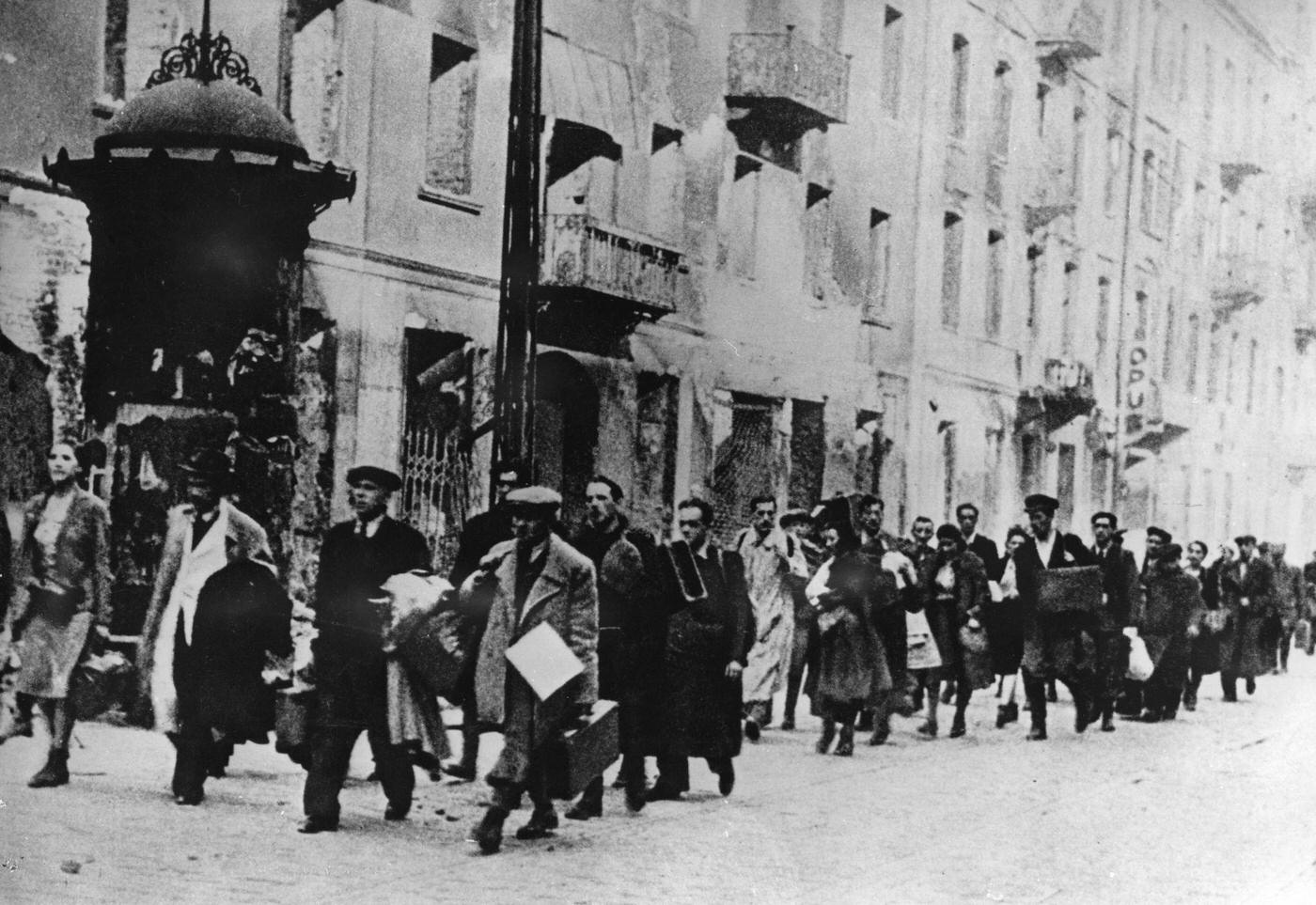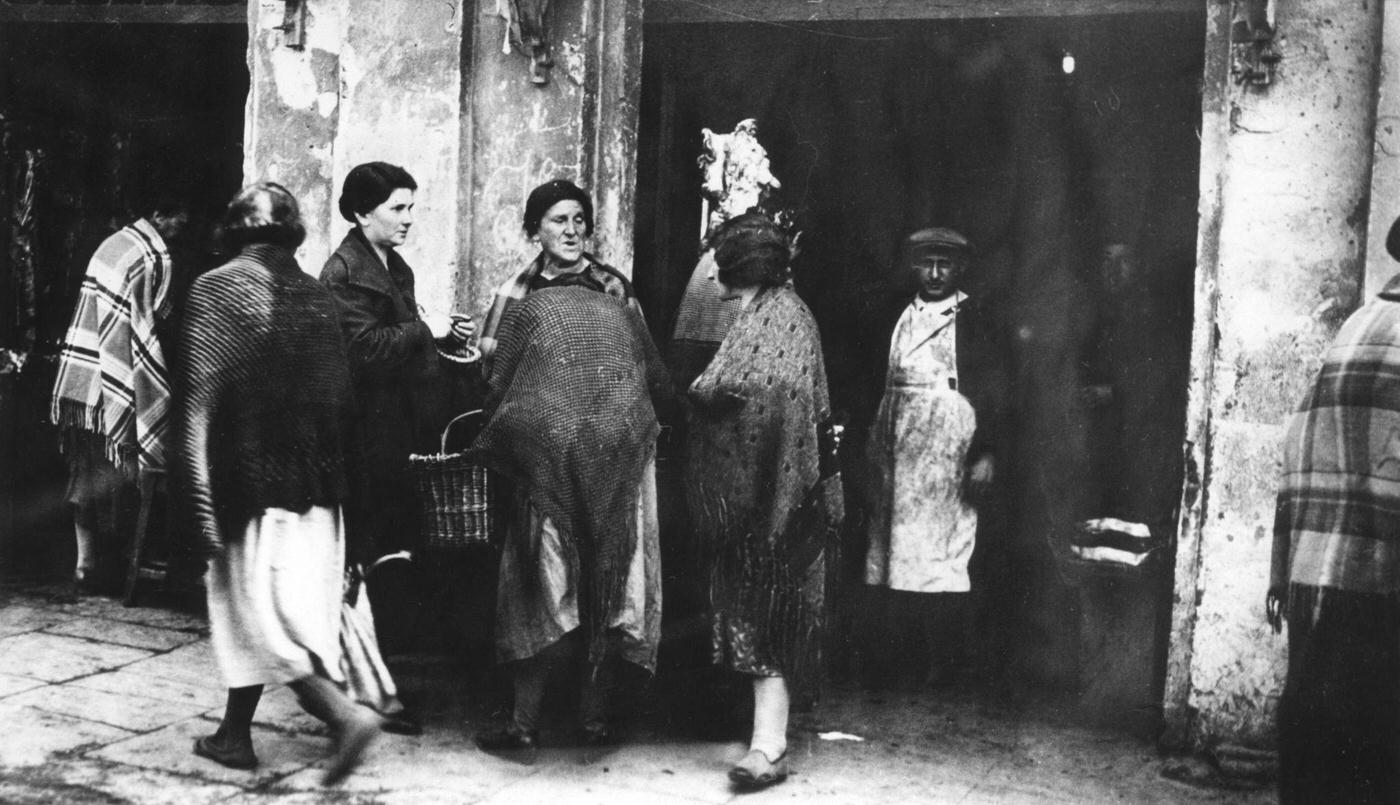The Warsaw Uprising was a military operation launched by the Polish resistance during World War II. It began on August 1, 1944, as the Soviet Red Army was approaching the city. The goal of the uprising was to liberate Warsaw from German occupation and establish a Polish government before the Soviet Union could take control. The Polish resistance, known as the Home Army, had been preparing for the uprising for months. They had stockpiled weapons and supplies and had made plans to take control of critical buildings and infrastructure in the city. However, the Home Army was vastly outnumbered and outgunned by the German forces in the city.
Preparation for the Uprising
The preparation for the Warsaw Uprising began in early 1944, as the Soviet Red Army was approaching the city. The Polish resistance, known as the Home Army, began to make plans to liberate the city from German occupation. The Home Army was led by General Tadeusz Bór-Komorowski and had around 50,000 fighters at its disposal. The Home Army began to stockpile weapons and supplies in secret, including small arms, grenades, and explosives. They also made detailed plans for the operation, including maps of the city and plans for taking control of key buildings and infrastructure. The resistance fighters also received training in urban warfare in preparation for the battle to come.
The operation was launched on August 1, 1944, with the resistance fighters moving into the city center and quickly seizing control of key buildings and infrastructure. The initial stages of the operation were successful, with the resistance fighters managing to gain control of much of the city center and cutting off German communication lines. However, the Germans quickly regrouped and began counterattacking, using tanks and heavy artillery to retake the city. The resistance fighters were outmatched and outgunned, and they began to suffer heavy casualties. Despite this, they continued to fight, using hit-and-run tactics and making use of the city’s sewers and underground tunnels to move around. The resistance fighters also set up a number of strongpoints throughout the city, where they held off German attacks. These strongpoints included the Old Town, Wola, and Czerniaków. However, the Germans were able to retake these areas, one by one, using heavy artillery and tanks. After 63 days of fighting, the resistance fighters were forced to surrender on October 2, 1944. The remaining civilians in the city were either killed or deported to concentration camps. The Germans then proceeded to destroy the remaining parts of the city. The operation was a failure in the military sense, but it was a symbol of Polish resistance and bravery.
Aftermath of Warsaw Uprising
The aftermath of the Warsaw Uprising was devastating for the city and its inhabitants. The city was left in ruins, with much of it destroyed or heavily damaged. Thousands of civilians and resistance fighters were killed, and many more were captured or deported. The German reprisals were severe, and the population of the city was greatly reduced by the end of the war. The Warsaw Uprising was a tragic but heroic episode in Poland’s history, and it is still remembered and honored today.
Casualties and Loses
The casualties and losses from the Warsaw Uprising were significant on both sides. The resistance fighters, known as the Home Army, suffered heavy casualties during the 63-day operation. It is estimated that around 16,000 Home Army fighters were killed during the uprising, with another 6,000 captured or missing. Many of these fighters were young and inexperienced, and they were outmatched and outgunned by the German forces.
In addition to the casualties among the resistance fighters, the civilian population of Warsaw also suffered greatly during the uprising. It is estimated that around 200,000 civilians were killed during the operation, with another 500,000 being deported or forced to flee the city. Many of these deaths were a result of the German policy of destroying the city, which included bombing, artillery attacks, and mass executions of civilians.
The Germans also suffered casualties during the operation, although the exact numbers are not known. It is estimated that around 6,000 German soldiers were killed during the operation, with another 9,000 being wounded.
The loss of the city was significant, too, after the operation, the Germans proceeded to destroy the remaining parts of the city, leaving it in ruins. The majority of the buildings were destroyed or heavily damaged, and many of the city’s historical sites and landmarks were also destroyed. The damage to the city was so extensive that it was said that Warsaw had to be rebuilt almost from scratch after the war.
In addition to the human and physical losses, the Warsaw Uprising also had a significant impact on the political and social landscape of Poland. The rising has been considered a turning point in the war, and it was one of the most significant uprisings in occupied Europe during World War II. It demonstrated the determination of the Polish people to fight for their freedom and independence, and it is still remembered and honored today as a symbol of Polish resistance and heroism.
#1 The Victoria Hotel on Jasna Street was in insurgent hands within the first hour of the uprising and soon became their headquarters.
#2 A machine gun crew on the balcony of a townhouse on Aleje Jerozolimskie.
#3 A Polish partisan carrying a Błyskawica submachine gun and a radio.
#4 A Polish partisan from Anna company of the Gustaw battalion, throwing a grenade towards German positions.
#5 A Polish partisan in shooting position.
#6 A Polish partisan of the Baszta battalion on the move.
#7 A Polish partisan on the first day of the uprising.
#8 A Polish partisan reading an insurgent newspaper.
#9 A Polish sniper on a rooftop overlooking the Ewangelicki cemetery in Warsaw, 2nd August 1944.
#10 A street kitchen on Czackiego Street.
#11 A wounded civilian.
#12 A wounded Polish partisan heading to Krasińskich Square to escape from the Old Town via the sewers.
#13 A young girl collecting water.
#14 A German POW having his head shaved in the PKO building.
#15 An insurgent patrol in Czerniaków.
#16 Boy scouts delivering insurgent newspapers in the Powiśle district.
#17 Cameramen filming on Marszałkowska Street during heavy German bombing.
#18 Checking for German snipers on Aleje Jerozolimskie.
#19 Children will still play at soldiers, even in the most terrible of circumstances.
#20 Citizens fleeing to the city centre.
#21 Citizens of Warsaw evacuating the city during the daytime ceasefire on the first 2 days of October 1944.
#22 Citizens of Warsaw evacuating the city during the daytime ceasefire.
#23 Civilians looking for shelter.
#24 German POWs from the PAST, a building in the courtyard of a townhouse on Zielna Street.
#25 German POWs.
#26 Girl from Anna Company of the Gustaw battalion reading a book amid the rubble on Ślepa Street in the Old Town.
#27 Help for the wounded.
#28 Local residents abandoning the Wola district of Warsaw and heading towards the city center.
#29 Man firing at German positions from Piusa XI Street using a grenade launcher.
#30 Members of the Kiliński battalion taking a break.
#31 Members of the Polish Red Cross are blindfolded before being allowed to cross German lines for negotiations about allowing civilians to evacuate Warsaw.
#32 A mother feeding her young daughter in a building on Sienna Street.
#33 People crossing Wielka Street behind a barricade under fire from Germans.
#34 Polish partisans entering a building through a hole in the wall.
#35 Polish partisans exchanging fire with the Germans on Miodowa Street.
#36 Polish partisans from the Pięść battalion crossing Chłodna Street in the Wola district.
#37 Polish partisans in position behind a barricade on Mazowiecka Street.
#38 Polish partisans in shooting position behind a barricade.
#39 Polish partisans of the Chrobry II group.
#40 Polish partisans of the Koszta Company on patrol at the crossroads of Sienkiewicza Street and Marszałkowska Street.
#41 Polish partisans preparing to leave Warsaw.
#42 Polish partisans reading a German propaganda leaflet urging them to surrender.
#43 Residents of the Wola district being herded into a local church (św Wojciecha) prior to being evacuated from Warsaw.
#44 Residents of the Wola district being marched down Wolska Street after being expelled from their homes.
#45 People on Śniadeckich Street.
#46 The forced expulsion of Warsaw’s civilian population after the capitulation.
#47 The Prudential building was Warsaw’s tallest skyscraper and was hit by approximately 1000 artillery shells during the uprising (it remained standing until the end).
#48 The wedding of a couple of the Kiliński battalion, in a temporary chapel at 11 Moniuszki Street.
#49 Women preparing food.
#50 Women seeking information about their families after being deported to Pruszków.
#51 Young insurgents on Sienkiewicza Street in central Warsaw.
#52 Young insurgents playing chess on streets.
#53 A Polish partisan surrendering his gun.
#54 Soldiers of the 1st Polish Armoured Division form a triumphant procession through the streets of Breda in the Netherlands, after liberating the city from the Germans during World War II.
#55 Trainstation of the concentration camp Auschwitz/Birkenau. Poland.
#56 Belongings of deported Jews is searched for valuables, 1944
#57 Examining tzitzit, Lemberg Ghetto, USSR, 1941
#58 Lemberg, formerly part of Poland, was captured by the Soviet Union in 1939.
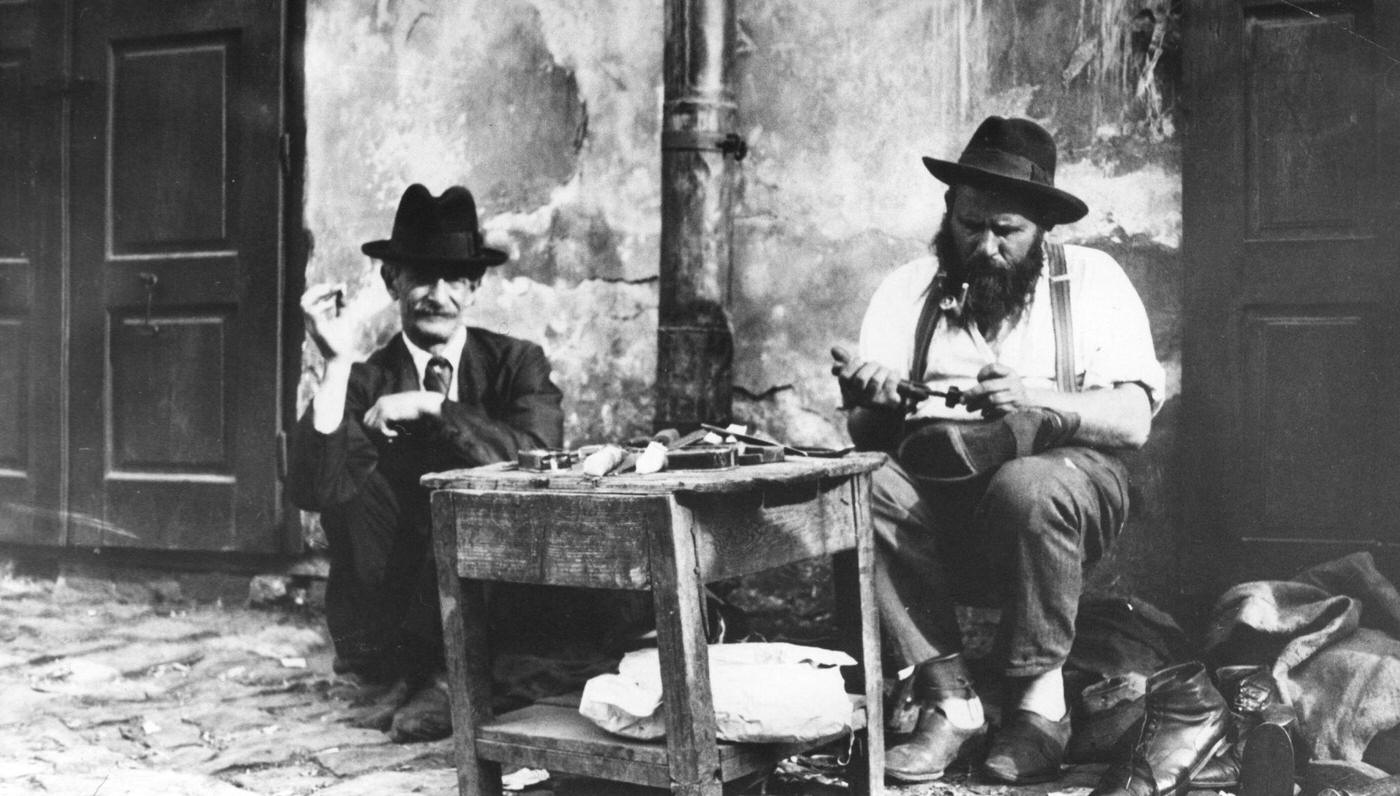
During World War II, Nazi Germany established a ghetto in 1941 in a city it occupied. The city, which was later renamed L'viv and is also known as Lwow or Lvov, is now located in Ukraine. The Jewish community in the city was largely eradicated, with numerous individuals sent to the Belzec concentration camp.
#59 Stettin is a Baltic city and seaport situated on the Oder River. It was once a part of Germany, but after World War II, it was transferred to Poland.
#60 In World War II, the Jews in Lodz Ghetto, Poland were made to wear badges with the Star of David on them. The Nazis had confined them to cramped ghettos and deported thousands to death camps.
#61 Polish ghetto, Vilna, 1940
#62 The “Poster” found among the ruins of Warsaw is written in German language and addressed to all Germans. It extends an invitation to a celebration organized by the Nazi party.
#63 Children and young adults in the Warsaw Ghetto, 1940
#64 Jewish Children in the Warsaw Ghetto, 1940
#65 WWII aftermath: damage to Warsaw, Poland, 1940
#66 After the brave resistance in April 1943, the Warsaw Ghetto was reduced to nothing but rubble and scorched earth. This photo depicts the state of the Warsaw Ghetto around 1943.
#67 Rebellion in the Ghetto Warsaw
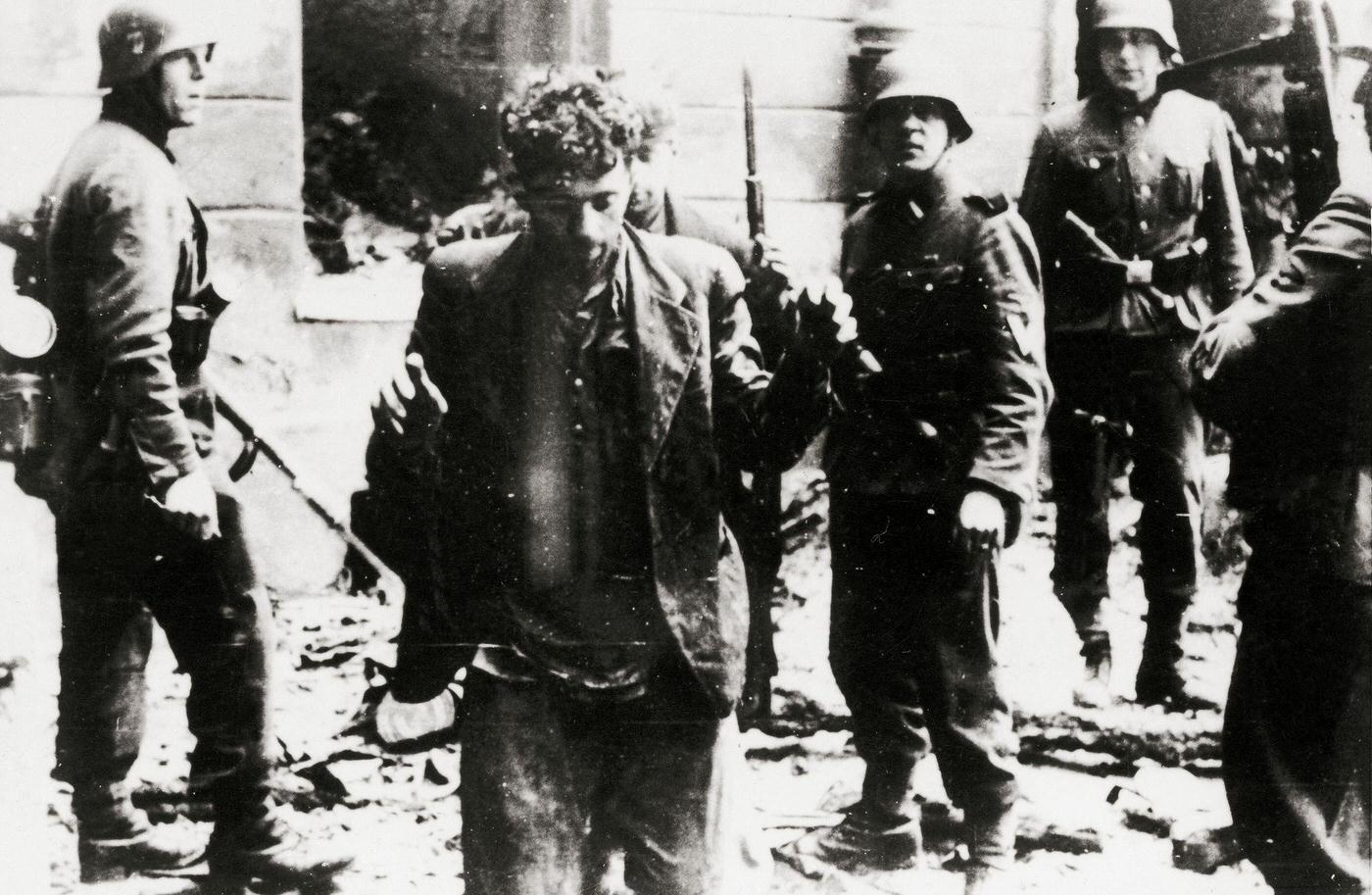
This photograph, taken from the album of the SS-Gruppenführer Jürgen Stroop, shows a Jewish rebel leaving a house in the Warsaw Ghetto during the April/May 1943 rebellion. The rebel is seen with their hands raised as the German soldiers, who have captured the building, surround them.
#68 This photograph shows journalists examining documents belonging to the Polish secret service that were captured at the Polish Ministry of Foreign Affairs in Warsaw.
#69 This photograph captures soldiers marching in front of Adolf Hitler on Ujazdowski Avenue in Warsaw during World War II in Poland.
#70 This photograph shows Polish Jews being deported in cattle carriages from a “reloading point” in Warsaw.
#71 Jews waiting for the deportation
#72 Deportation of Polish Jews in open cattle carriages at the “reloading point” in Warsaw, on the platform German soldiers in Poland, 1944
#73 Two children in the snow covered Ghetto of Warsaw, 1944
#74 Richard Tucker Singing a Hebrew Lament
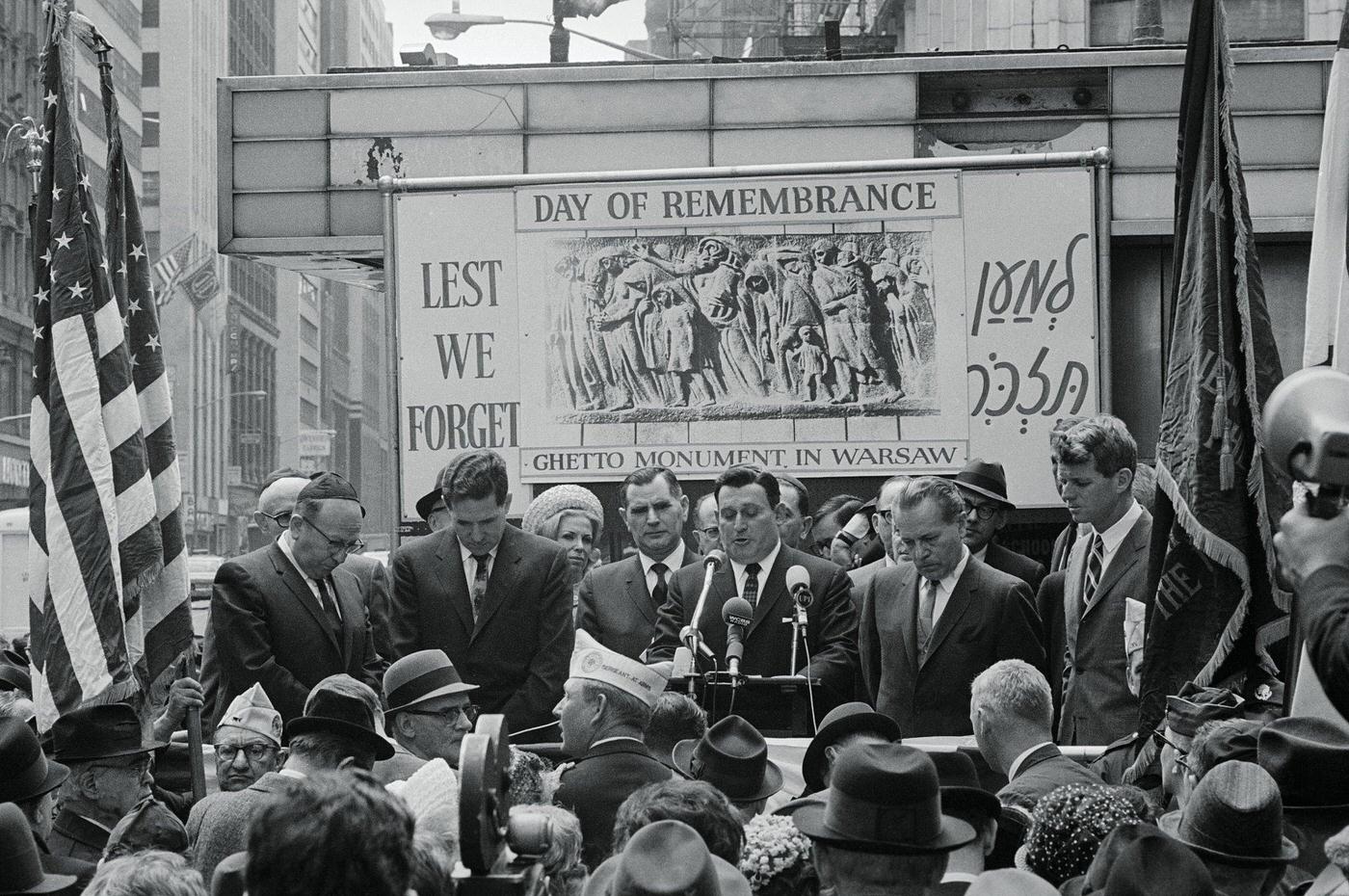
To mark the 22nd anniversary of the Warsaw Ghetto Uprising and commemorate the 60,000 Jews killed by Nazi forces in 1943, Richard Tucker performed as a street singer in Times Square. He sang the traditional Hebrew lament for the dead, El Mole Rachamin. Also present at the noon event was Senator Robert F. Kennedy, who addressed the crowd from the speaker's stand.


